
making change
For 50 years, the world’s icons and activists have made changes touching the lives of millions of women and girls. Today, people are more likely than ever before to enjoy reproductive rights and choices.
It is an extraordinary achievement, an inspiration to us all.
Celebrating the many contributions made is a fitting way to mark the 50th anniversary of UNFPA, the United Nations Population Fund, and the 25th anniversary of the landmark 1994 International Conference on Population and Development.
The people profiled here represent countless valiant others who have likewise made a difference. Many have energized the global movement for sexual and reproductive health and rights. Others are poised to carry it forward—with hope and determination for a future of rights and choices for all.
 © Whitney Curtis/Getty Images
© Whitney Curtis/Getty Images
In 1994, at the United Nations International Conference on Population and Development (ICPD), icons and activists from around the world mobilized behind an unprecedented global agreement, the ICPD Programme of Action. For the first time, 179 governments committed to social and economic development that upholds human dignity and empowers people to chart their own futures. The ICPD was the culmination of a global movement to uphold the basic right of all couples and individuals to freely and responsibly make their own decisions about the number and spacing of their children, and to have the information, education and means to do so.
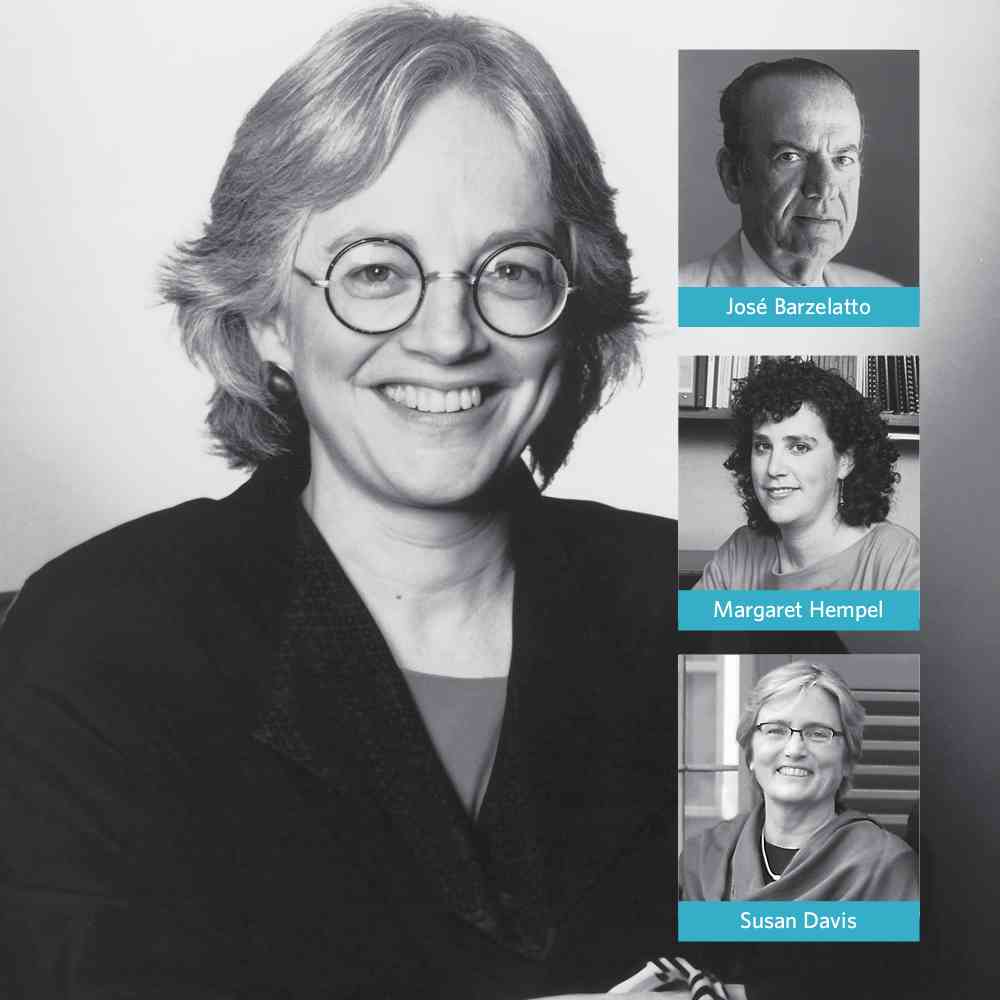
 © J.T. Miller, Gary Bogdon, Ford Foundation, Susan Davis
© J.T. Miller, Gary Bogdon, Ford Foundation, Susan Davis
Susan Berresford
Ford Foundation
Ultimately, we made a case to support the women’s movement.”
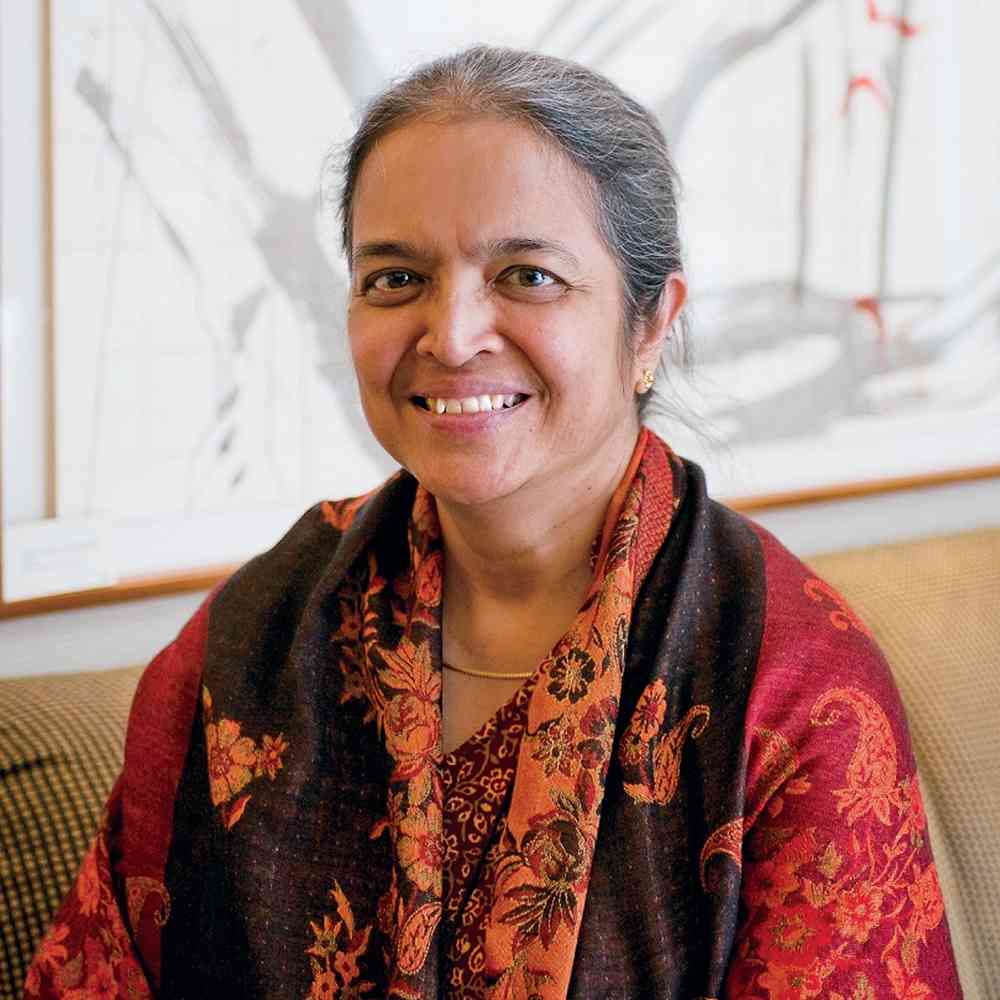
 © Suzanne Camarata
© Suzanne Camarata
Gita Sen
I think living the life of a woman drives me. I was aware of gender inequality even as a girl, when a lot was about controlling what girls could be and do. Later, when I could see how the structures of power and inequality work in entire societies and economies—well, there was no going back.”
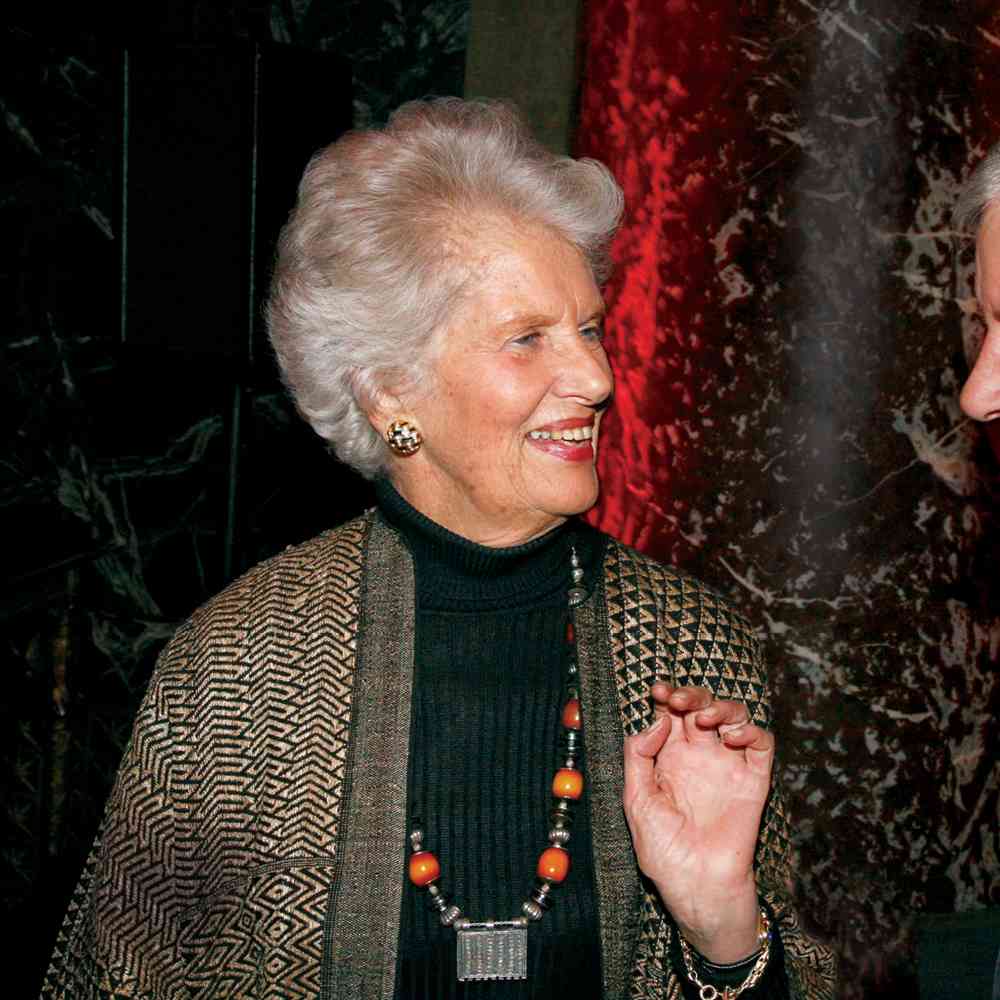
 © Amber de Vos/Patrick McMullan via Getty Images
© Amber de Vos/Patrick McMullan via Getty Images
Joan Marie Dunlop
The [Cairo] conference showed what is possible when the international community acts with goodwill and integrity to overcome differences.... The Programme of Action leads the way for new approaches to population and development, with women’s health, their empowerment, and rights at the centre.”
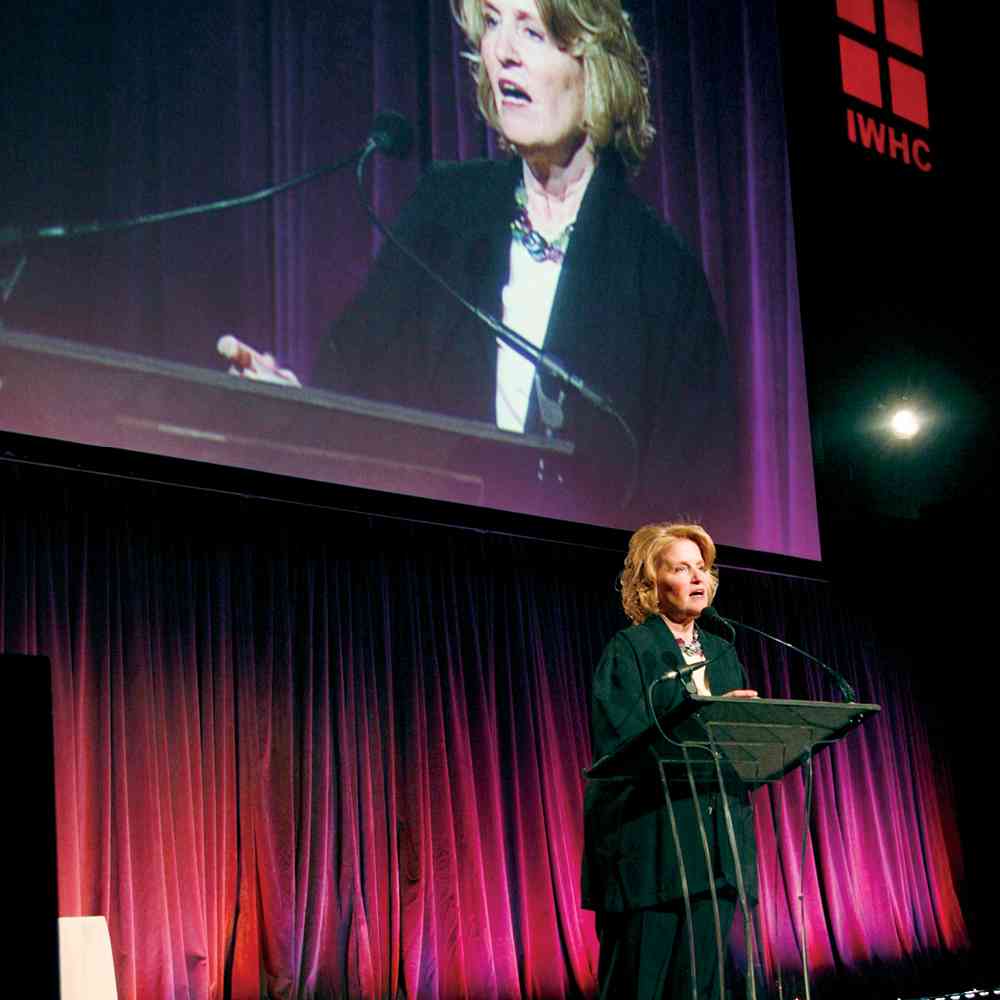
 © Patrick McMullan
© Patrick McMullan
Adrienne Germain
[At Cairo,] women, with supportive governments, transformed population policy to focus on the sexual and reproductive health and rights of women and adolescents. We changed the paradigm completely to address the realities of their lives.”
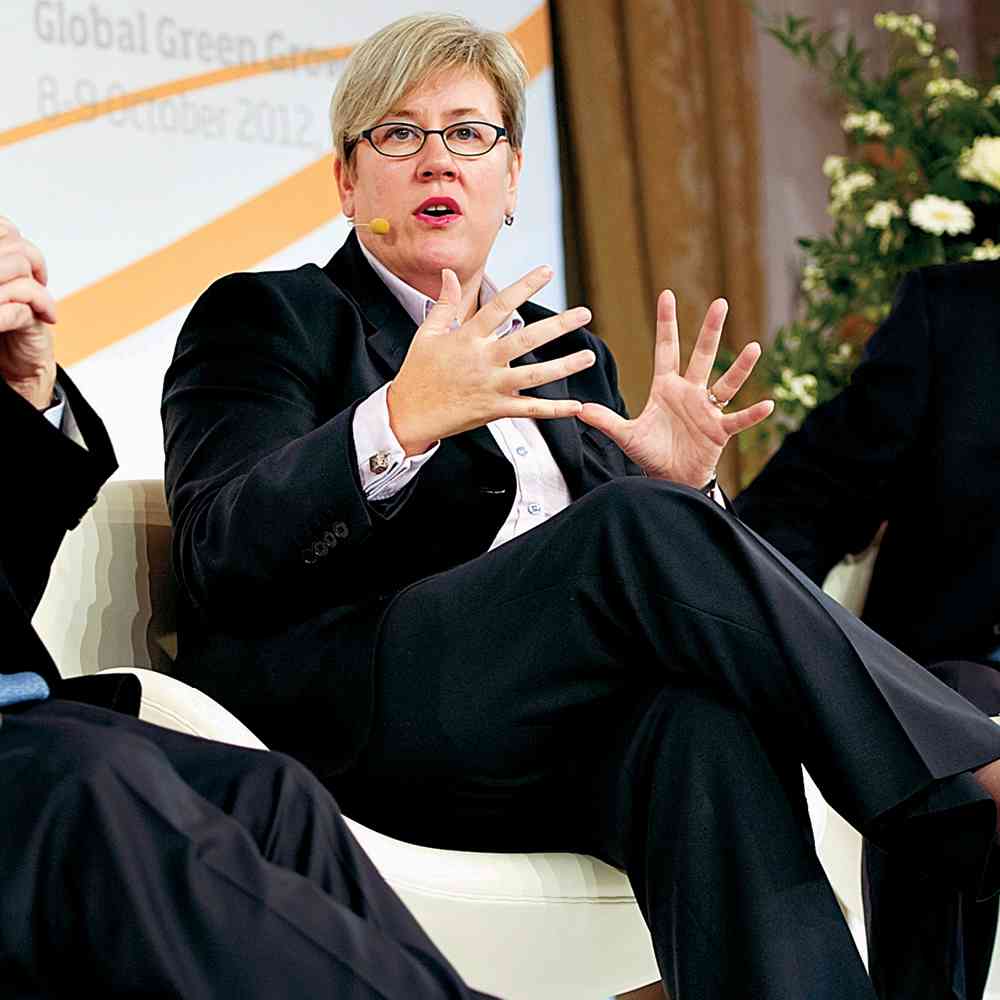
 © Keld Navntoft/AFP/GettyImages
© Keld Navntoft/AFP/GettyImages
Rachel Kyte
With technology available, financial innovation possible, funds pledged and smart policy proven to be effective, citizens must mobilize around not just making the case for why act, but around questioning their leaders on. ‘Why are you not acting NOW?’”
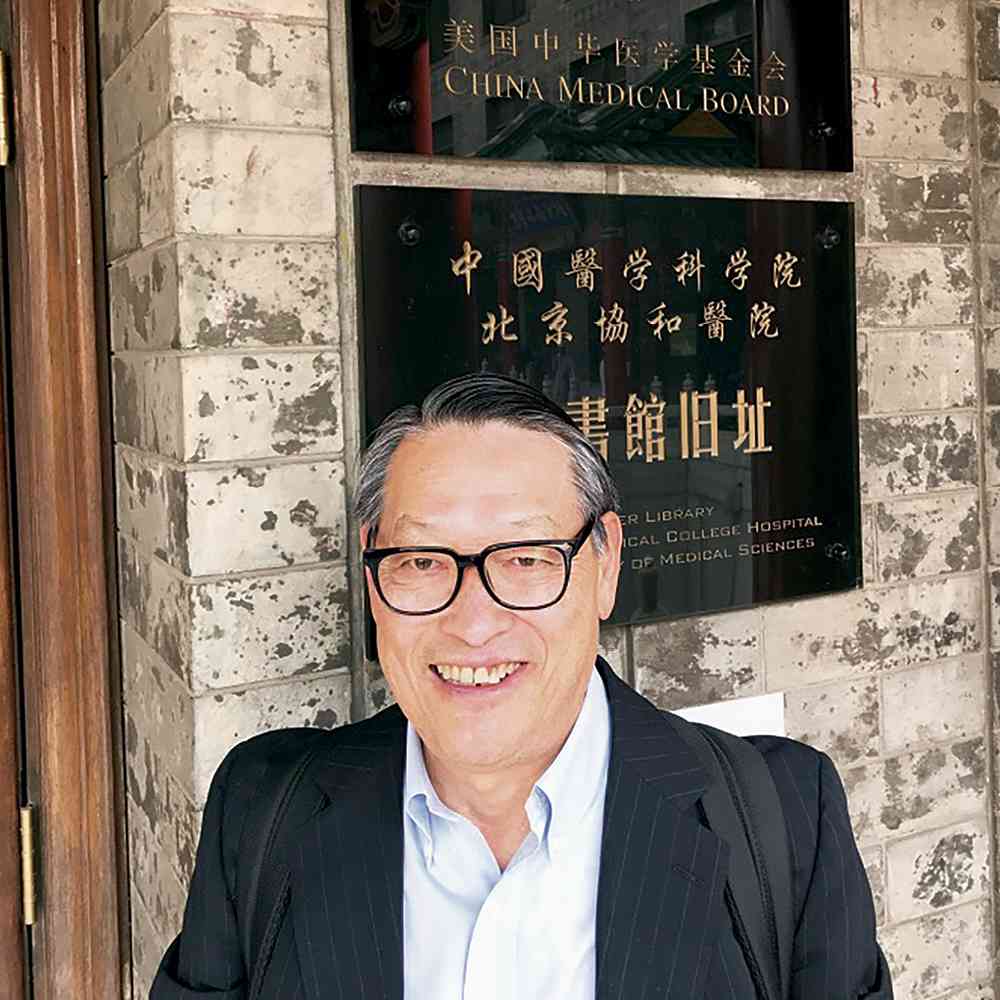
 © China Medical Board (CMB)
© China Medical Board (CMB)
Dr. Lincoln Chen
In periods of excellent philanthropic work… it was the people—the personalities, predilections, experiences, and viewpoints of trustees, staff, and colleagues—that arguably have made the difference. Money cannot create NEW IDEAS, nor, alone, translate ideas into action.”

 © J.T. Miller, Gary Bogdon, Ford Foundation, Susan Davis
© J.T. Miller, Gary Bogdon, Ford Foundation, Susan Davis
Susan Berresford
Ford Foundation
Ultimately, we made a case to support the women’s movement.”
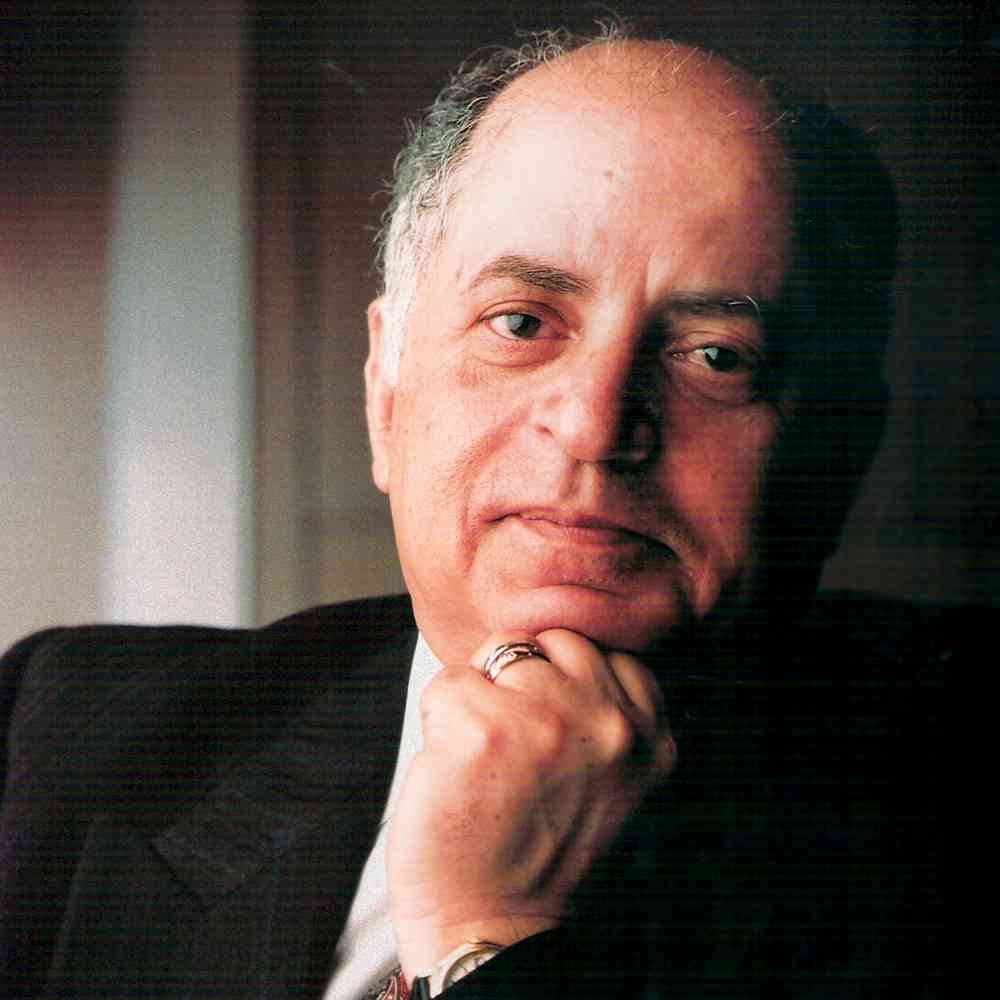
 © FIGO (International Federation of Gynecology and Obstetrics)
© FIGO (International Federation of Gynecology and Obstetrics)
Dr. Mahmoud Fathalla
Improvements in women’s health need more than what the health profession and the health service can offer. They need societal action that has long been overdue to correct injustices to WOMEN.”
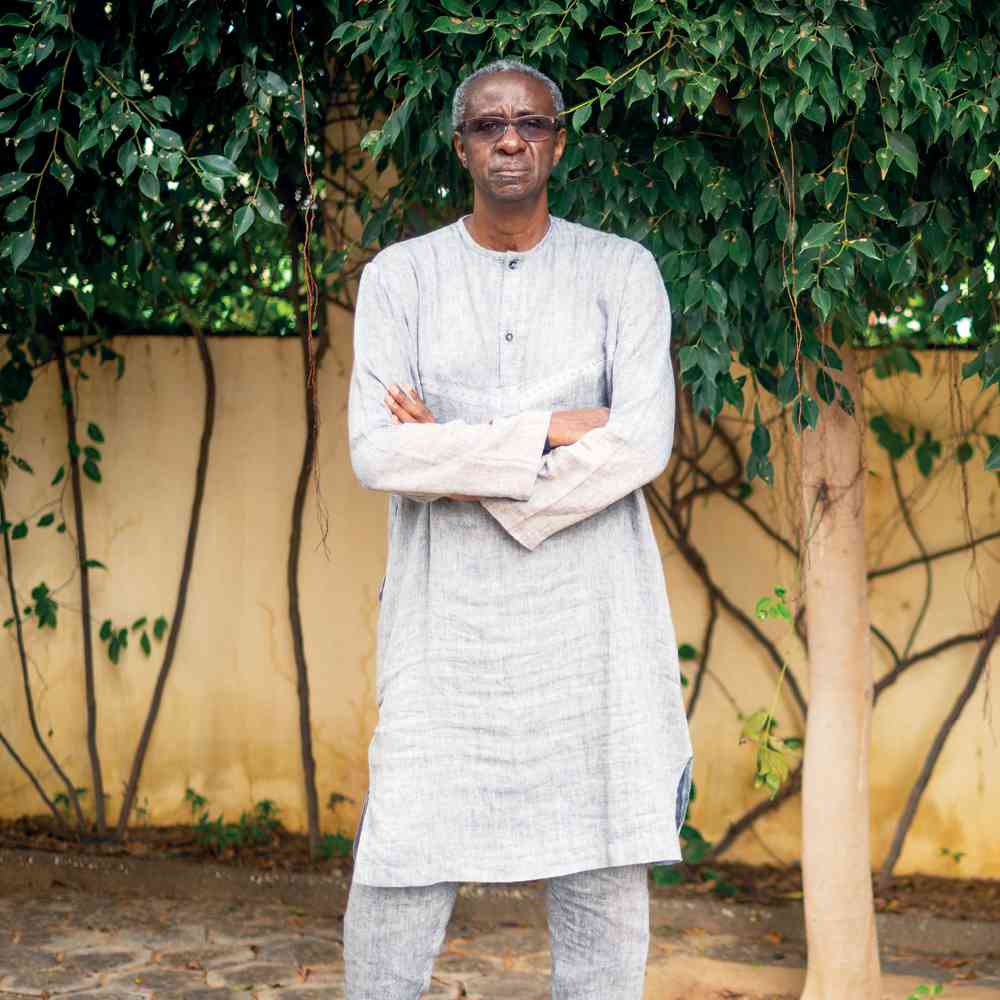
 © UNFPA/G. Bassinet
© UNFPA/G. Bassinet
Cheikh Mbacké
Investing in GIRLS AND WOMEN will increase the well-being of entire communities. I have spent much of my professional life uncovering the nuances in telling this evidence-based story.”
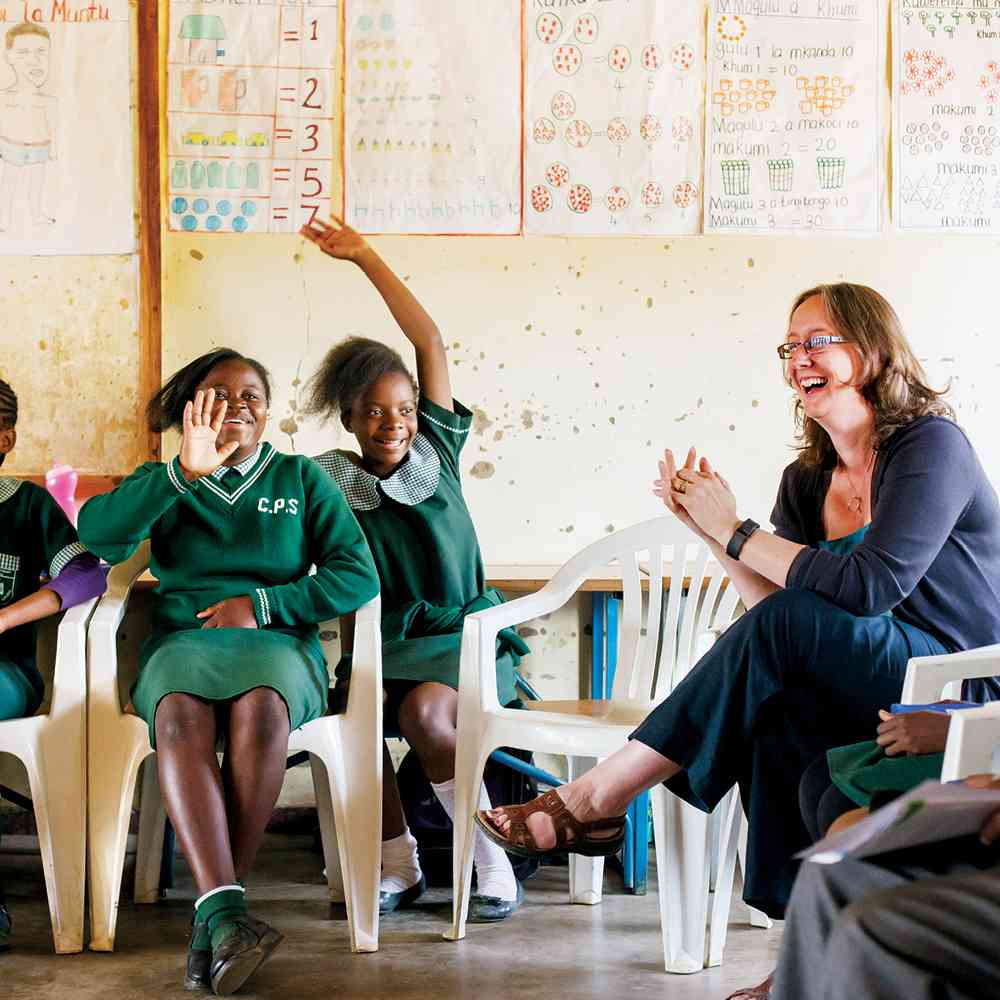
 © John Healy
© John Healy
Julia Bunting
All women and girls have the right, and must have the means, to decide freely and for themselves if and when to have children. Evidence shows us that when you give women and young people this right, their life chances are transformed.”
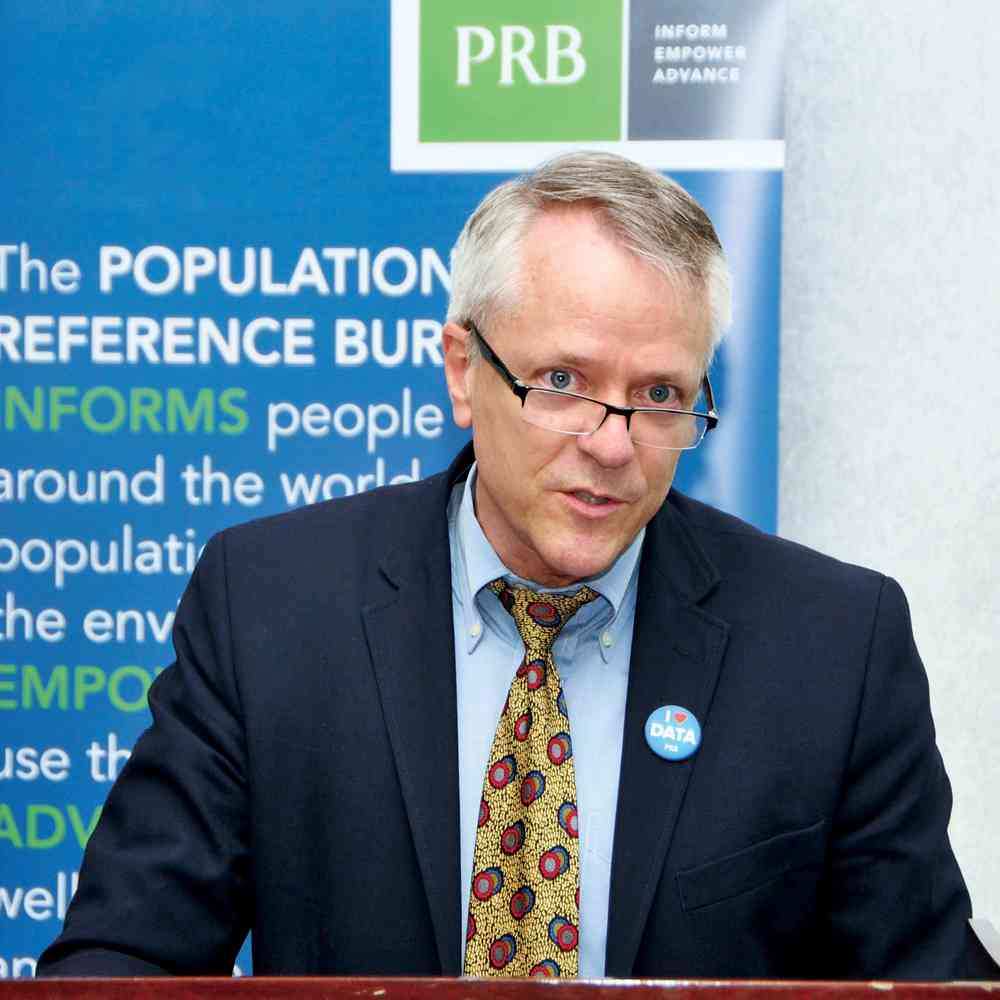
 © PRB
© PRB
Jeff Jordan
Many of those dedicated to improving the lives and well-being of others are hungry for SOLID EVIDENCE.”
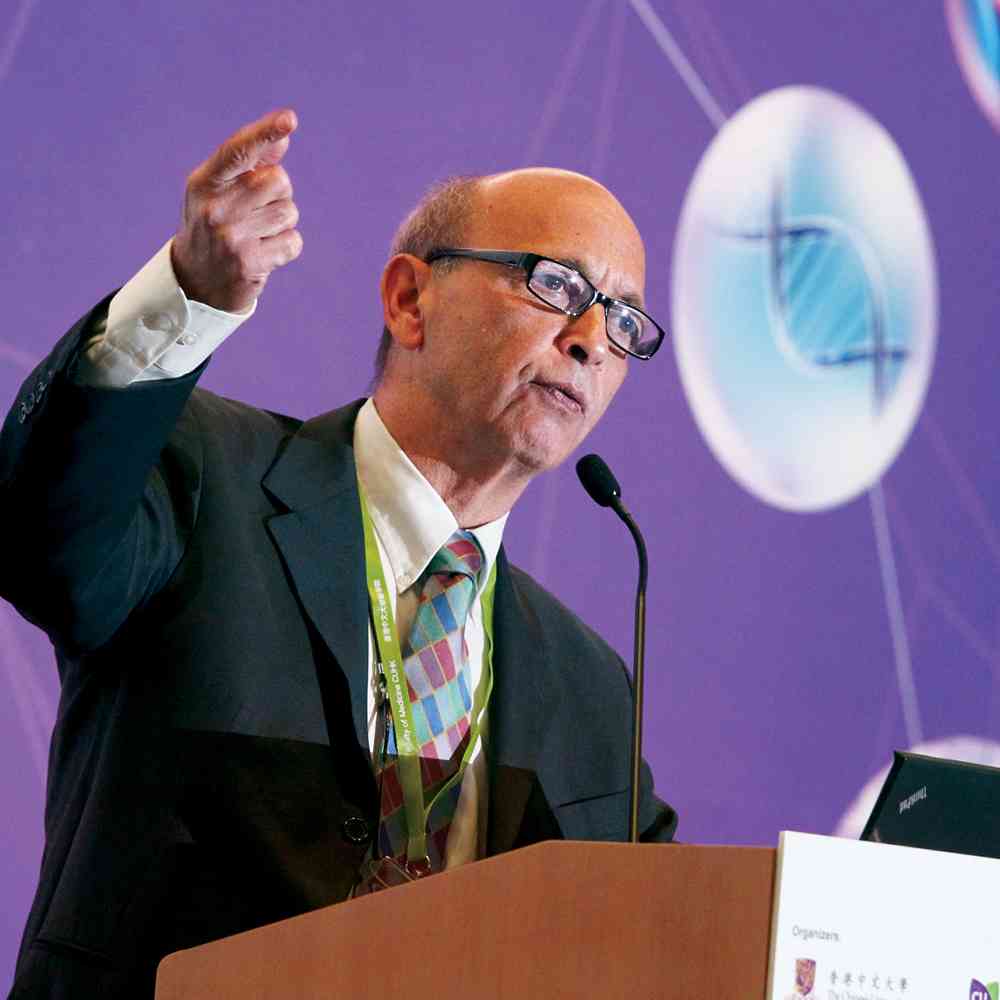
 © May Tse/South China Morning Post via Getty Images
© May Tse/South China Morning Post via Getty Images
Alexandre Kalache
We cannot afford to view older people as a sickly burden rather than a valuable resource. The idea that older people clog up the workplace is misguided. For every three older people still in work, a vacancy opens up for a young worker because of the wealth created.”

 © Michael Loccisano/Getty Images
© Michael Loccisano/Getty Images
Ted Turner
In an interconnected world, our fates and futures are connected.”
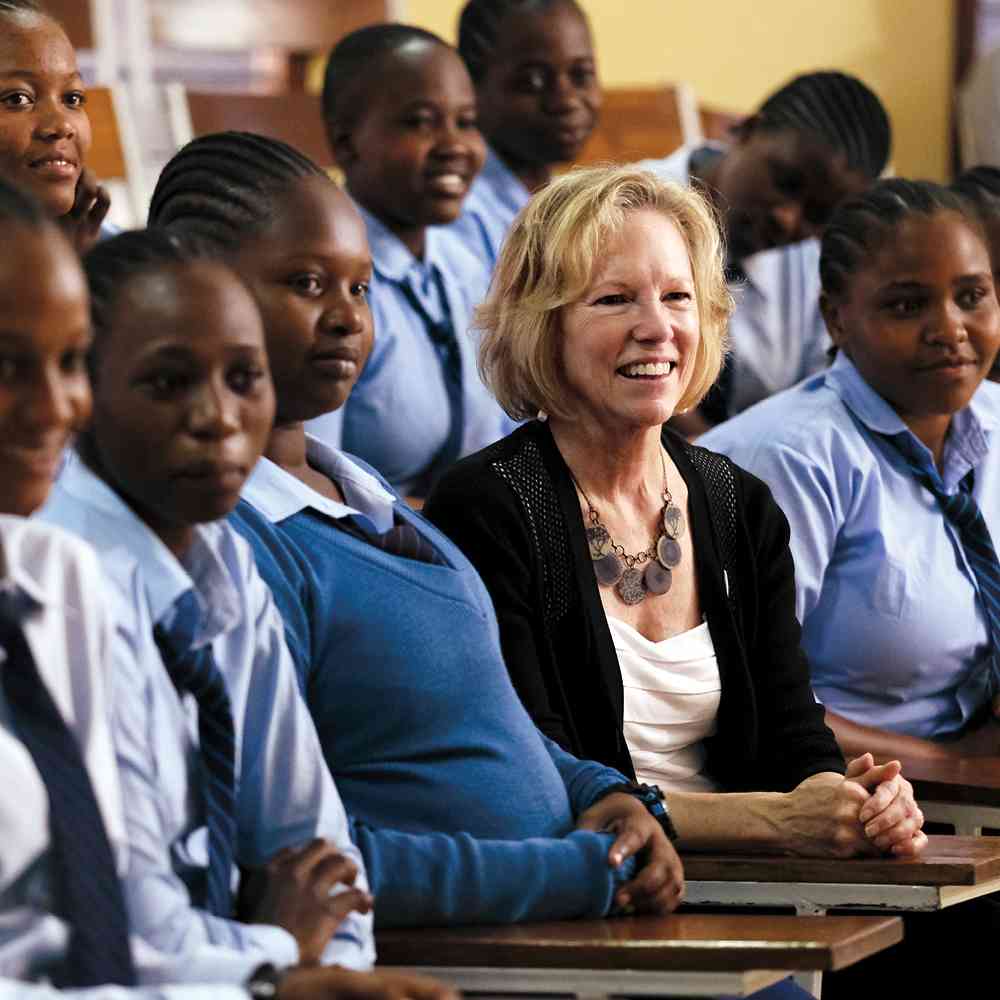
 © Daniel Hayduk for the UN Foundation
© Daniel Hayduk for the UN Foundation
Kathy Calvin
GLOBAL is a unifying bond for people. Once they get outside their own heads and their own communities and see themselves in a broader framework, it really changes their sense of what they can get done.”
The Programme of Action of the 1994 International Conference on Population and Development put individual rights and well-being at the centre of reproductive health, which became the mission of UNFPA. Since then, health-care systems around the world have taken steps to provide more people with the information and services they need to plan their families, give birth safely, avoid or treat sexually transmitted infections, and address infertility and reproductive health cancers. While gaps remain, the stage has been set for further expansion of services: the 2030 Agenda for Sustainable Development recognizes sexual and reproductive health as essential to equitable development and women’s empowerment.
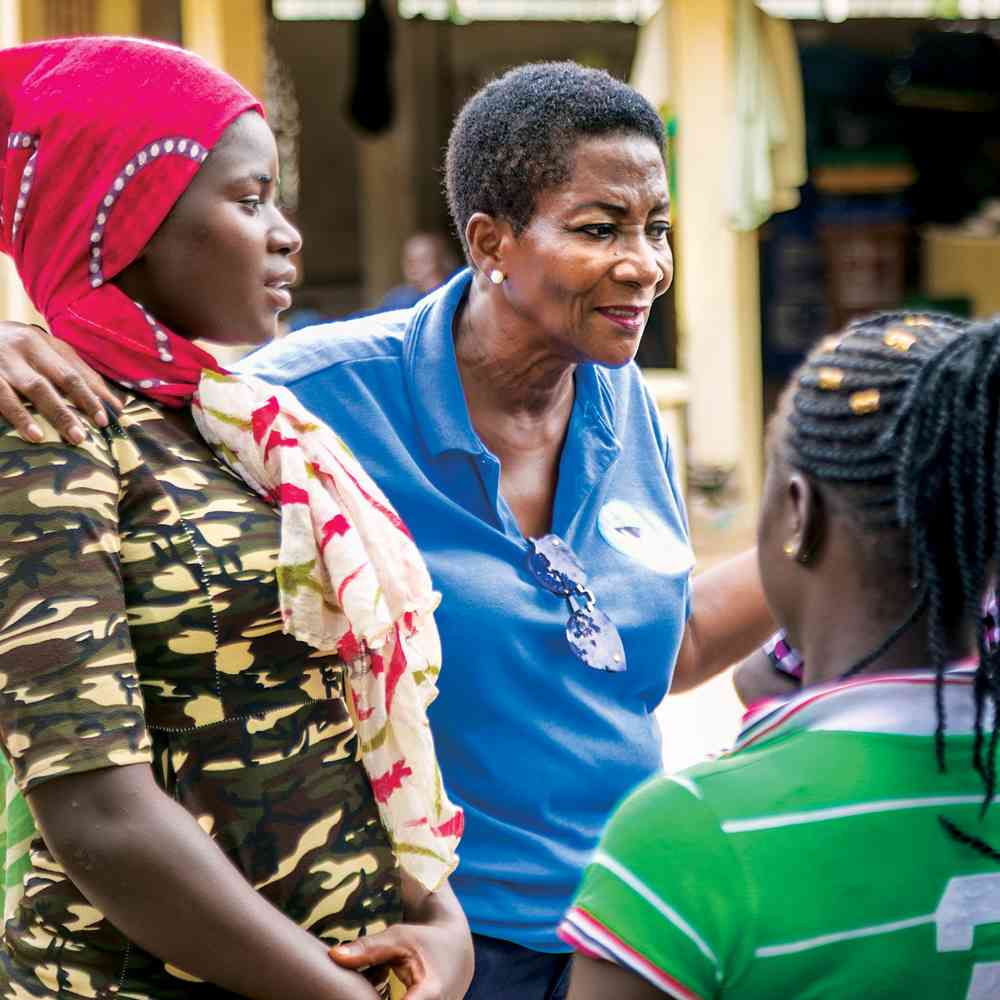
 © UNFPA/LemaConcepts
© UNFPA/LemaConcepts
Adjoa Amana
At first there was so much stigma and misinformation about [HIV and AIDS]... A huge breakthrough came when I found out Philly Lutaaya, the biggest Ugandan singer at the time, had declared he had AIDS... From then on, AIDS HAD A FACE, [and] many came out to declare their status and volunteered [as] advocates for HIV prevention.”
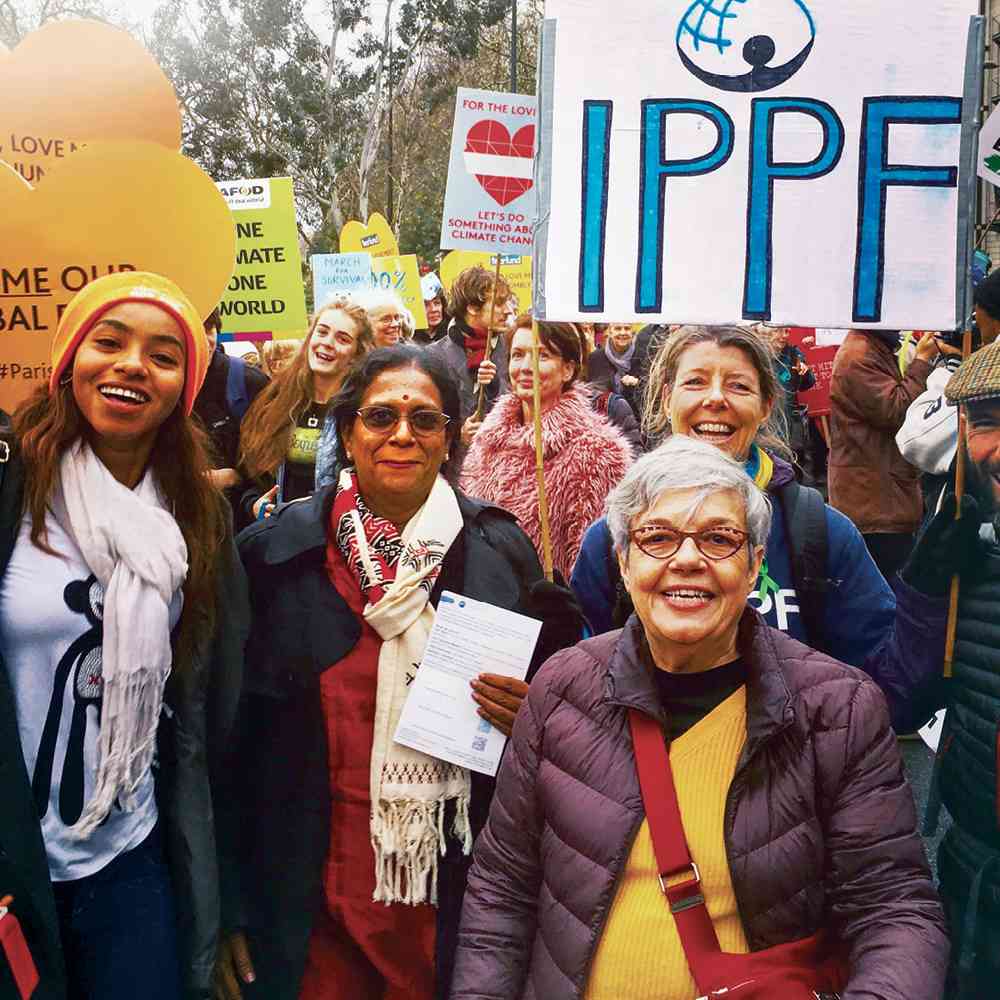
 © Derli Barroso
© Derli Barroso
Carmen Barroso
I strongly believe the language of human rights is the language of progressive change today. There is a revolutionary potential in the fundamental notion that every human being simply by virtue of being human, is entitled to certain basic protection.”
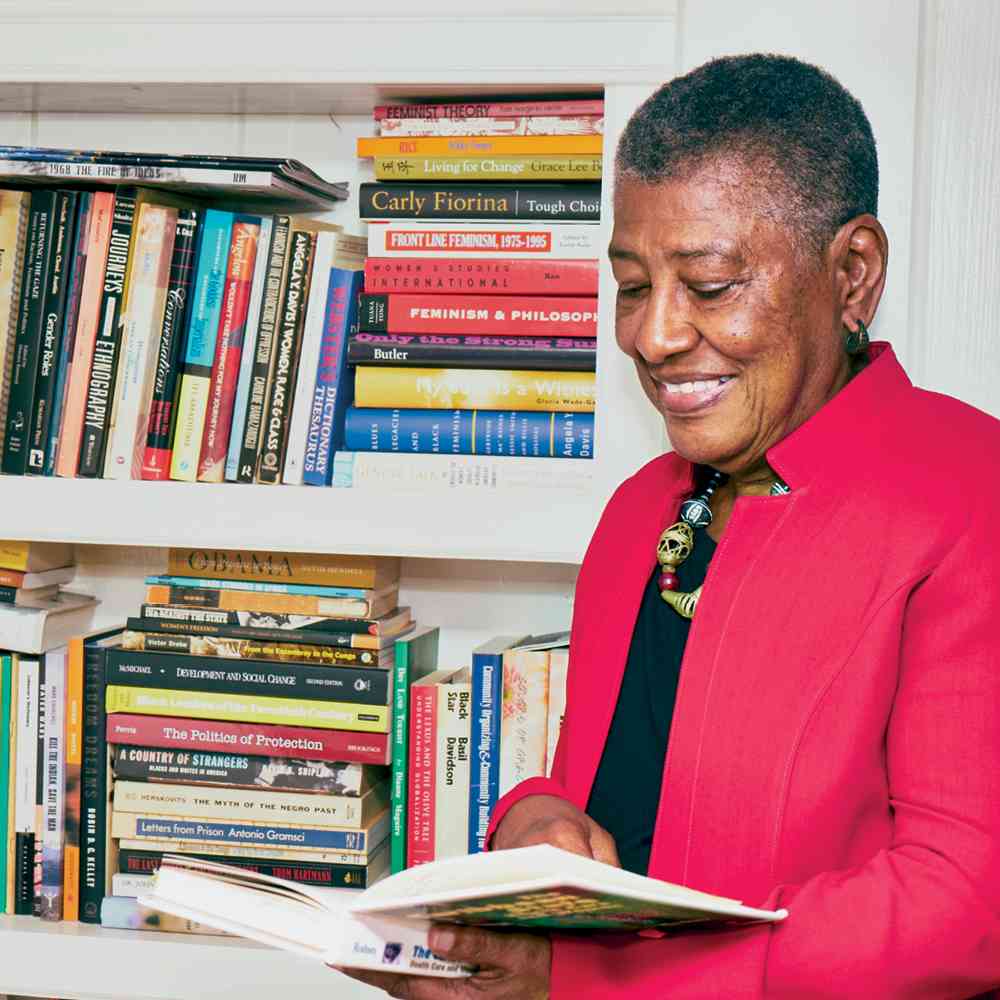
 © UNFPA/Zeriba Media
© UNFPA/Zeriba Media
Patricia Rodney
Health is not just about diet and exercise. It is the nourishment of the body, the mind and the spirit. It includes how we see ourselves as a people. It is our traditions and culture. It includes our confidence and consciousness.”
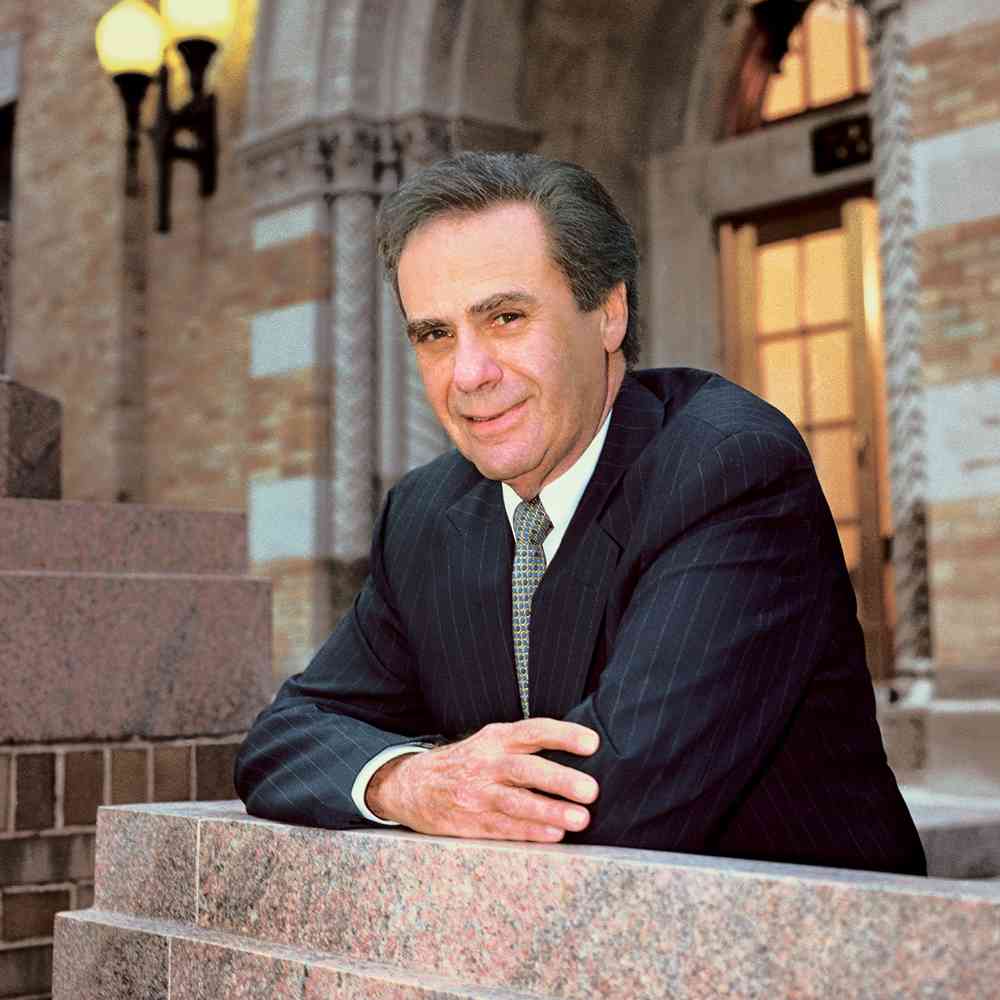
 © Columbia University Mailman School of Public Health
© Columbia University Mailman School of Public Health
Dr. Allan Rosenfield
The societal disparity between men and women is at the core of the hazards against women’s health, and, in turn, against the well-being of their community. If you EMPOWER WOMEN, it changes not only their role in society but society as a whole.”
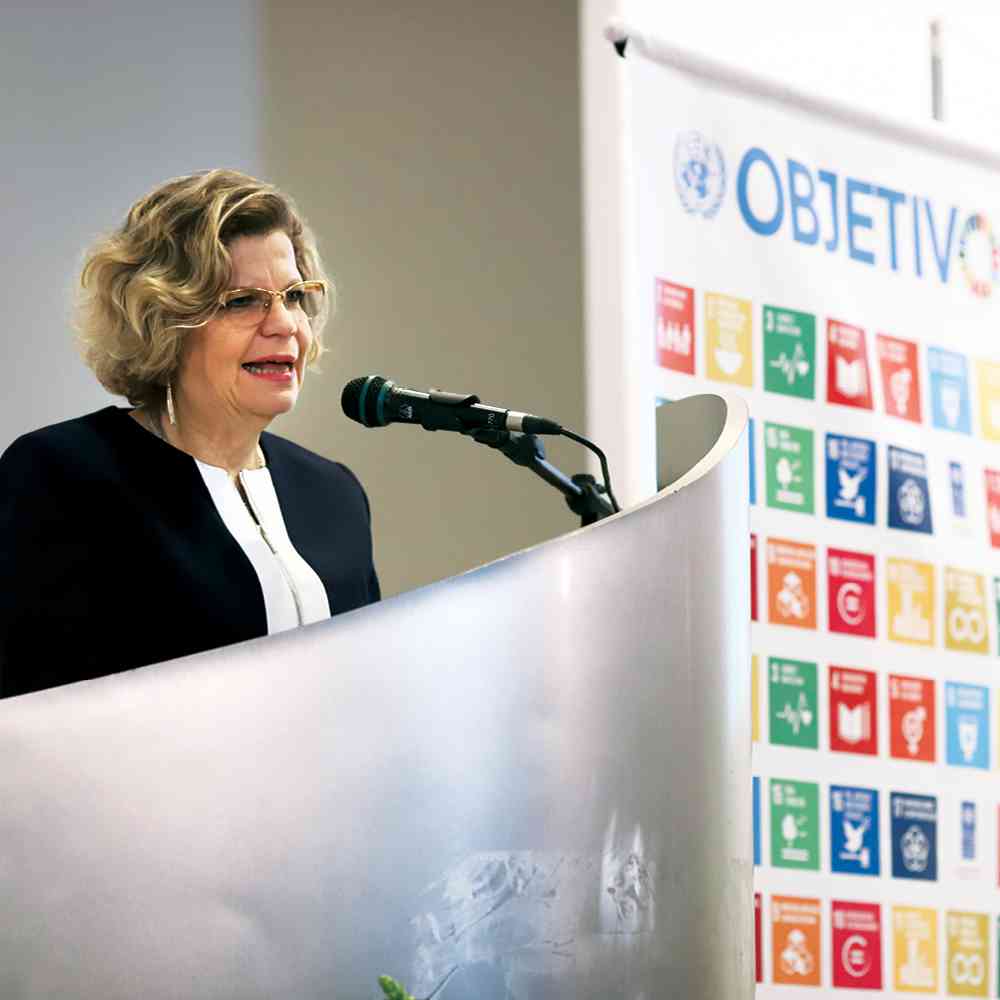
 © Dr. Nadine Gassman
© Dr. Nadine Gassman
Dr. Nadine Gasman
We are louder now, both men and women are thinking about [sexual and reproductive health and rights].… I always say, ‘Gender equality and women’s empowerment are very good for women. But also very good for men. They’re good for everyone.’”
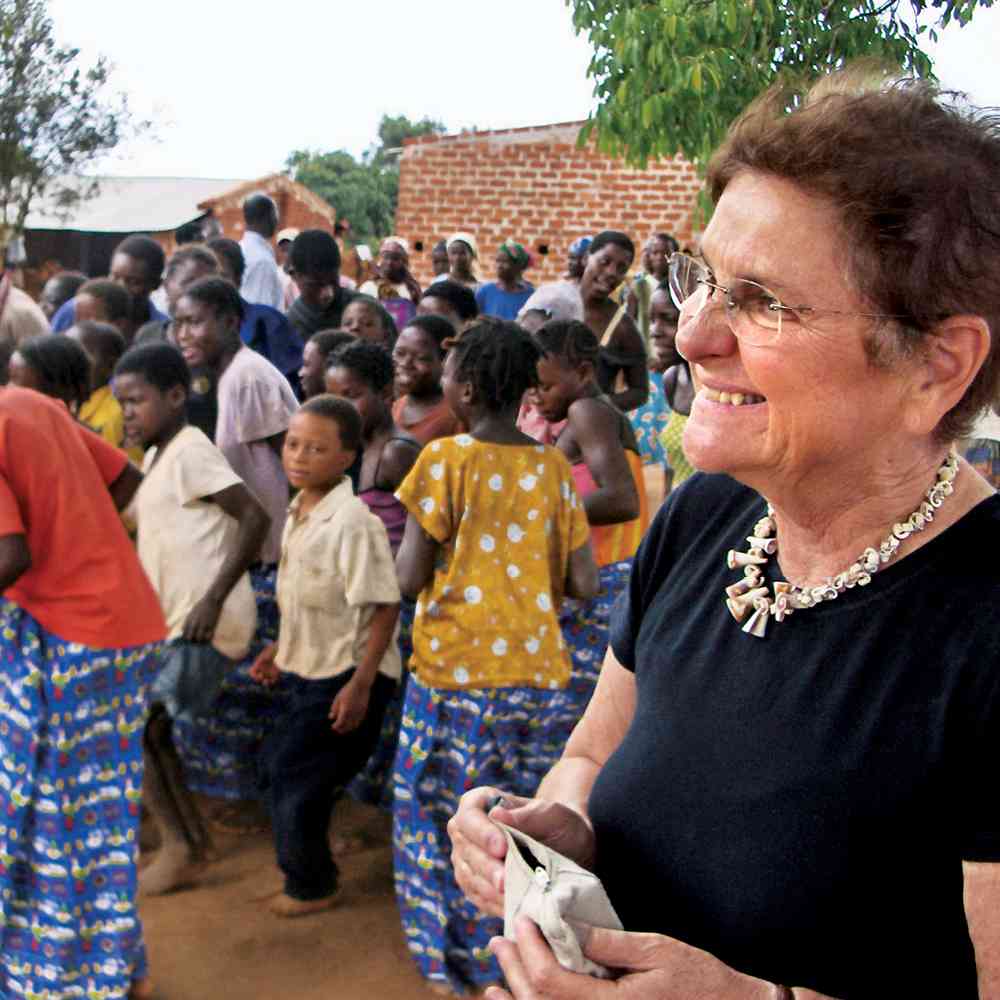
 © Rosemary Barber-Madden
© Rosemary Barber-Madden
Rosemary Barber-Madden
I always responded to the needs and wants of PEOPLE more than to top-down directives. And that approach has proved very successful...”
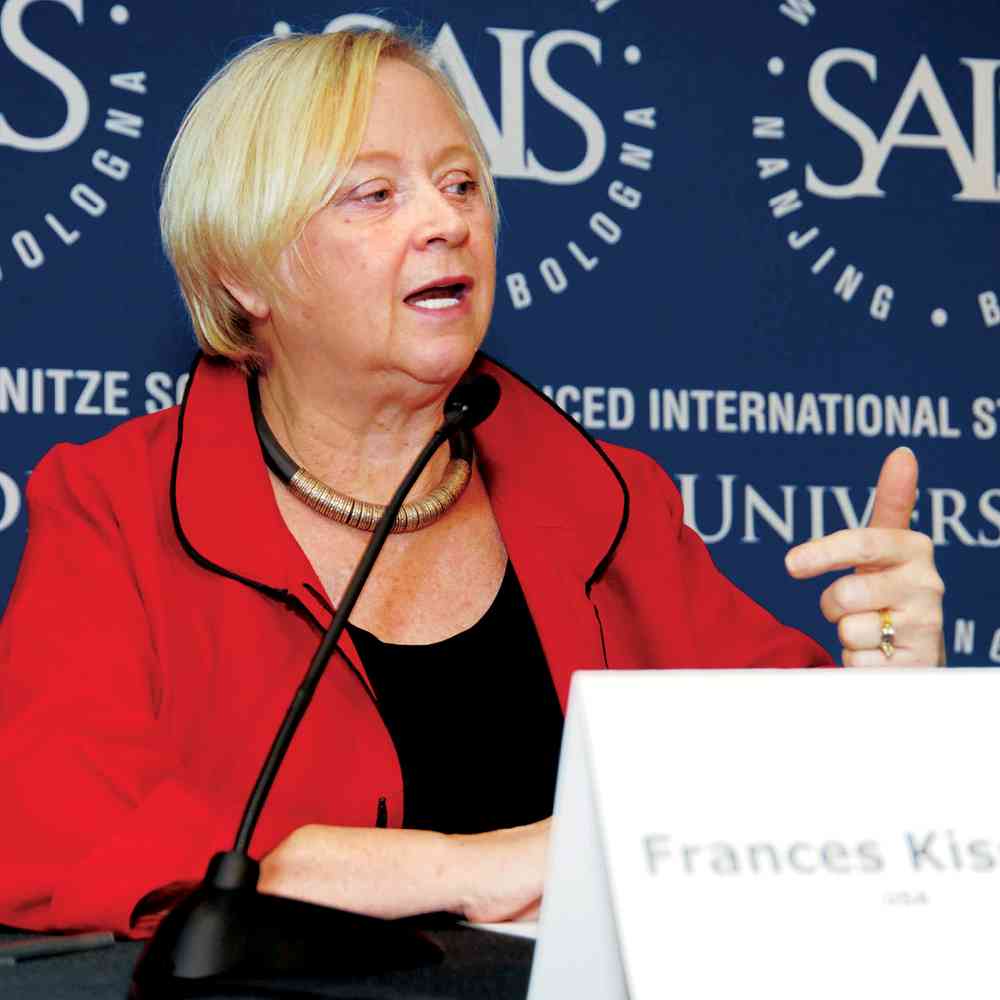
 © Women’s Learning Partnership
© Women’s Learning Partnership
Frances Kissling
My first exposure to the abortion issue was dealing with women who faced what for them were deeply difficult situations in pregnancy, who were suffering very much. And my sympathy always has been for [them].”

 © UNFPA/LemaConcepts
© UNFPA/LemaConcepts
Adjoa Amana
At first there was so much stigma and misinformation about [HIV and AIDS]... A huge breakthrough came when I found out Philly Lutaaya, the biggest Ugandan singer at the time, had declared he had AIDS... From then on, AIDS HAD A FACE, [and] many came out to declare their status and volunteered [as] advocates for HIV prevention.”
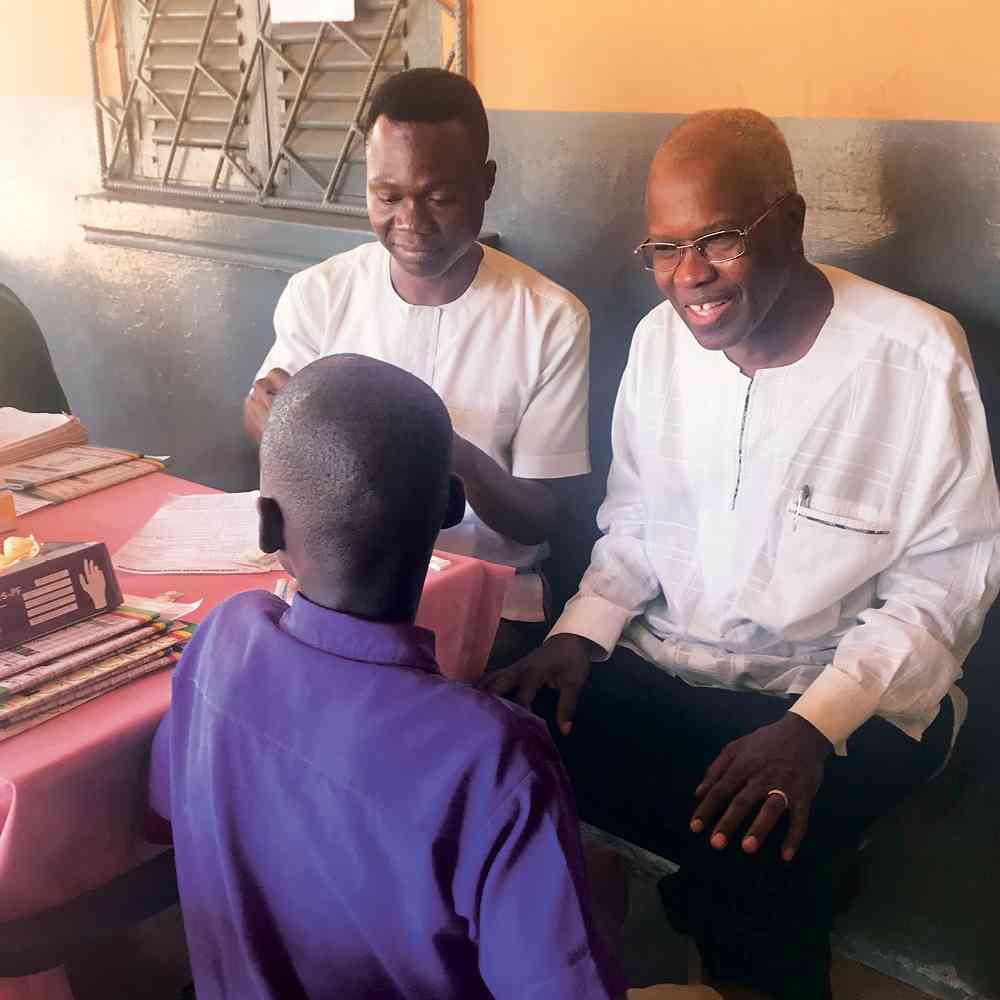
 © Debbie Mangortey
© Debbie Mangortey
Dr. Peter Lamptey
[The heart of innovation] is applying new approaches to an existing problem where the current strategies and approaches do not work—bringing in new ideas that change the way we do things, that IMPROVE the way we do things, and also can be scaled up to the rest of the country.”
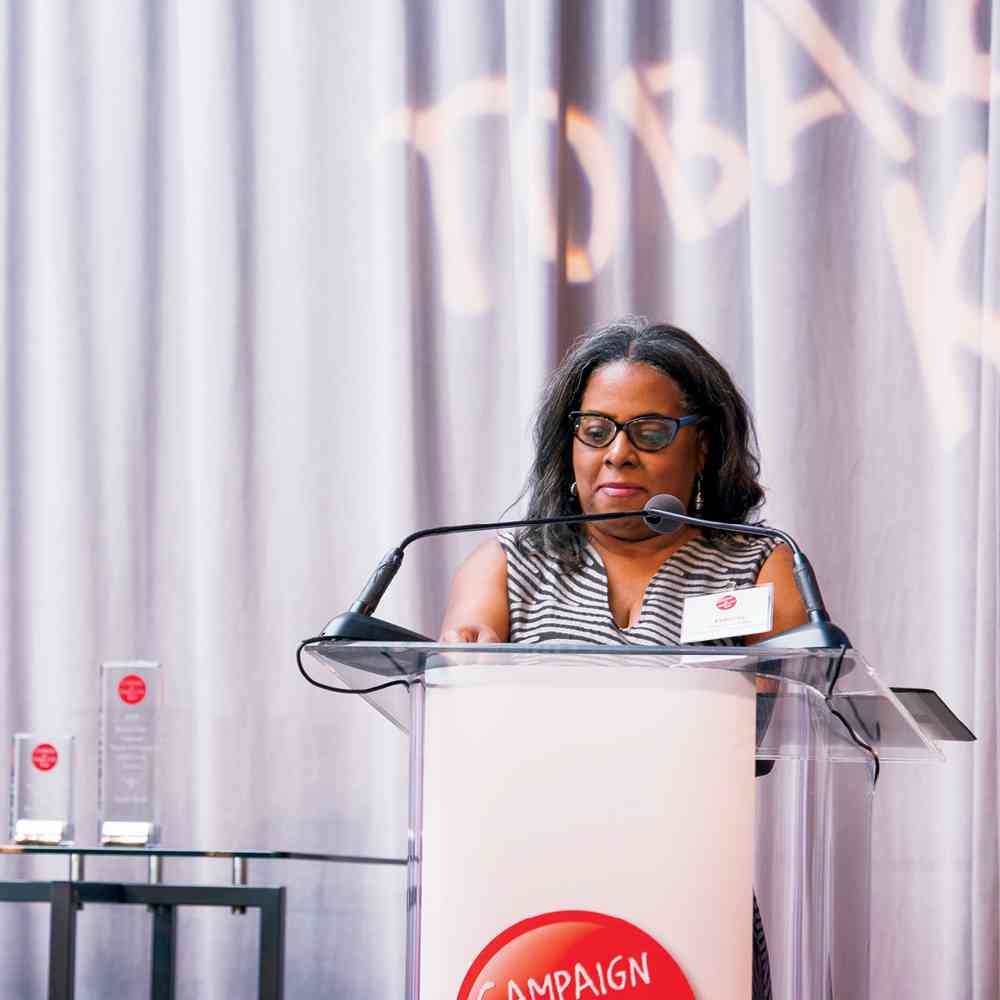
 © Lola Snaps Photography
© Lola Snaps Photography
Yolonda Richardson
Women’s leadership is critical for global development and progress.”
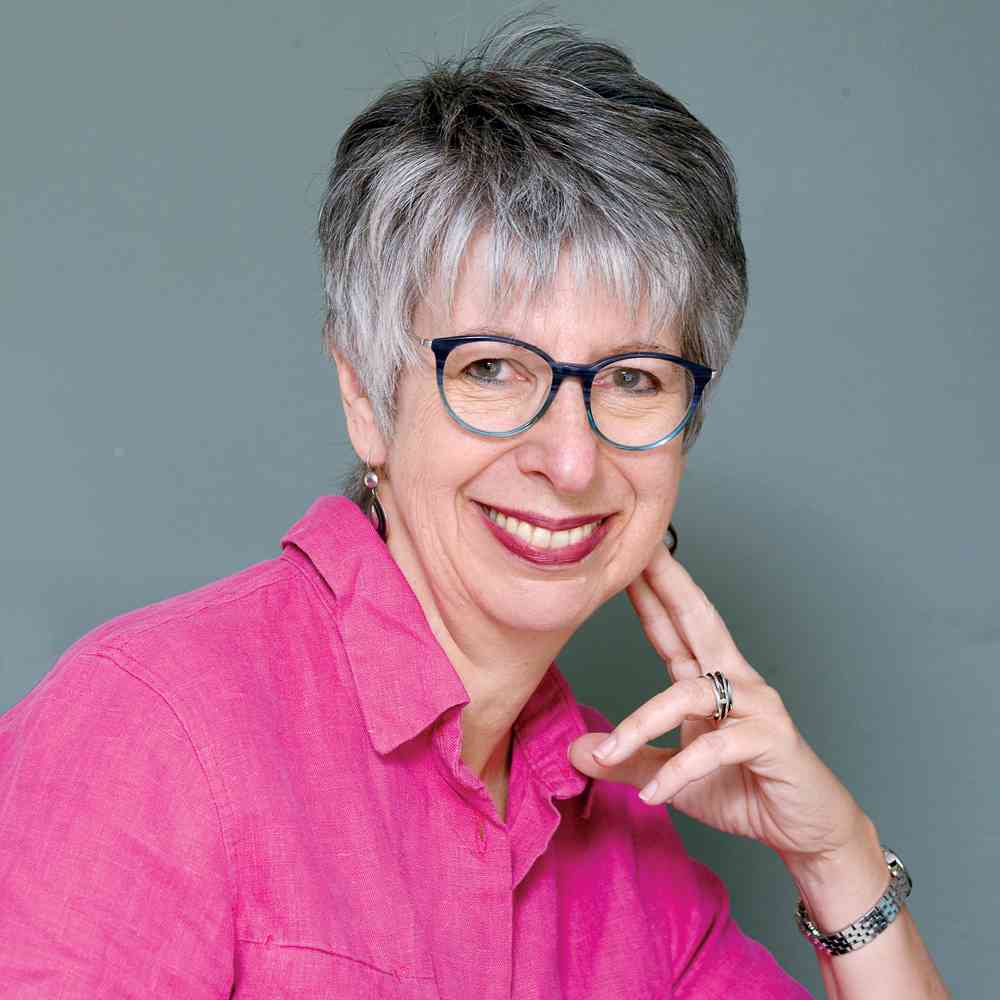
 © UNFPA/Suzy Bernstein
© UNFPA/Suzy Bernstein
Barbara Klugman
If you want to move an issue, you need to build out your alliances, and the broader they are, the stronger your voice.”
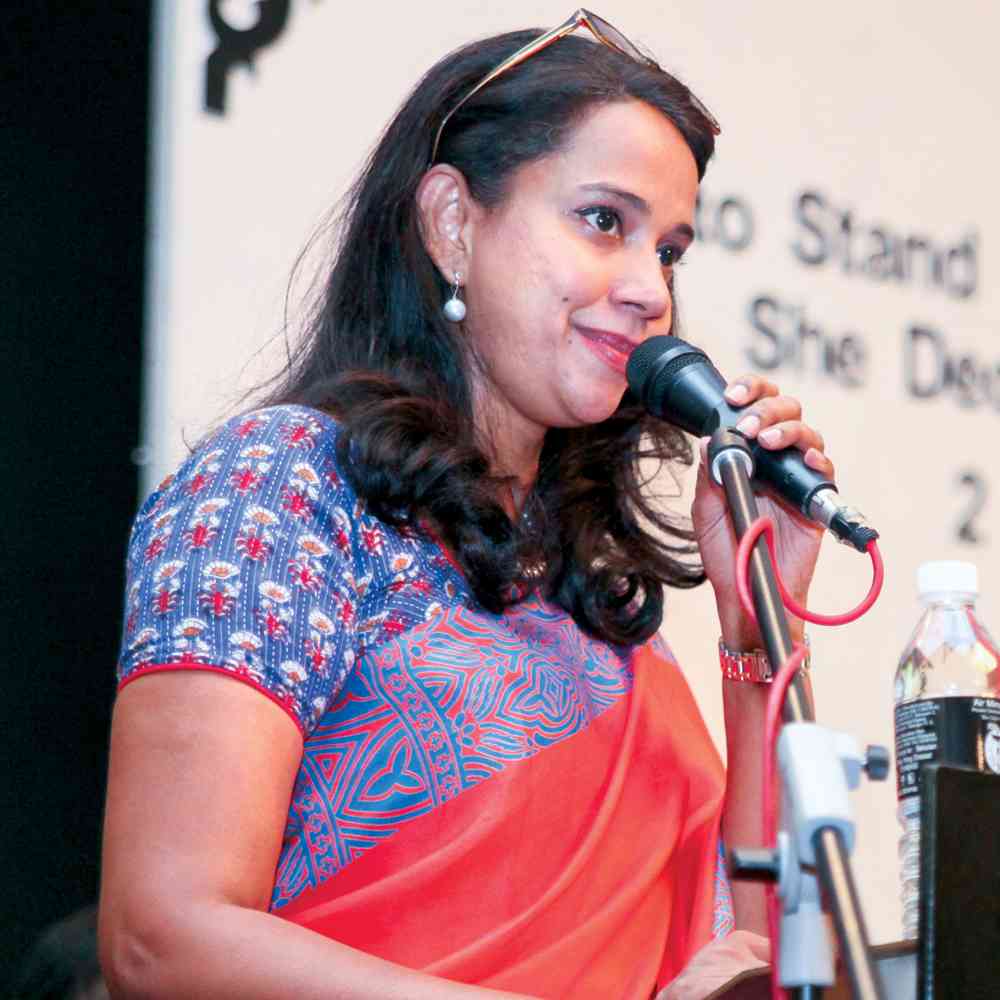
 © The Asian-Pacific Resource & Research Centre for Women (ARROW)
© The Asian-Pacific Resource & Research Centre for Women (ARROW)
Sivananthi Thanenthiran
You only get what you fight for. We need to put our perspectives out there and forge ahead, FEARLESSLY.”
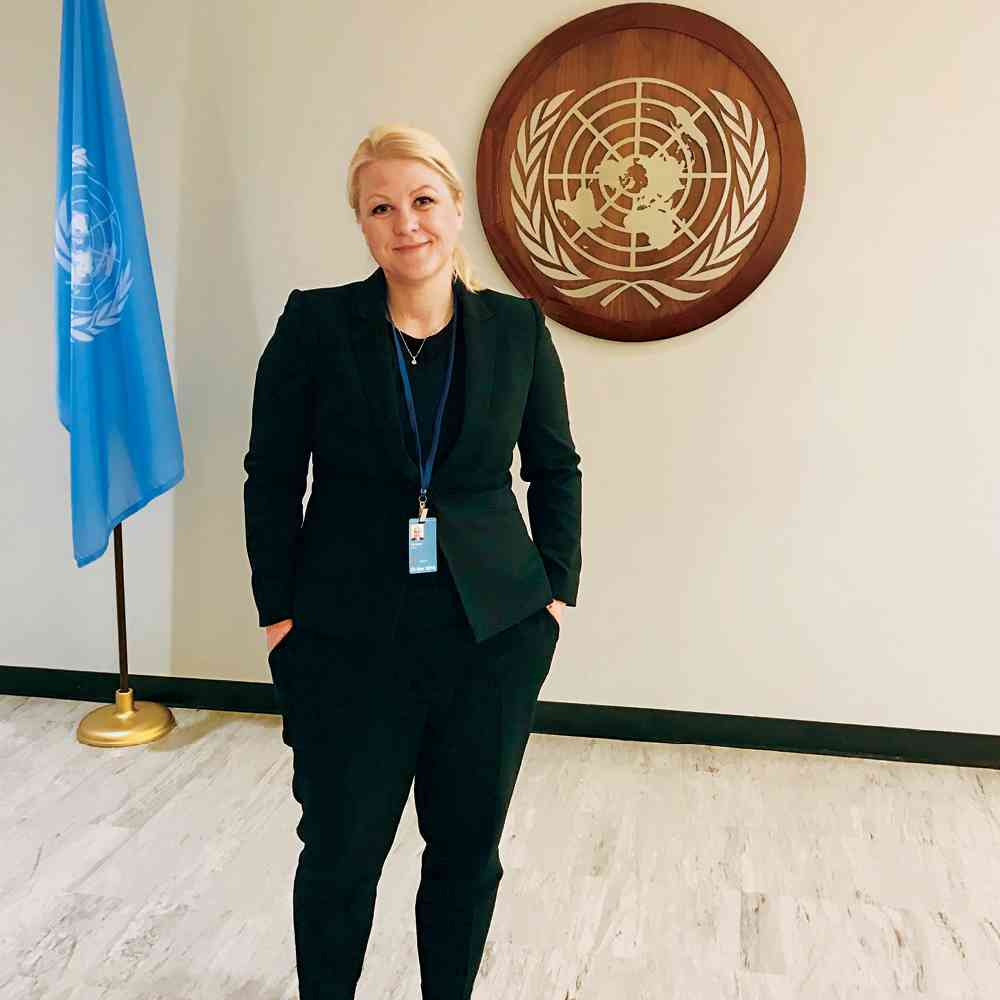
 © Ulrika Karlsson
© Ulrika Karlsson
Ulrika Karlsson
Sexual and reproductive health and rights are at the core of human rights. If you cannot decide over your own body and life, you have nothing. Therefore, we must never give up this FIGHT.”
IThe share of women who die giving life is smaller than ever before. Yet a global target on reducing maternal deaths has not been met. For many women, basic care during pregnancy and childbirth is still out of reach. And preventable maternal deaths and complications during delivery point to continued health system failures. People from health care, philanthropies, civil society and elsewhere join UNFPA in the drive to make motherhood safe, without exception.
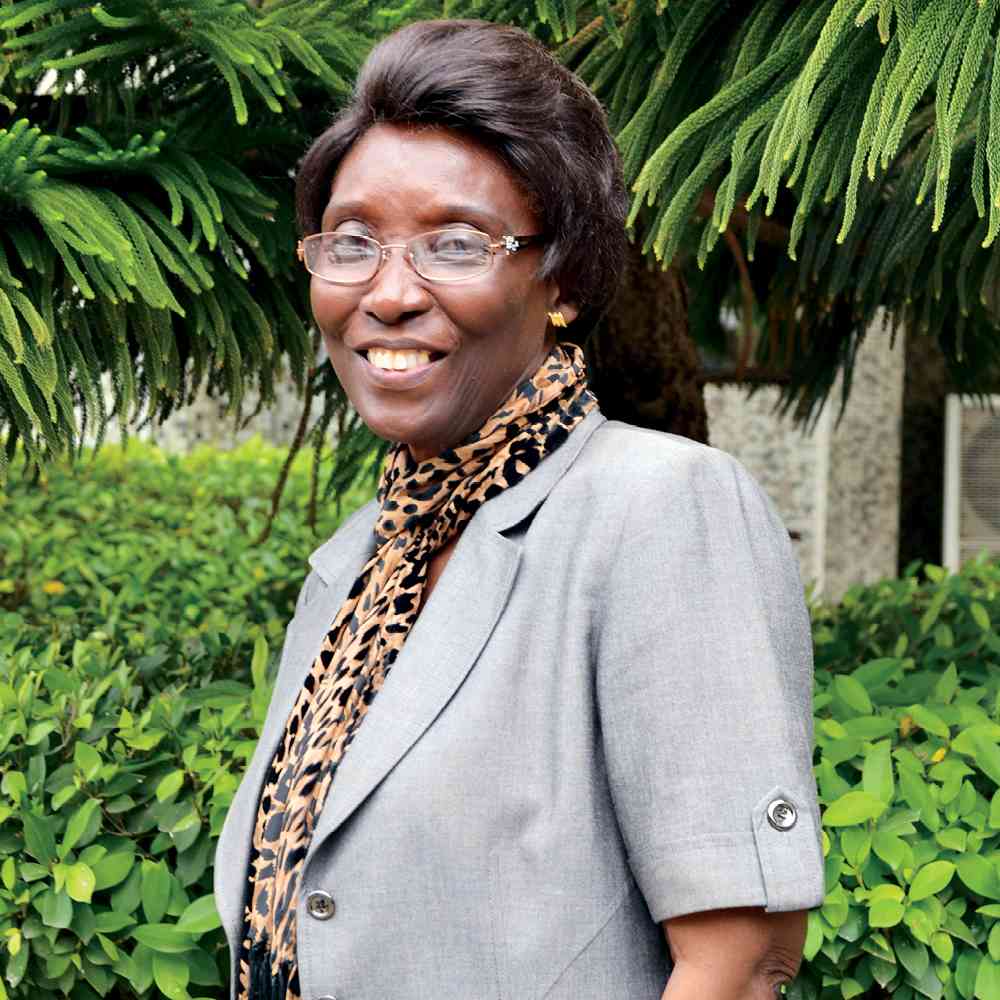
 © Association for Reproductive and Family Health (ARFH)
© Association for Reproductive and Family Health (ARFH)
Grace Ebun Delano
My reason for wanting to be a midwife was based on the reproductive history of my family, especially that of my mother, who had infertility for 12 years, wasted pregnancies and high infant mortality… I wanted to contribute to a reduction in infant and maternal mortality by correcting misconceptions, using such tools as education, counselling, and provision of quality maternal and child health services.”
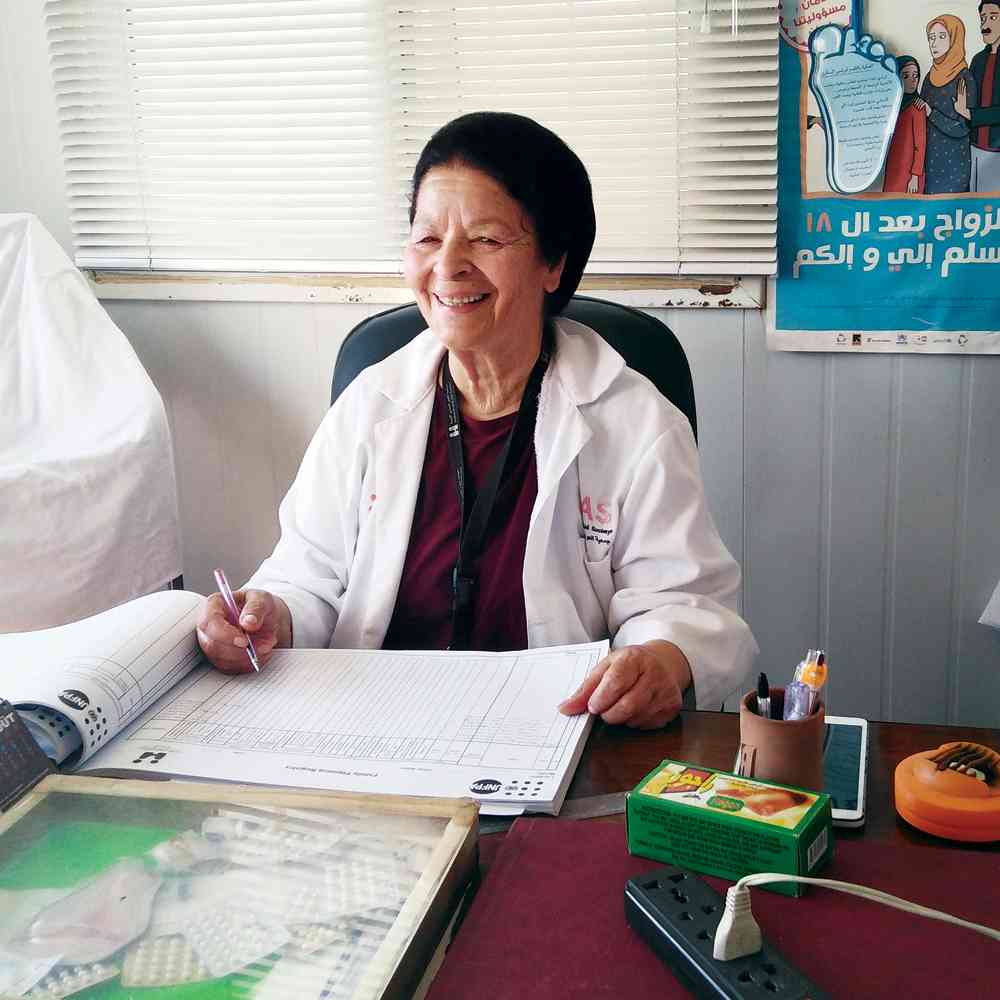
 © UNFPA/A. Shraiteh
© UNFPA/A. Shraiteh
Munira Sha’ban
I wanted to be involved in helping two souls: the baby and the mother.”
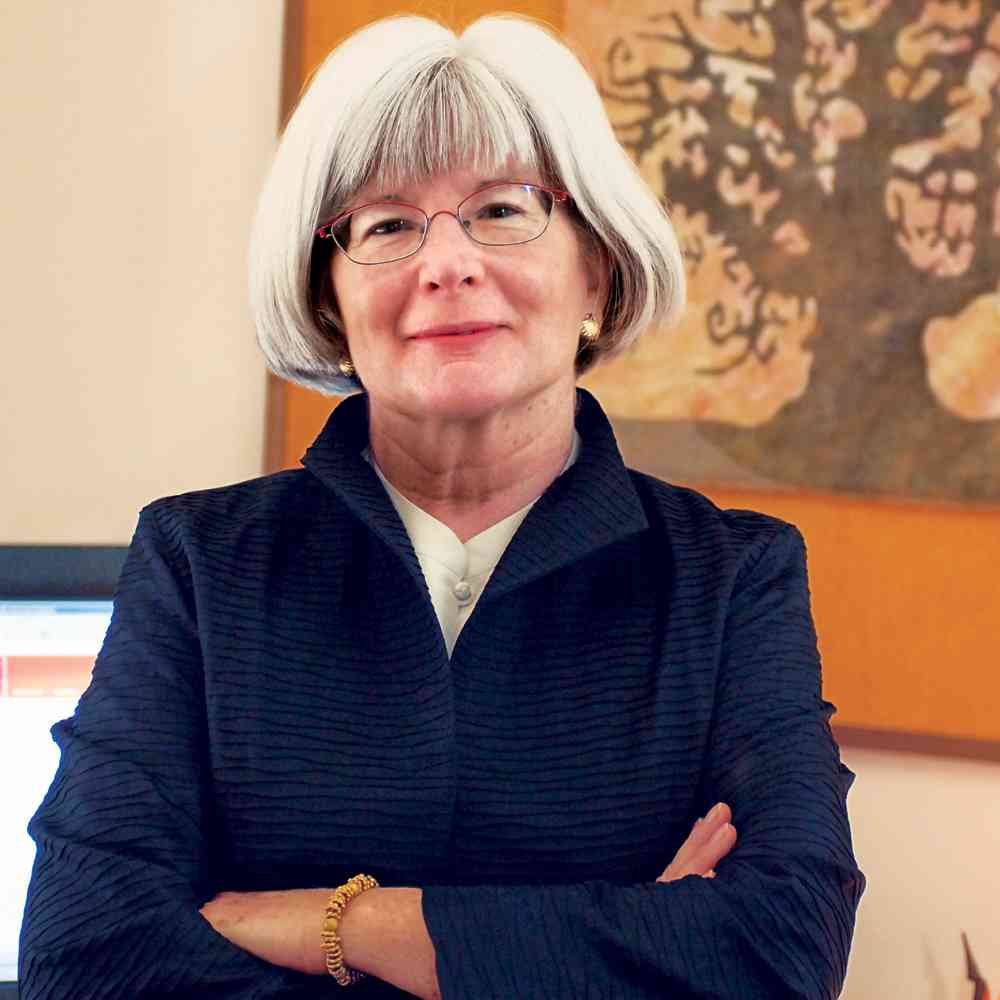
 © Kalman Zabarsky for Boston University Photography
© Kalman Zabarsky for Boston University Photography
Deborah Maine
So often we’d go to a hospital and they’d say, ‘We could do a C-section, but the light is broken over the operating table.’ So really, for want of some small things, lives were being lost.”

 © Association for Reproductive and Family Health (ARFH)
© Association for Reproductive and Family Health (ARFH)
Grace Ebun Delano
My reason for wanting to be a midwife was based on the reproductive history of my family, especially that of my mother, who had infertility for 12 years, wasted pregnancies and high infant mortality… I wanted to contribute to a reduction in infant and maternal mortality by correcting misconceptions, using such tools as education, counselling, and provision of quality maternal and child health services.”
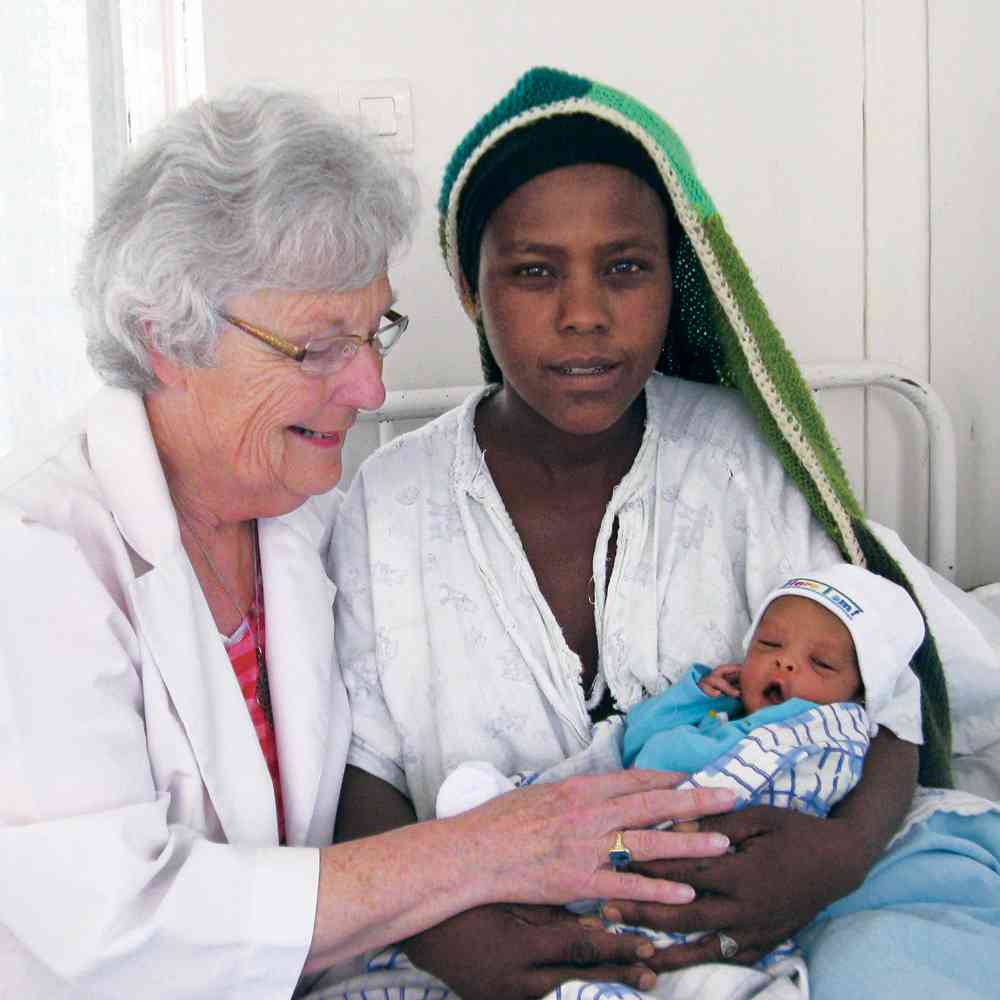
 © Hamlin Fistula Hospital
© Hamlin Fistula Hospital
Barbara Kwast
When you have looked into the panic-stricken eyes of a woman dying on the labour ward floor, then behind the numbers, there are faces.”

 © Karwai Tang/WireImage
© Karwai Tang/WireImage
Christy Turlington
If we can’t support a woman while she is giving life, then we don’t support women.”
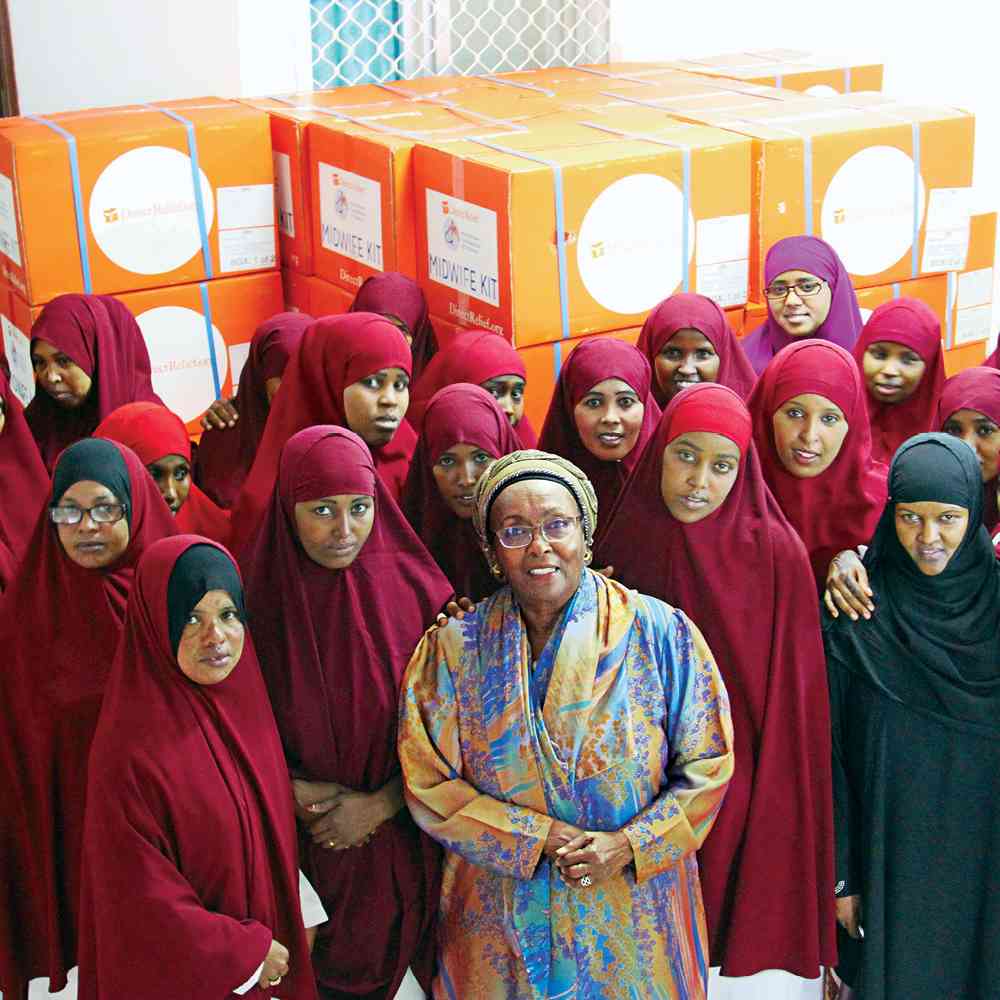
 © Edna Adan Hospital Foundation/Sarah Winfield
© Edna Adan Hospital Foundation/Sarah Winfield
Edna Adan
If the woman who delivers [the children] has been given some training… women will have a better chance of survival. And that’s my hope, that’s my goal. And if I leave before I do it, I leave that legacy to the world. It’s got to be done.”
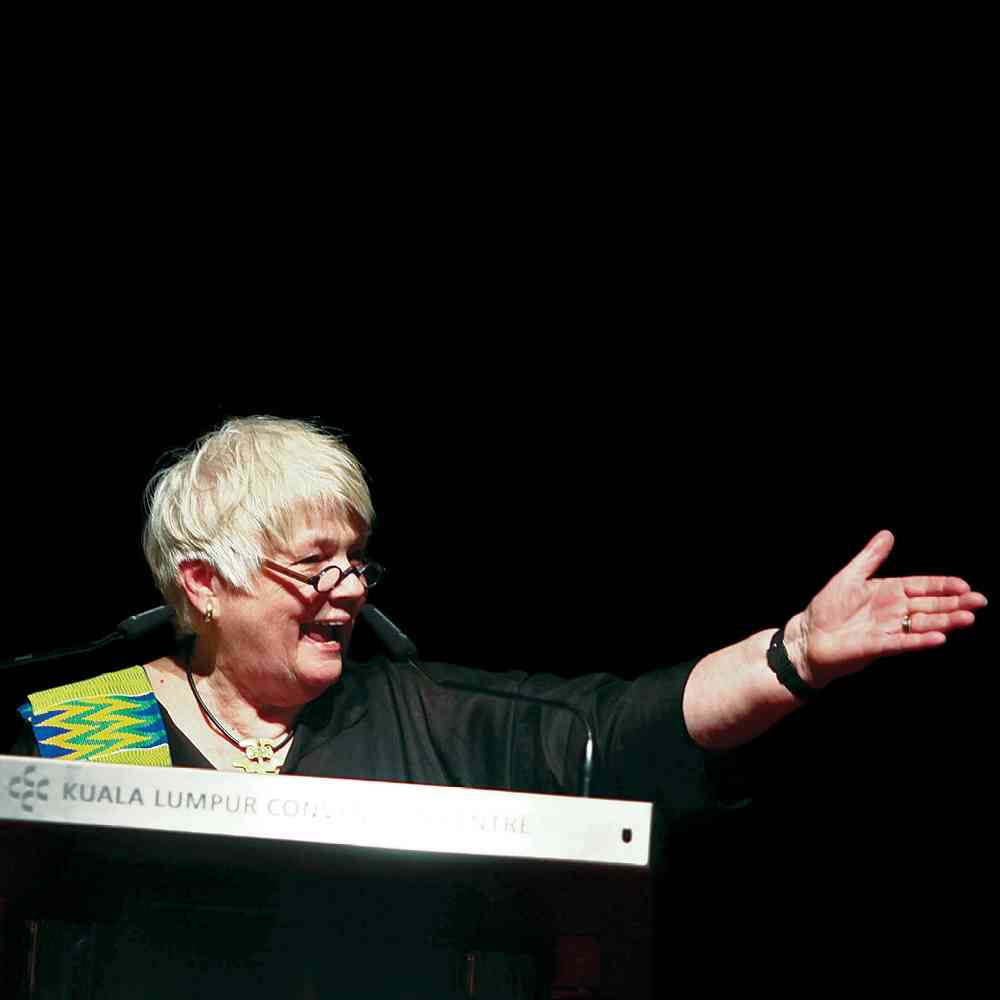
 © Rahman Roslan/Getty Images
© Rahman Roslan/Getty Images
Jill Sheffield
One woman dies in childbirth every 90 seconds somewhere in the world... We know what the solutions are. They’re agreed. They’re affordable. We just have to decide that the lives of GIRLS AND WOMEN ARE IMPORTANT TO SAVE.”
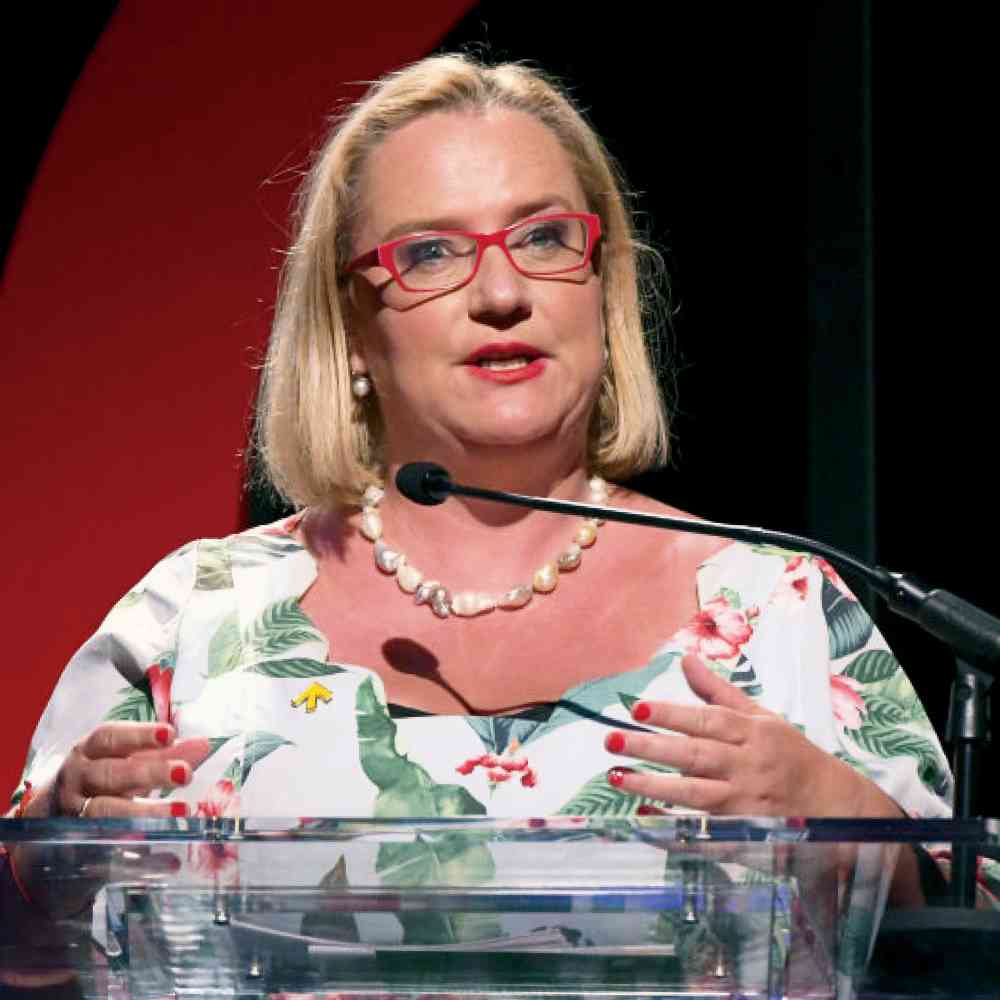
 © Leigh Vogel/Getty Images for Procter & Gamble
© Leigh Vogel/Getty Images for Procter & Gamble
Katja Iversen
We need a health system that is READY TO DELIVER FOR WOMEN whenever a woman is ready to deliver.”
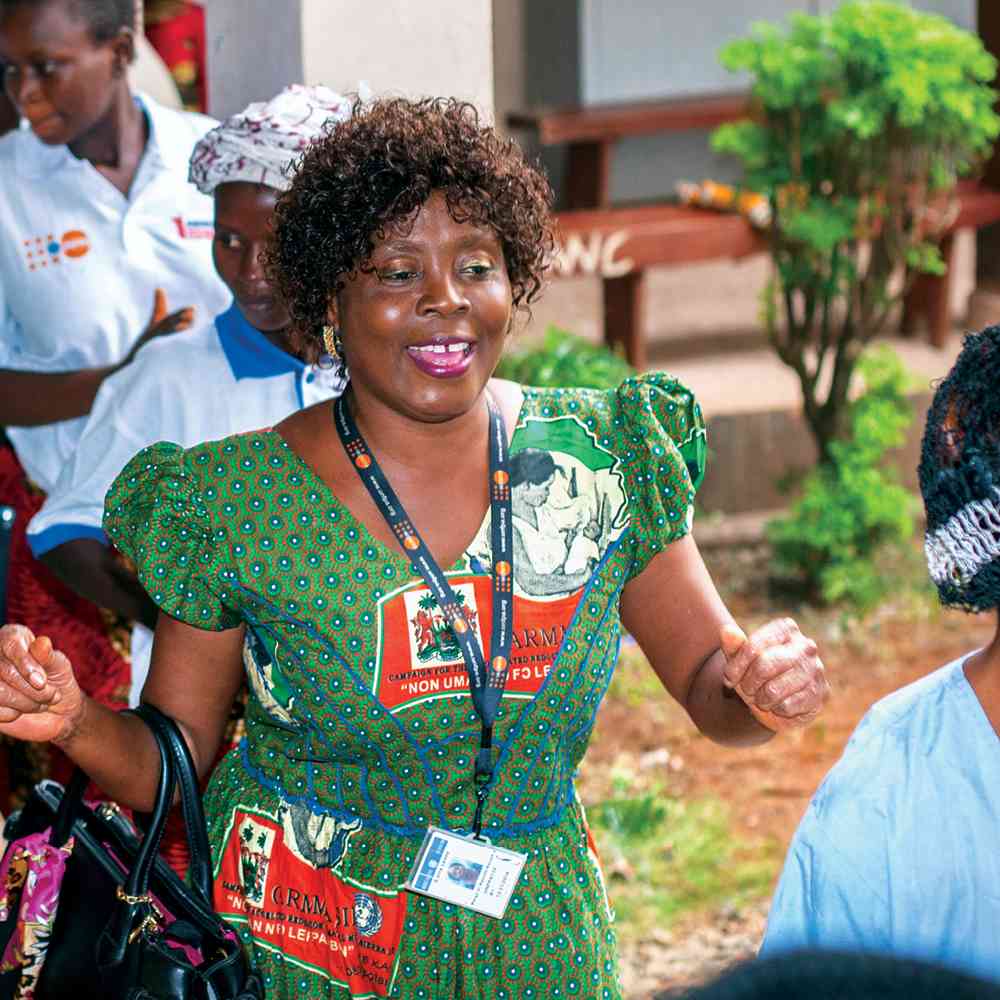
 © Sulaiman Stephens
© Sulaiman Stephens
Margaret Mannah-Macarthy
Deaths of mothers and babies spiked during the Ebola crisis. It was an eye-opener that showed us the issues facing our health system. Now we are tackling them.”
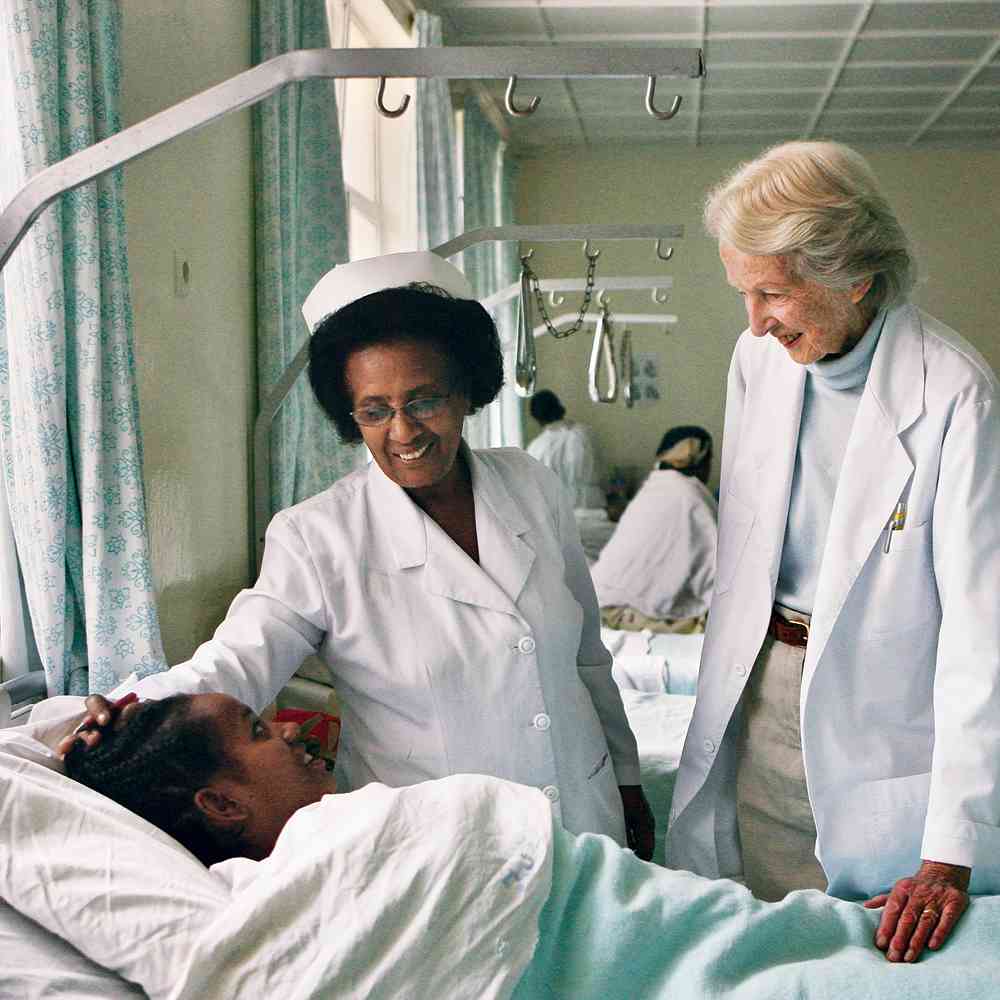
 © Catherine Hamlin Foundation
© Catherine Hamlin Foundation
Dr. Catherine Hamlin
My dream is to eradicate obstetric fistula in Ethiopia. I won’t eradicate it in my lifetime, but you can in yours.”
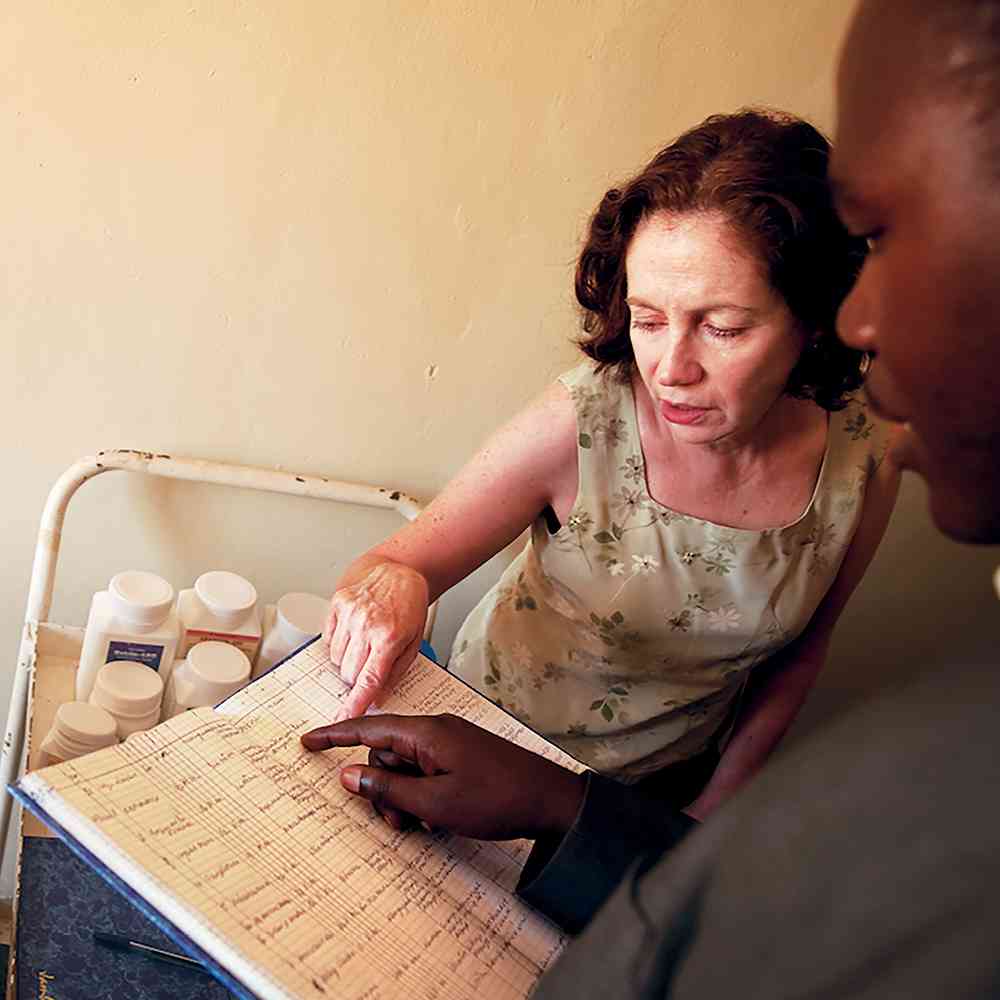
 © Guillaume Bonn
© Guillaume Bonn
Dr. Sonia Ehrlich Sachs
Health was declared a human right in 1948. The [Sustainable Development Goals] mandate that we finally deliver on the promise of HEALTH FOR ALL.”
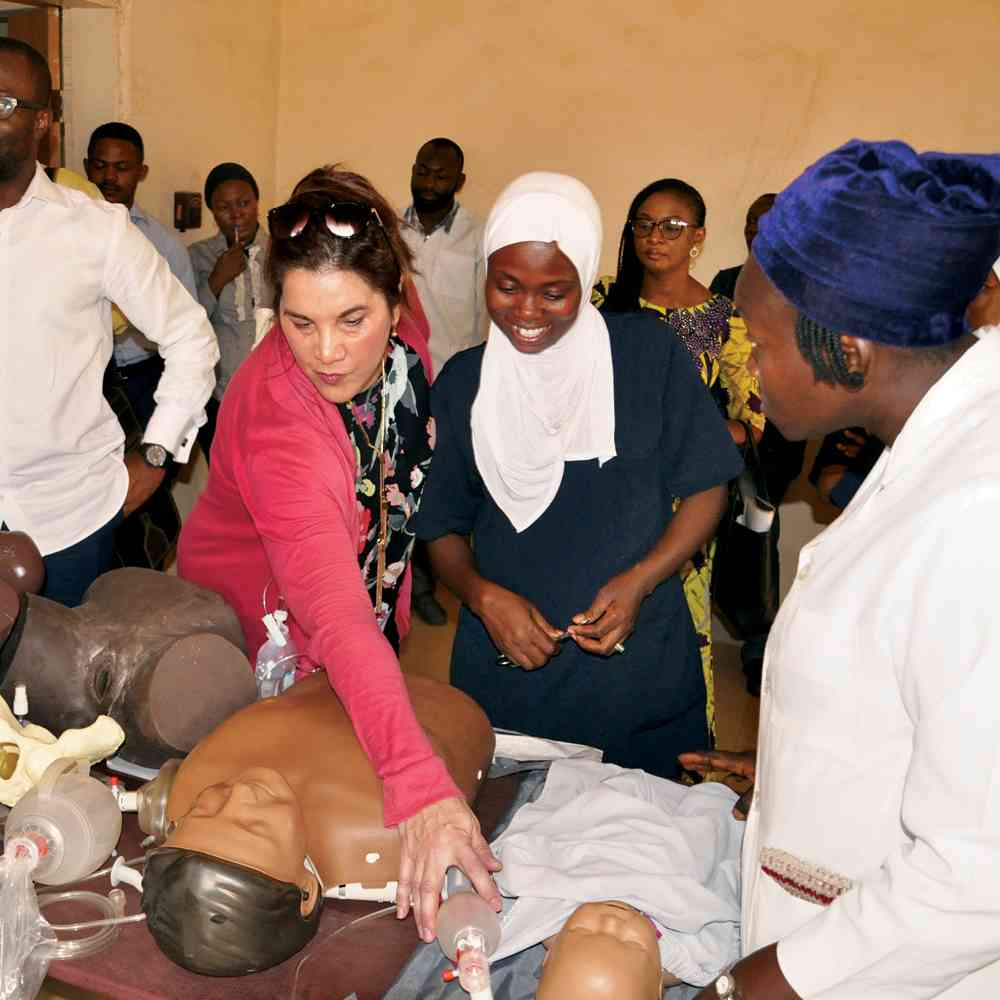
 © Wellbeing Foundation
© Wellbeing Foundation
Joy Marini
There are many things that can impact health, such as education, poverty or gender equity. So we’ll work with the government and various partners to help a person not only survive but THRIVE.”
Access to safe, effective, affordable and acceptable methods of family planning is a human right. All men and women should have information and a range of quality contraceptive options to make the best choices based on their circumstances and responsibilities. The unmet need for family planning has declined dramatically over the past 50 years, as evidenced by slowing fertility rates in much of the world. Still, 232 million women who would like to prevent pregnancy remain without family planning, with adverse consequences for their lives and aspirations.

 © Bettmann
© Bettmann
Margaret Sanger
and other pioneers of family planning
No woman can call herself free who does not own and control her body. No woman can call herself free until she can choose consciously whether she will or will not be a mother.”
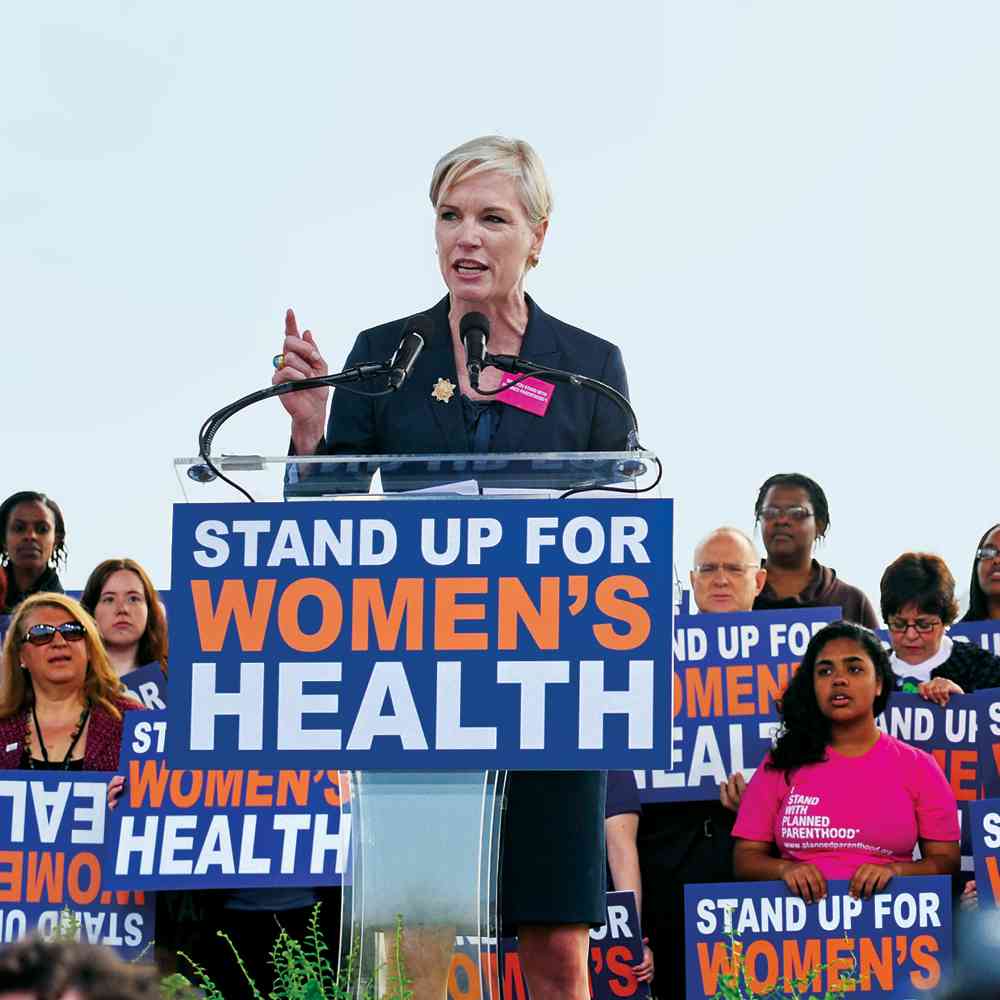
 © Leigh Vogel/FilmMagic
© Leigh Vogel/FilmMagic
Cecile Richards
Today [in the United States] we’re at a 30-year low for unintended pregnancy, a historic low in teen pregnancy, and the lowest abortion rate since Roe v. Wade. This is one of the biggest public health SUCCESS STORIES of the last century. It didn’t happen on its own—it happened in large part due to better and more affordable access to birth control.”
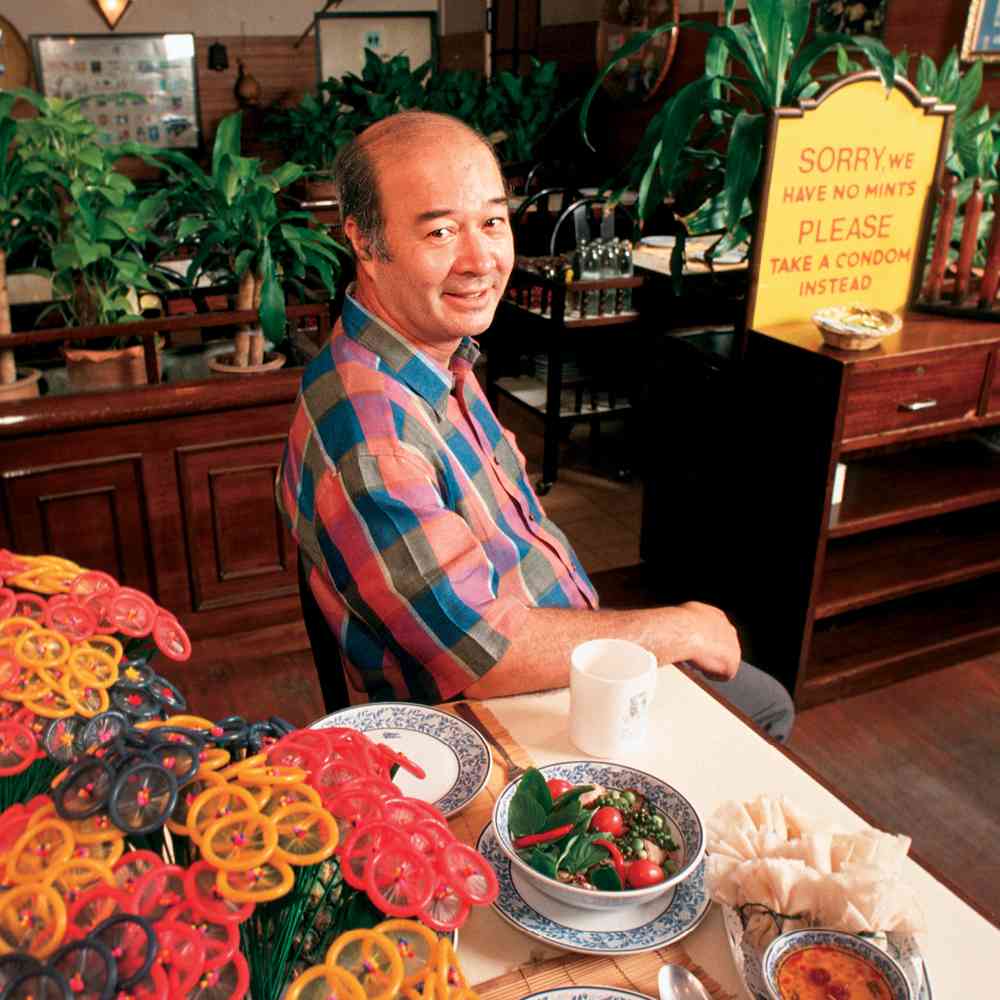
 © Peter Charlesworth/LightRocket via Getty Images
© Peter Charlesworth/LightRocket via Getty Images
Mechai Viravaidya
People are normally embarrassed when you talk about sex generally around the world. But if you can bring humour into it, when they laugh, they forget about the embarrassment.”
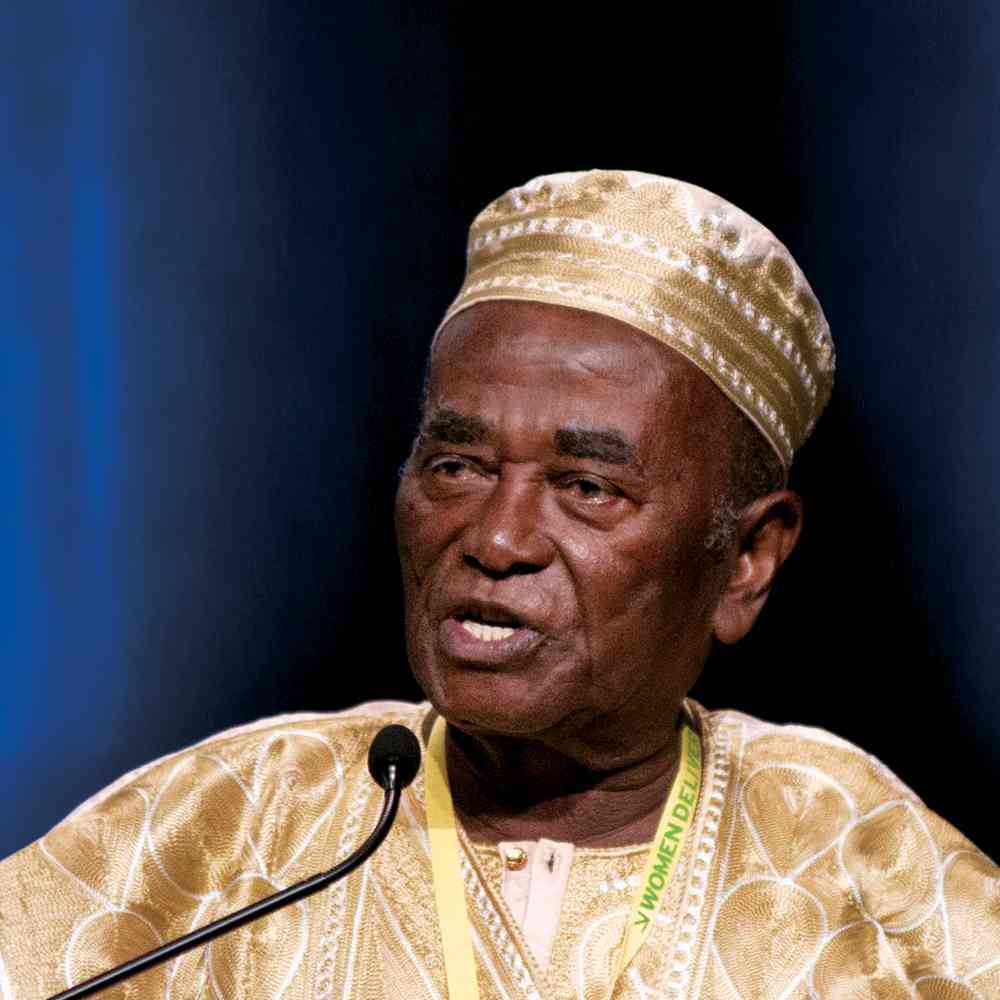
 © Kris Connor/Getty Image
© Kris Connor/Getty Image
Dr. Fred Sai
If the majority of African women get through their secondary education, I’m sure that family planning will find a place in every home. Let’s get women educated beyond the first seven or so years and we will see a major movement.”
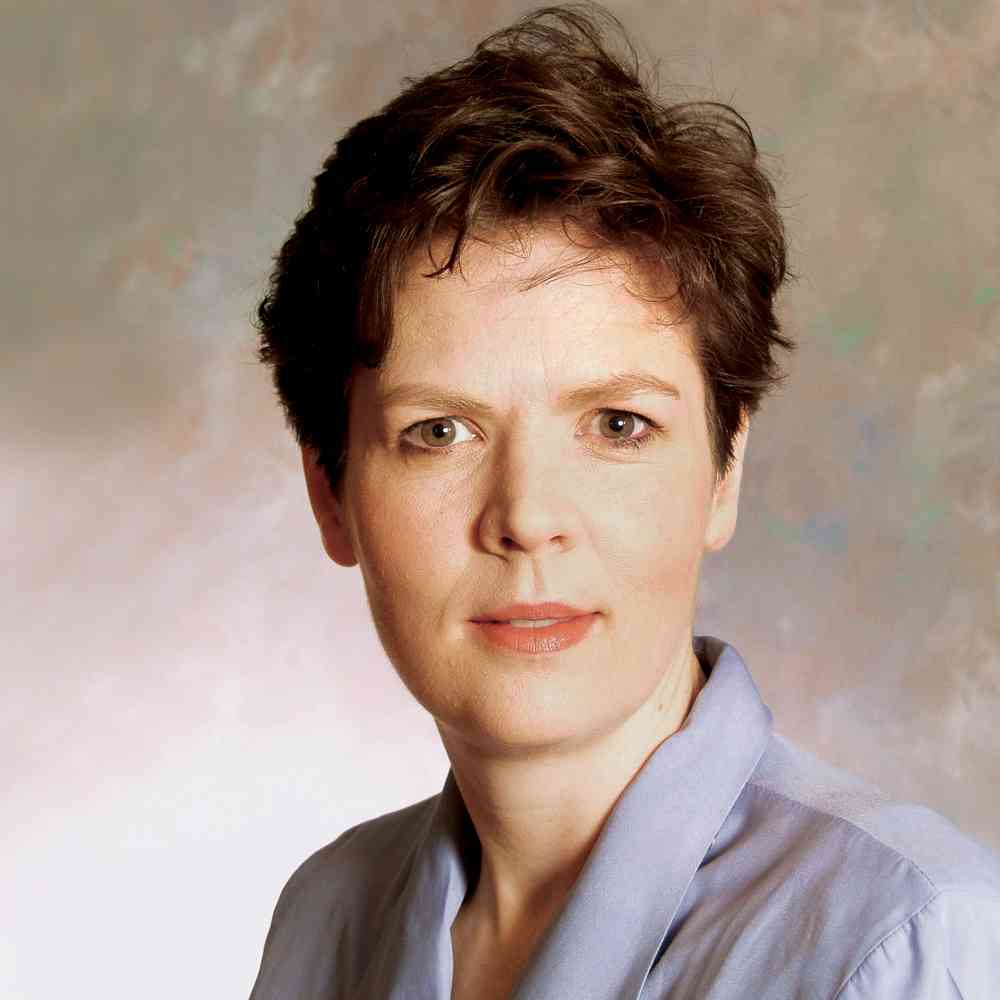
 © Ibis Reproductive Health
© Ibis Reproductive Health
Charlotte Ellertson
Our goal is not to promote oral contraceptives but to remove obstacles that prevent women from using them.”
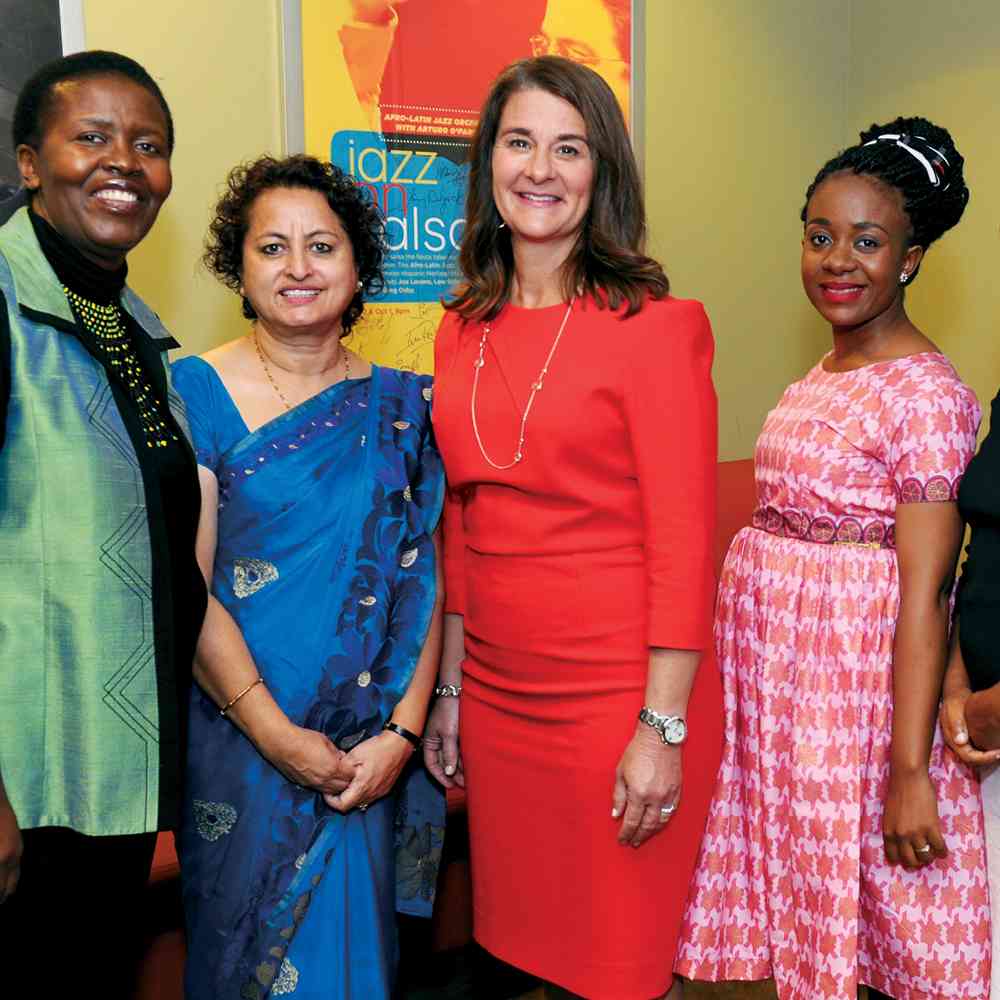
 © Craig Barritt/Getty Images for The Moth
© Craig Barritt/Getty Images for The Moth
Melinda Gates
My journey as a public advocate began with family planning…. But I quickly realized…that it’s not enough to speak up for family planning…. I had to speak up for WOMEN.”

 © Bettmann
© Bettmann
Margaret Sanger
and other pioneers of family planning
No woman can call herself free who does not own and control her body. No woman can call herself free until she can choose consciously whether she will or will not be a mother.”
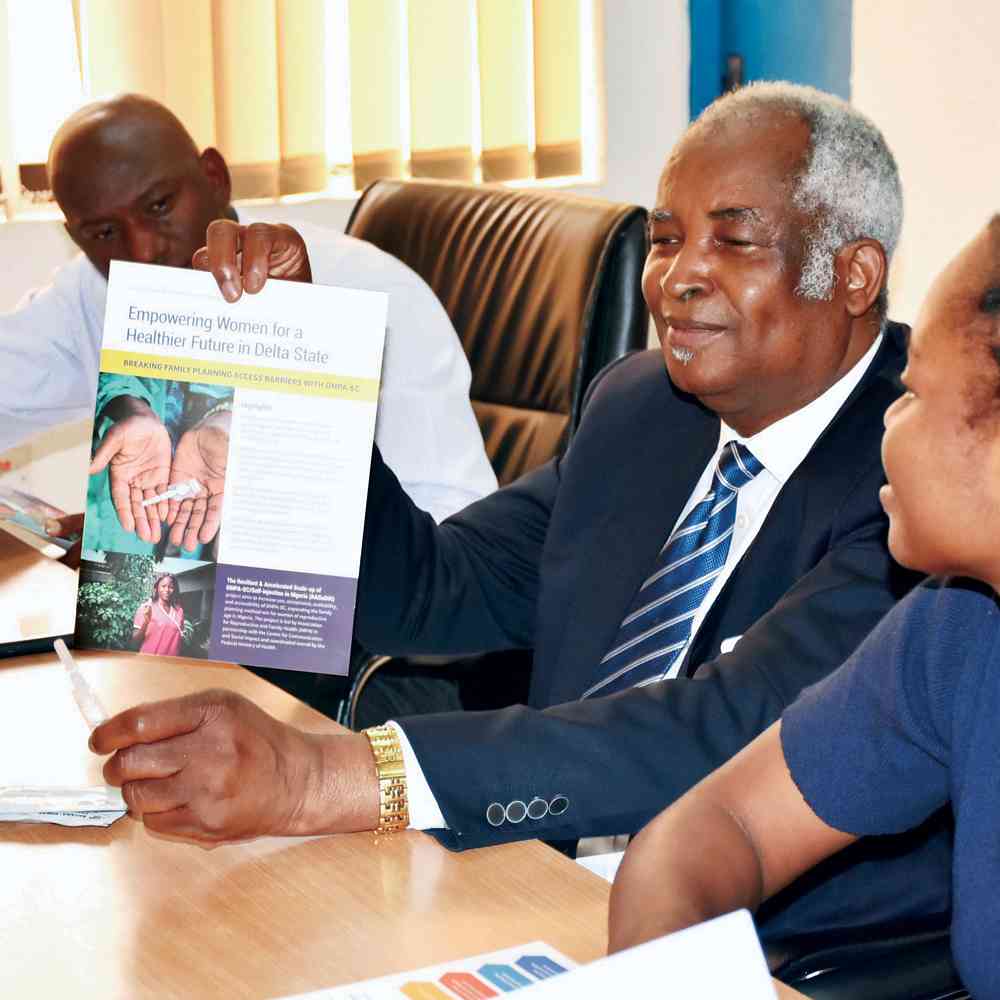
 © Grace Oguntade
© Grace Oguntade
Dr. Oladapo A. Ladipo
Contraception is central to sustainable development! Failure to moderate population growth in developing countries through an effective family planning programme will have adverse effects on health, the economic power of families, education, quality of life and the environment.”
All forms of progress and change hinge on gender equality. Realizing sexual and reproductive health on an equal basis frees people to claim other rights, such as going to school, finding a decent job or having a say in their family and community. Since no country has yet achieved gender equality, UNFPA walks shoulder-to-shoulder with activists on the front lines in the continued struggle to end all forms of gender discrimination, once and for all.
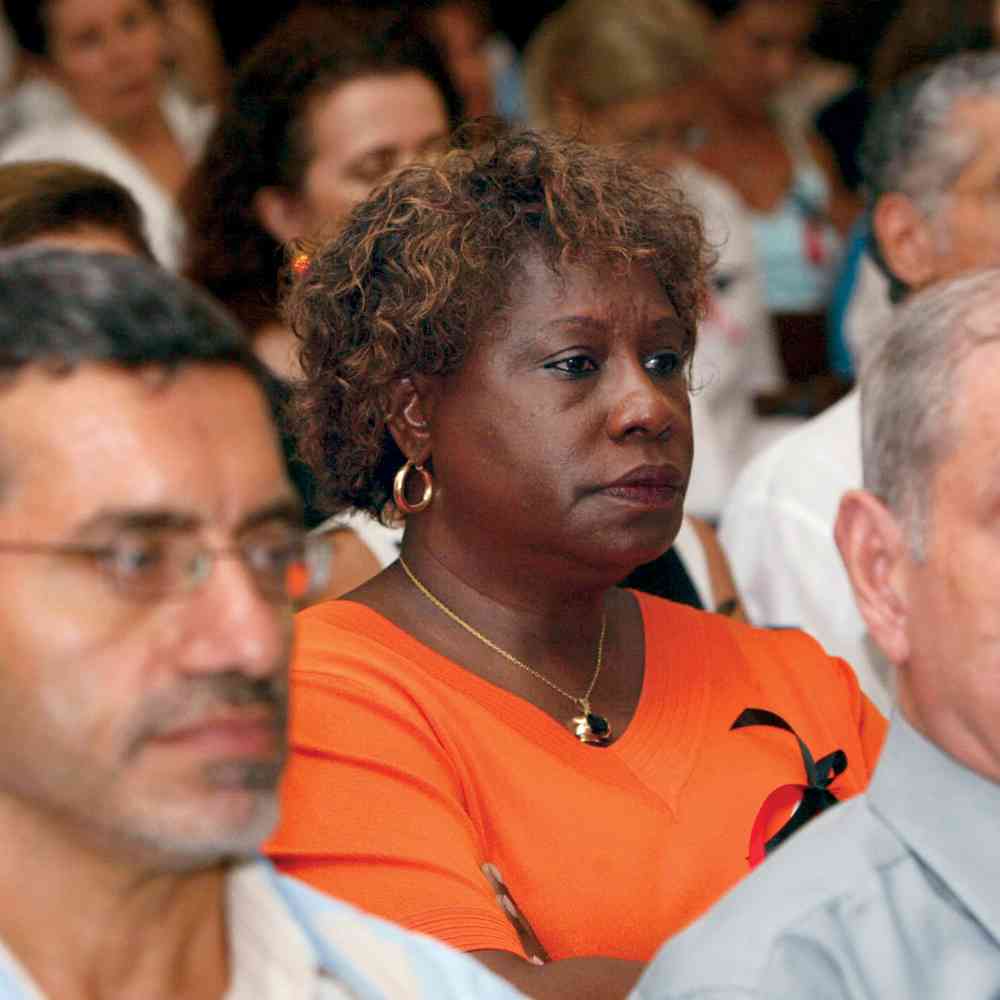
 © Seyllou/AFP/Getty Images
© Seyllou/AFP/Getty Images
Marie-Angélique Savané
To change the status of women in the patriarchal system, WE NEED REVOLUTIONS that change the conditions of men and women, hence the concept of gender. You cannot be a FEMINIST without being a militant.”

 © Seyllou/AFP/Getty Images
© Seyllou/AFP/Getty Images
Marie-Angélique Savané
To change the status of women in the patriarchal system, WE NEED REVOLUTIONS that change the conditions of men and women, hence the concept of gender. You cannot be a FEMINIST without being a militant.”
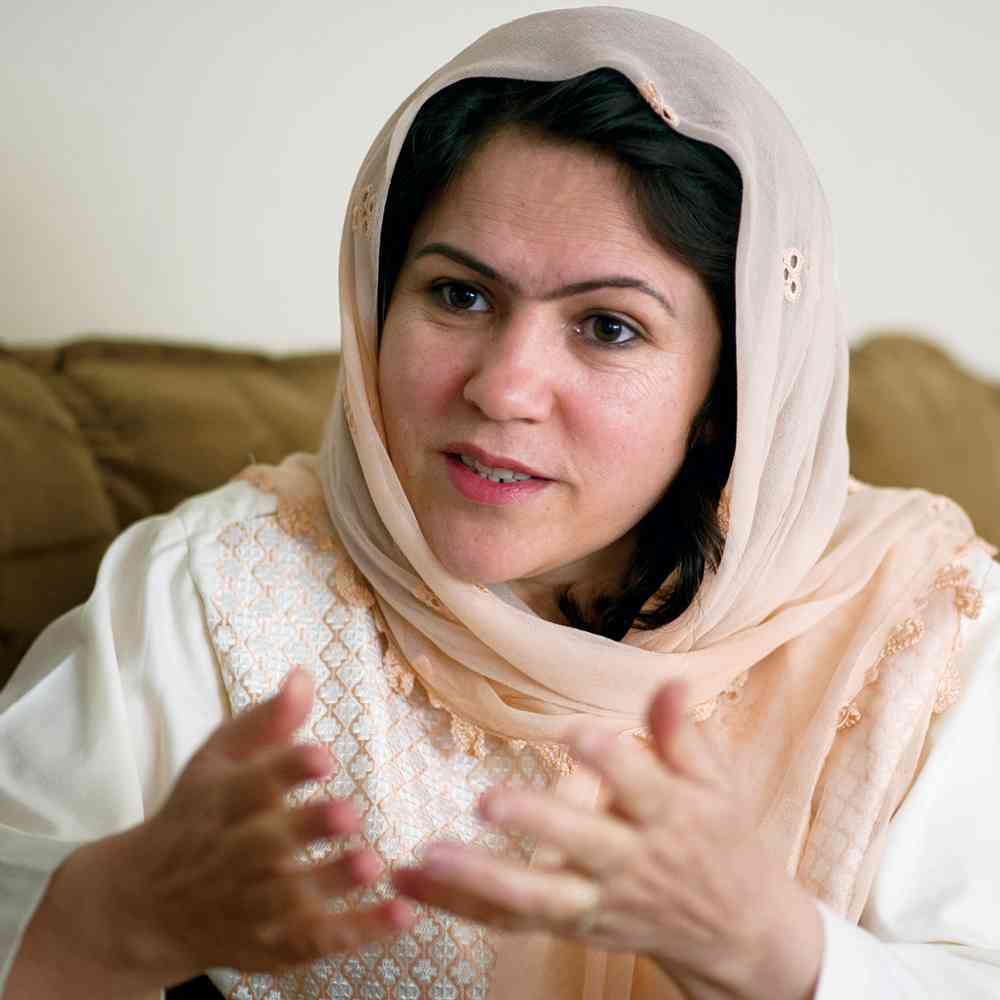
 © Johannes Eisele/AFP/GettyImages
© Johannes Eisele/AFP/GettyImages
Fawzia Koofi
I want my daughters to be respected as human beings; that’s the country I’m FIGHTING FOR.”
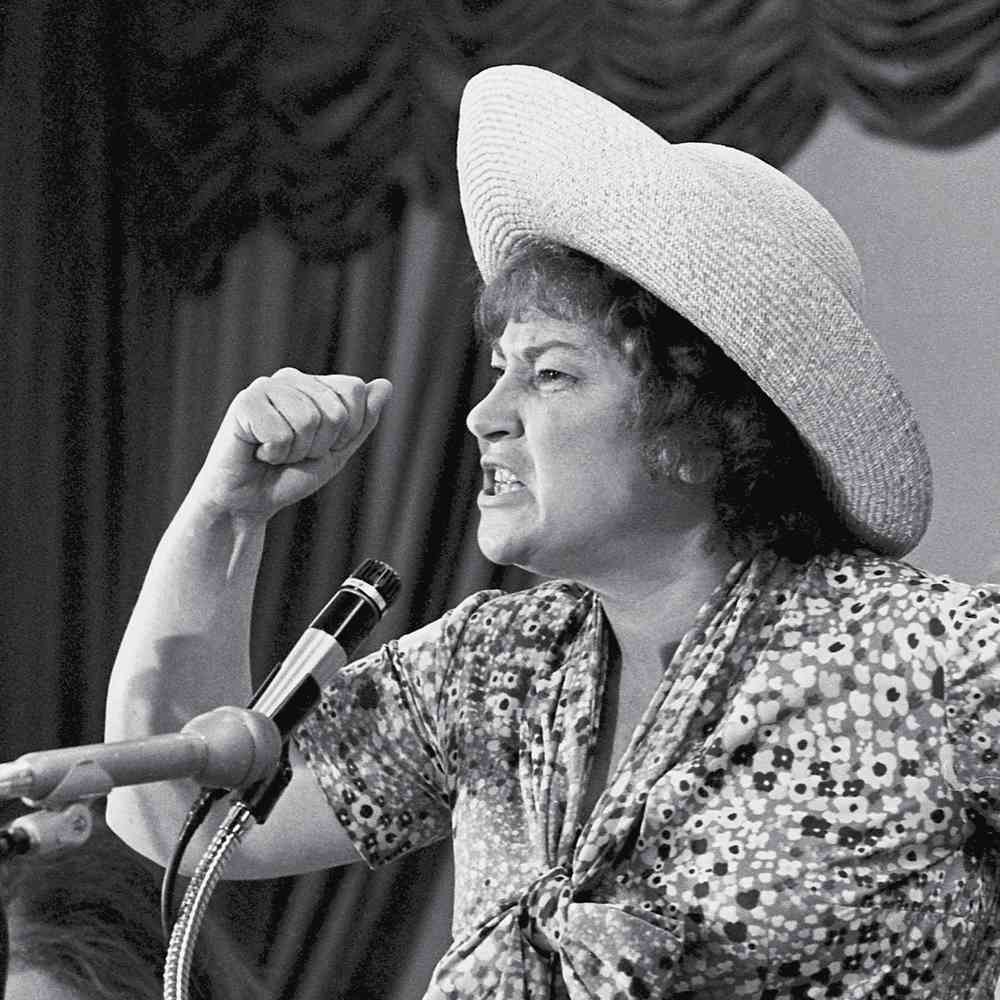
 © Keith Torrie/NY Daily News Archive via Getty Images
© Keith Torrie/NY Daily News Archive via Getty Images
Bella Abzug
We are bringing women into politics to change the nature of politics, to change the vision, to change the institutions. Women are not wedded to the policies of the past. We didn’t craft them. They didn’t let us.”
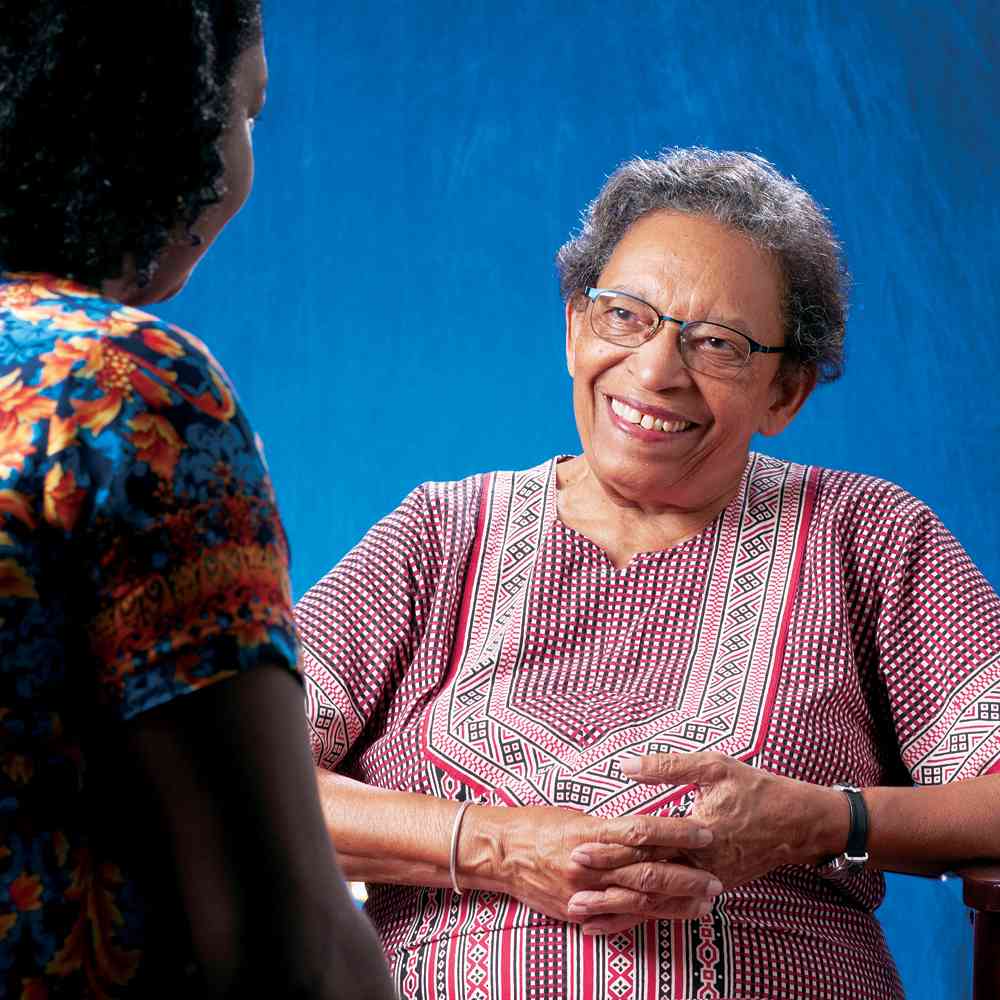
 © UNFPA/Brooks LaTouche Photography
© UNFPA/Brooks LaTouche Photography
Peggy Antrobus
At the UN women’s conferences, women from around the world first encountered each other in a sustained and ever-deepening process...[that] was to nurture and expand this movement in a way that not even its strongest protagonists could have imagined.”
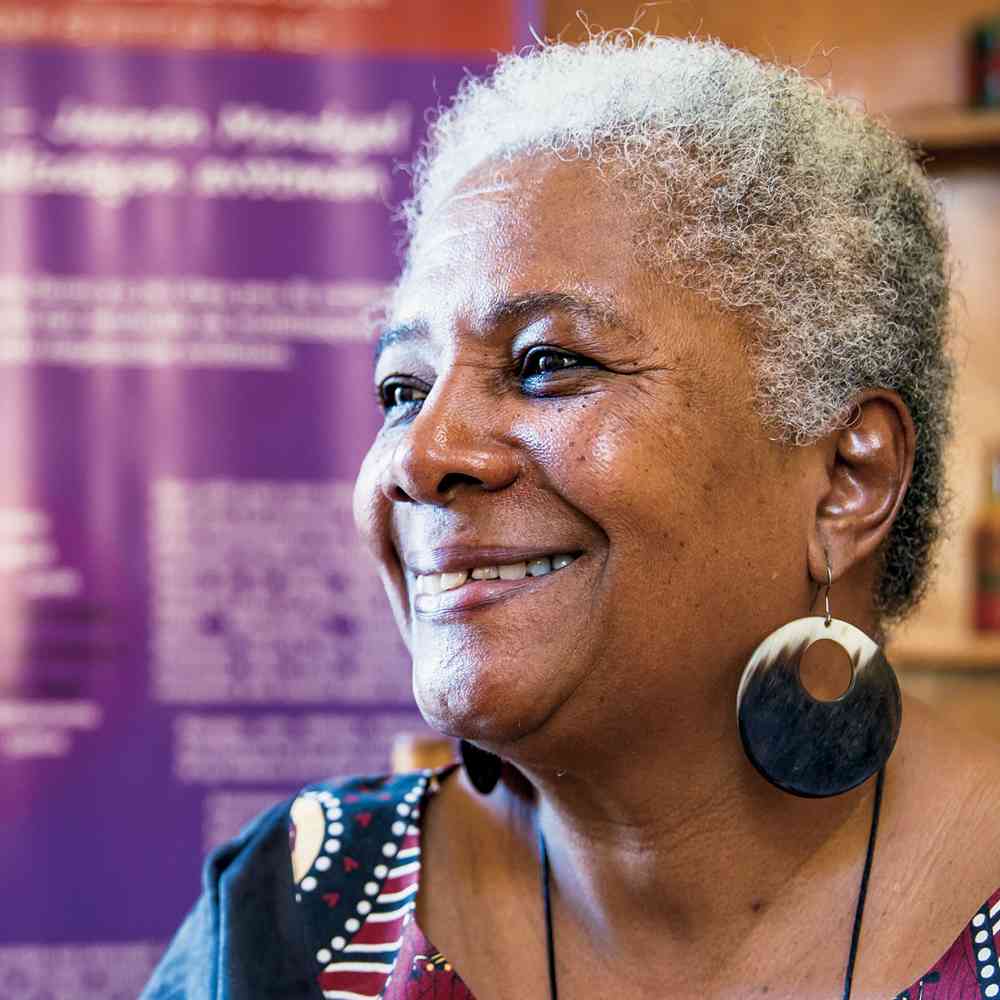
 © UNFPA/M. Bradley
© UNFPA/M. Bradley
Lise-Marie Dejean
Women are beginning to represent themselves as people with rights. It’s a beautiful gain. When a person is psychologically ready to defend herself as a human being, that’s a big victory. She won’t get lost. She won’t allow anyone to walk over her.”

 © Noam Galai/WireImage
© Noam Galai/WireImage
Gloria Steinem
Don’t think about making women fit the world— think about making the world fit WOMEN.”
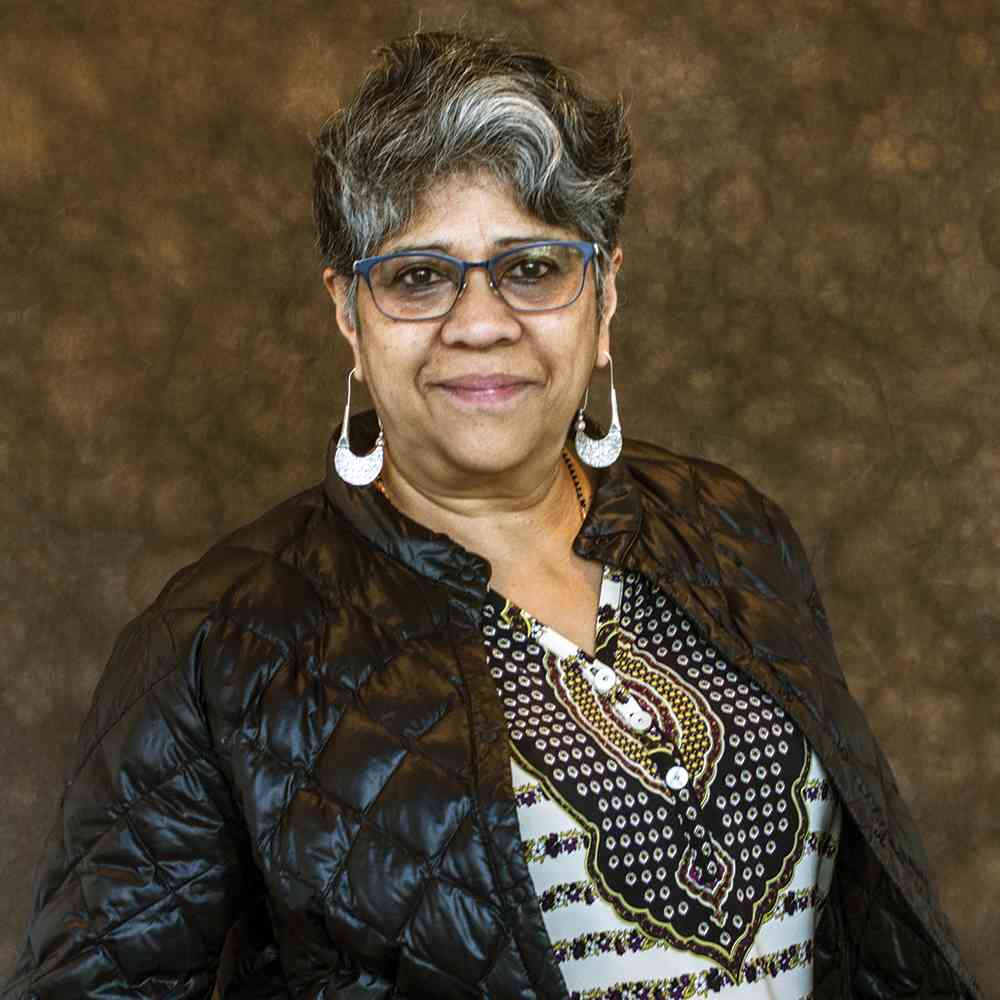
 © Stephanie Seguino
© Stephanie Seguino
Radhika Balakrishnan
What is the economy for? It’s a very basic question but a very radical one. What we posit is that the economy should be for the realization of rights.”
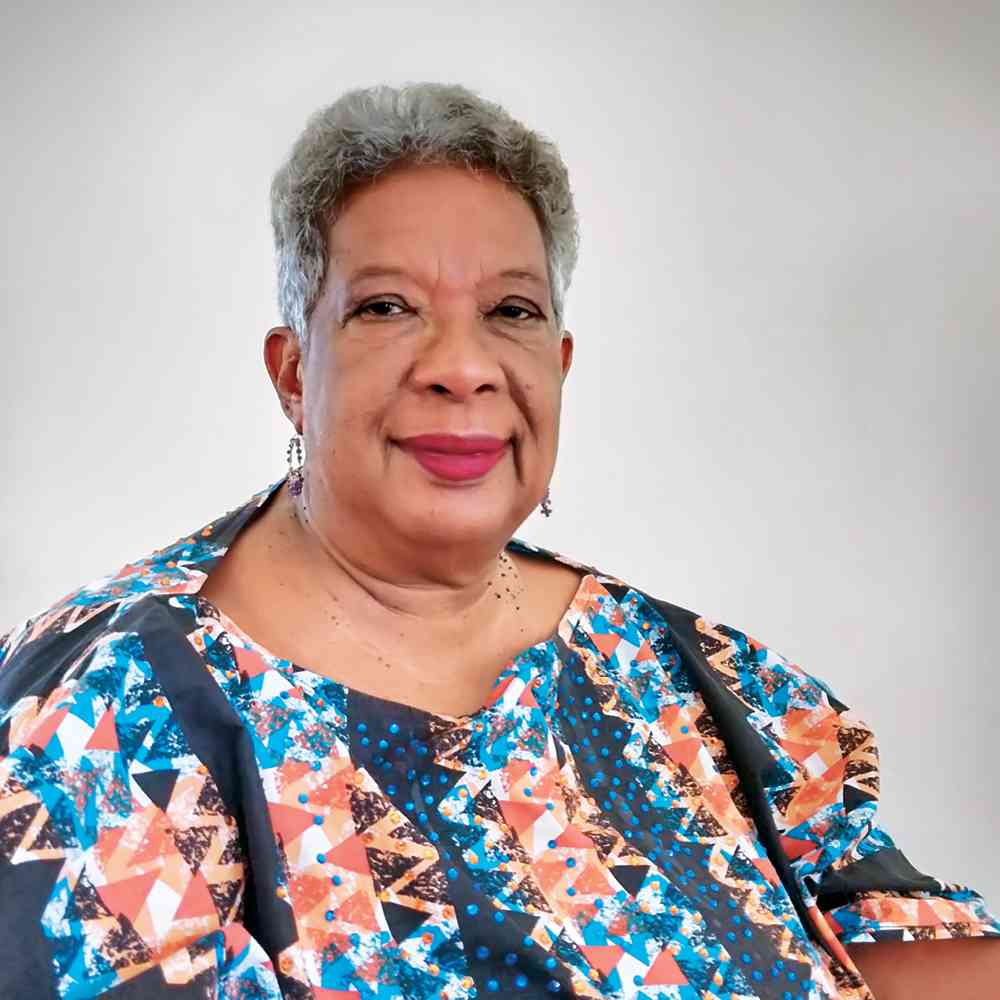
 © Jocelyn Dow
© Jocelyn Dow
Jocelyn Dow
In a globalizing world, we must ensure that consumers and investors are fully aware of the actions and impacts companies have on women, on families, on the planet.”
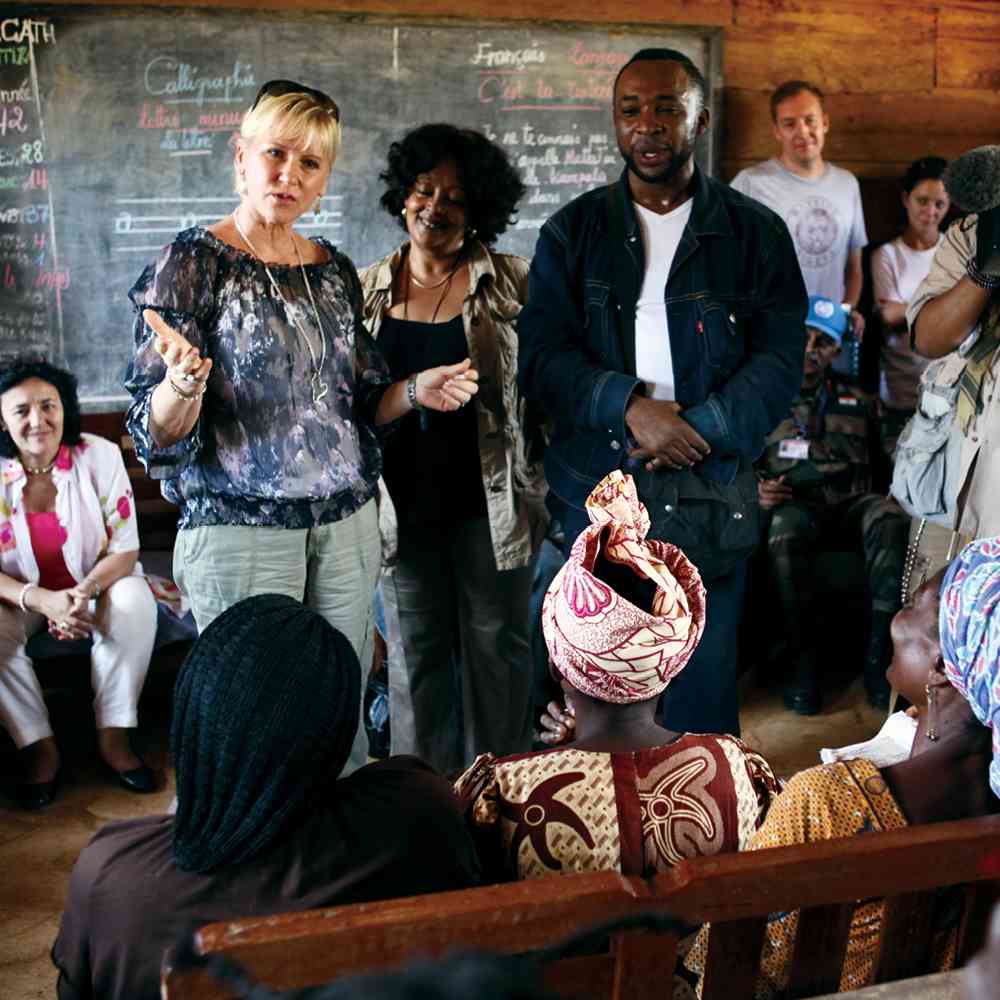
 © Gwenn Dubourthoumieu
© Gwenn Dubourthoumieu
Margot Wallström
A feminist foreign policy is an analysis of the world.”
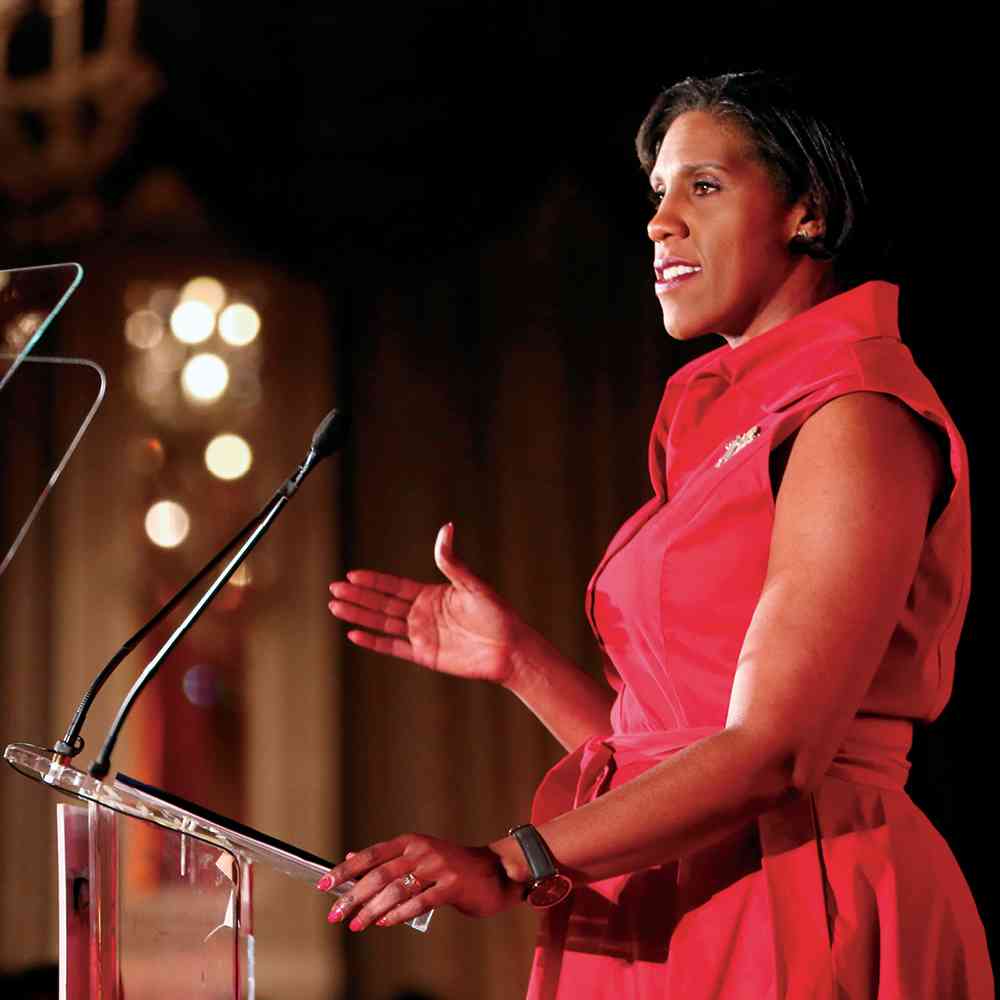
 © Monica Schipper/Getty Images for Ms. Foundation For Women
© Monica Schipper/Getty Images for Ms. Foundation For Women
Teresa C. Younger
We’re such a small world and such a small community, and yet we feel sometimes so far away from each other. But we have shared stories to tell and we have shared problems to solve, and we can only do that if we take the time to LISTEN to each other.”
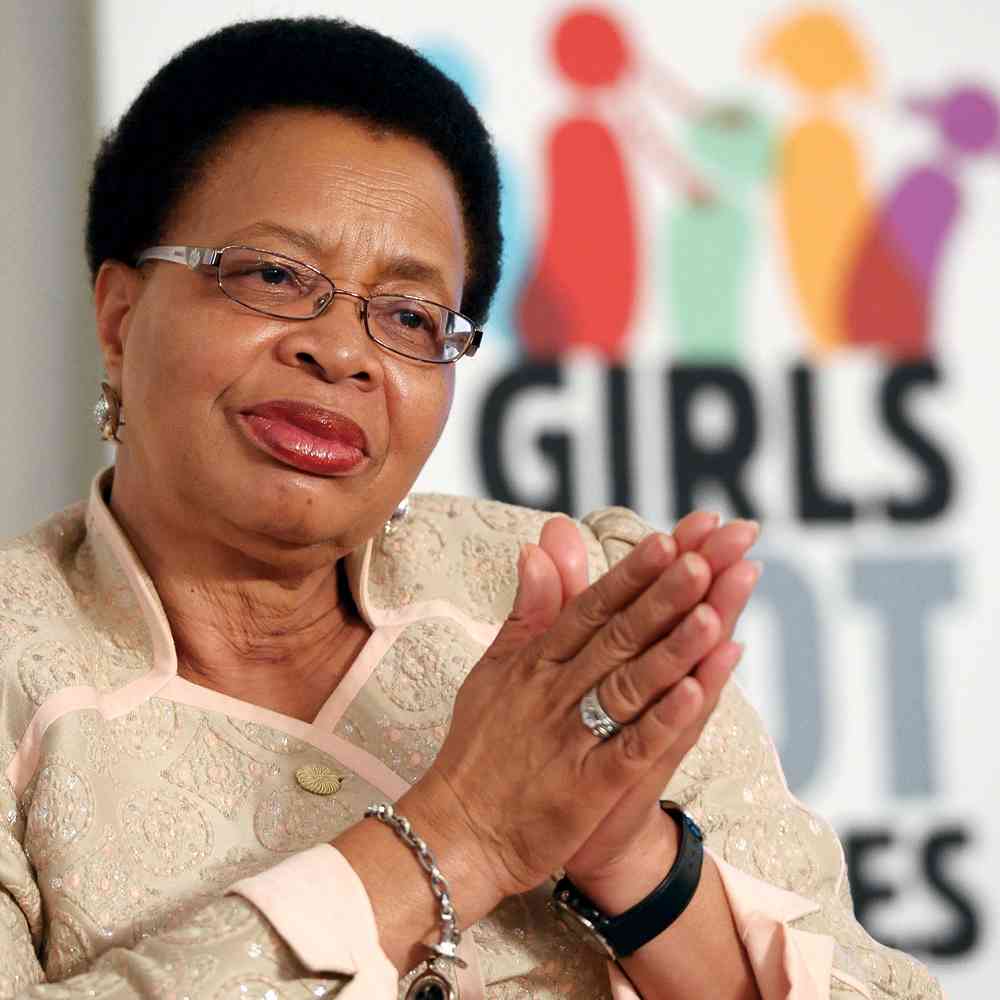
 © Stephane De Sakutin/AFP/Getty Images
© Stephane De Sakutin/AFP/Getty Images
Graça Machel
Let us give a face and a voice to that GIRL CHILD who has been ignored. When at last she is front and centre of our development efforts, it is she who will CHANGE THE WORLD.“”
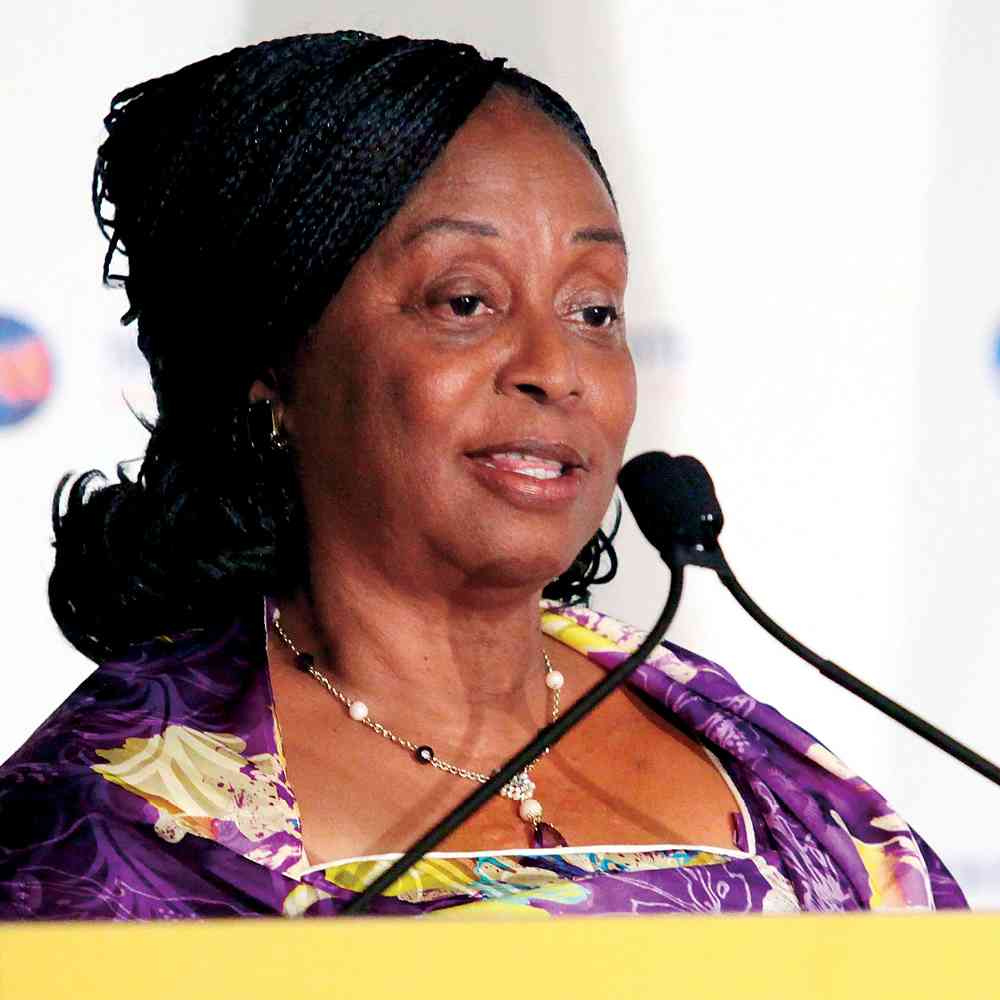
 © Astrid Stawiarz/Getty Images
© Astrid Stawiarz/Getty Images
Thelma Awori
The never-ending discussion on poverty and the disadvantage mentality does not lift our sights to what African women have done to overcome many of these challenges. Looking at these achievements gives dignity and recognition to women, which they so much deserve.”
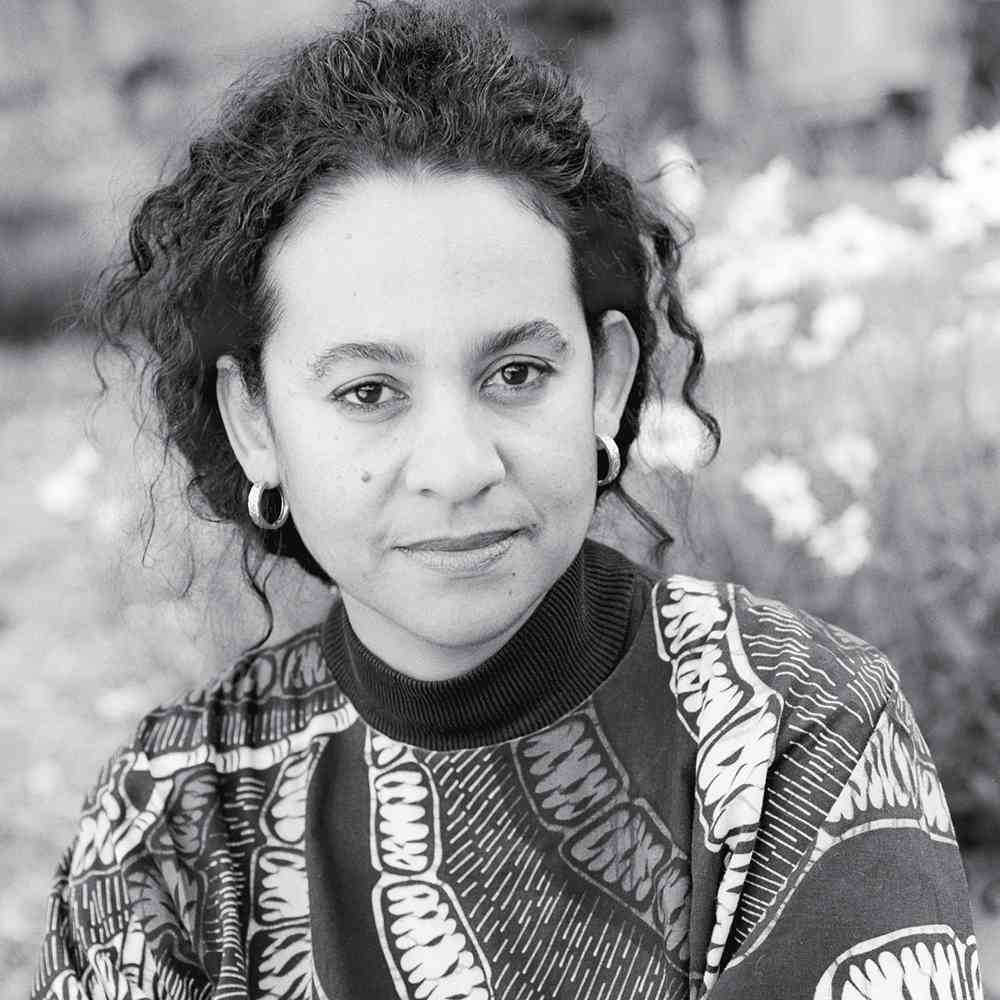
 © Terry Lorant
© Terry Lorant
Amina Mama
Women are weavers: we are very good at making links and building connections.”
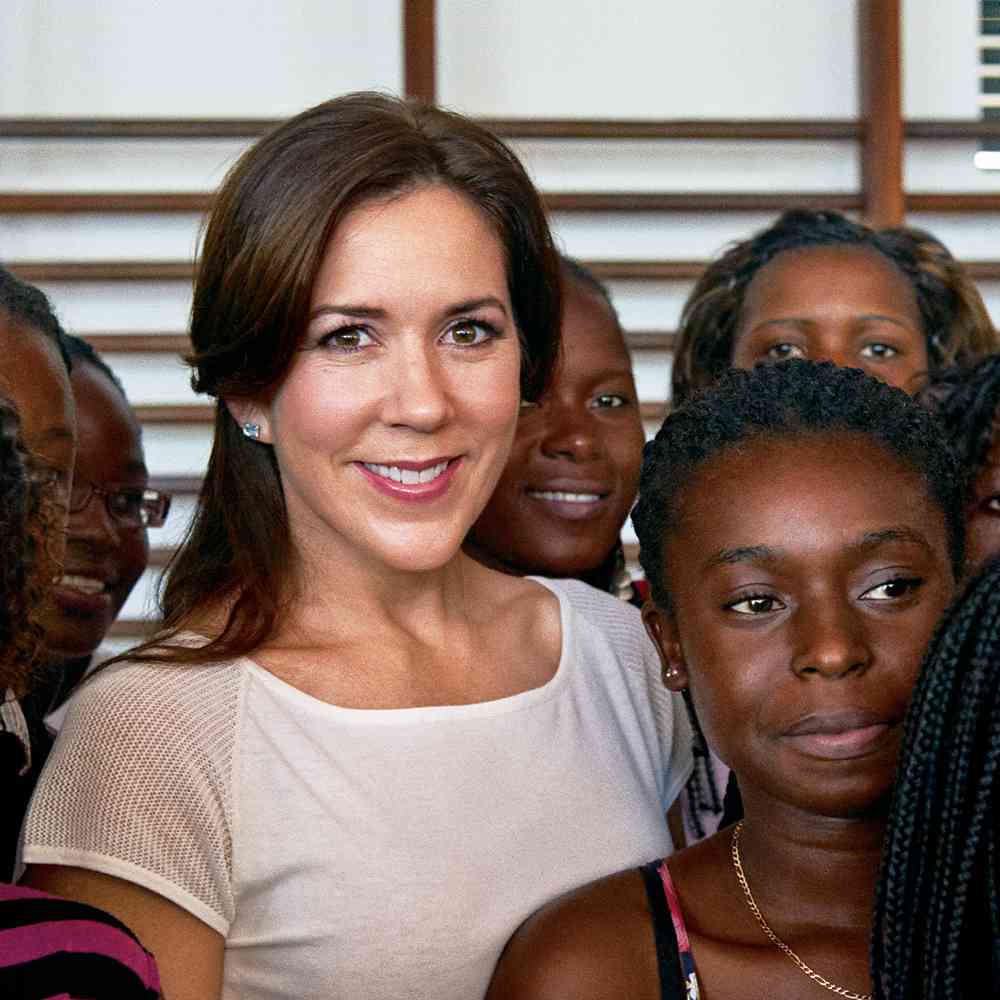
 © Franne Voigt
© Franne Voigt
Crown Princess Mary of Denmark
All human beings are born free and equal in dignity and rights. We cannot and must not accept gender-based violence, discrimination or bullying.”
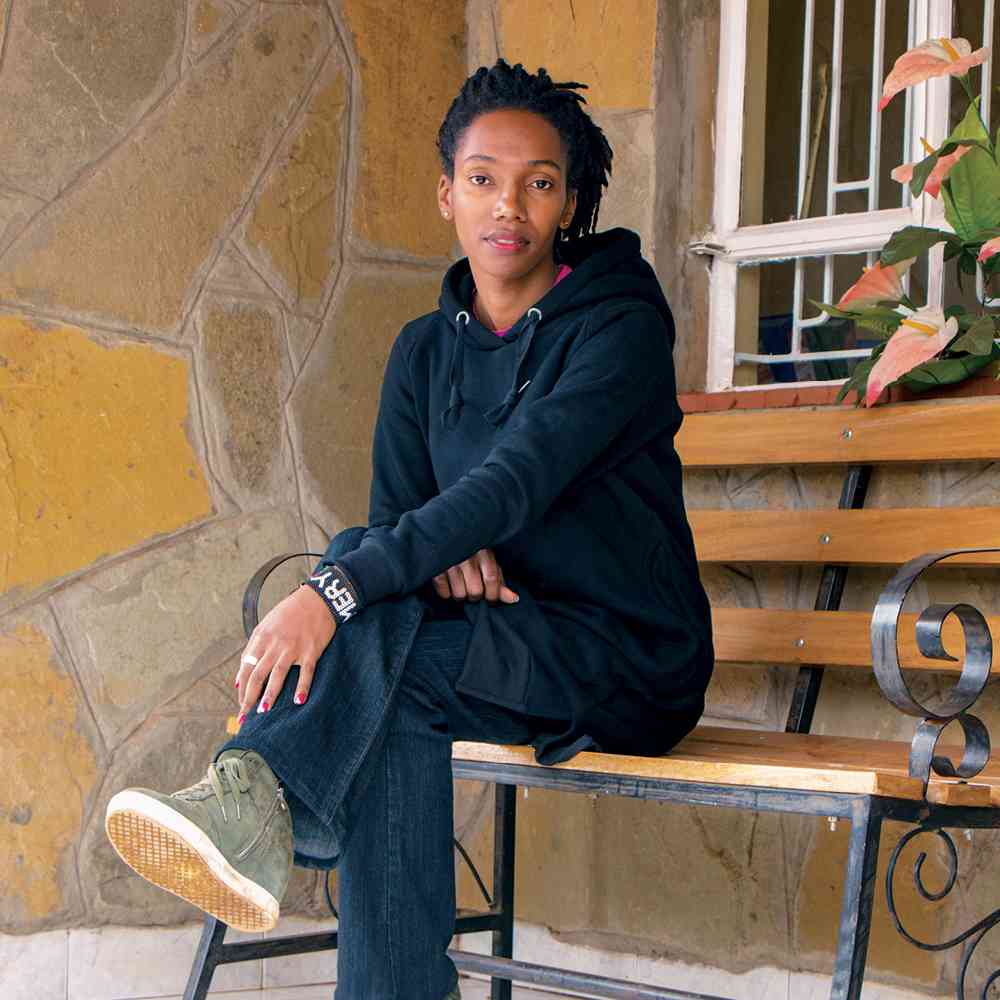
 © UNFPA/B. Onunga
© UNFPA/B. Onunga
Audrey Mbugua
[Campaigning for transgender rights] has to be done so that people are able to live lives that are full of dignity, where people are not hindered from being who they are.”
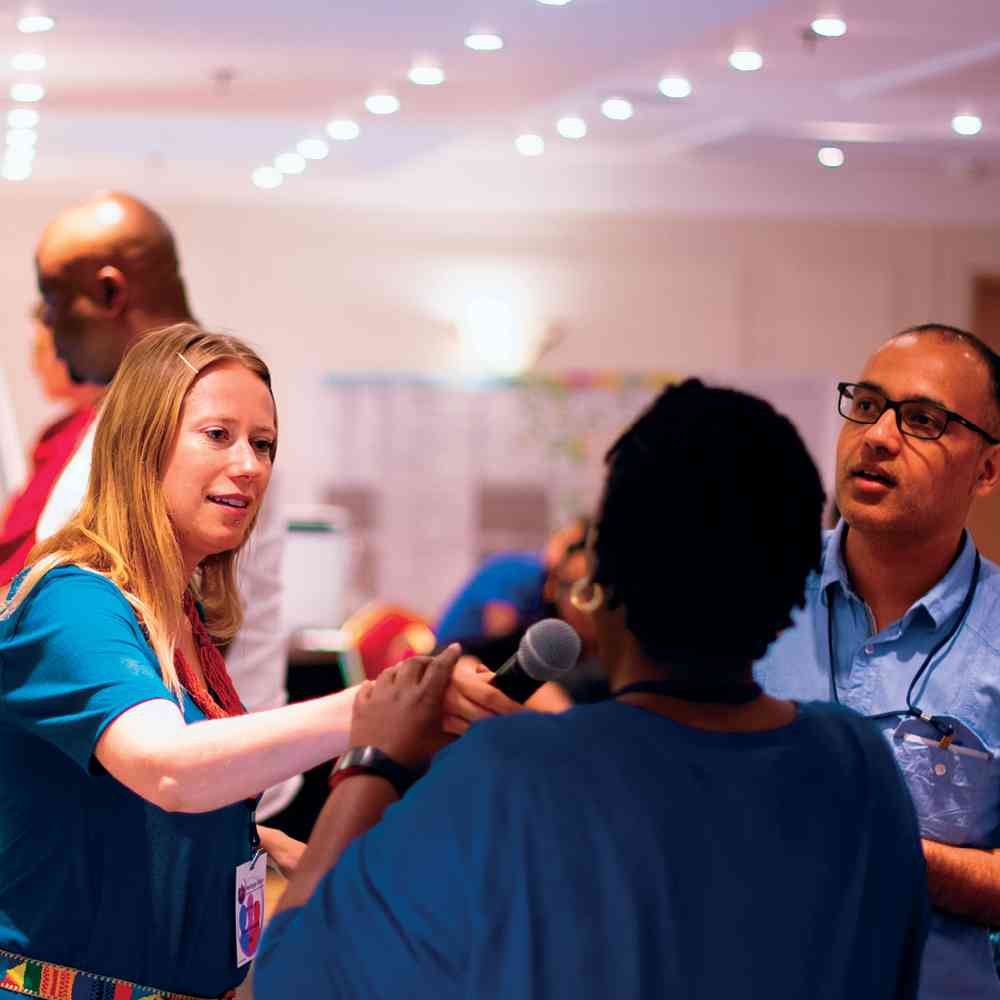
 © Tom Hornbrook/MenEngage Global Alliance
© Tom Hornbrook/MenEngage Global Alliance
Joni van de Sand and Laxman Belbase
We need to mobilize MEN AND BOYS to dismantle patriarchy, while being fully accountable to those most impacted by patriarchy—women, girls, gender non-conforming people, and those on the margins of the margins.”
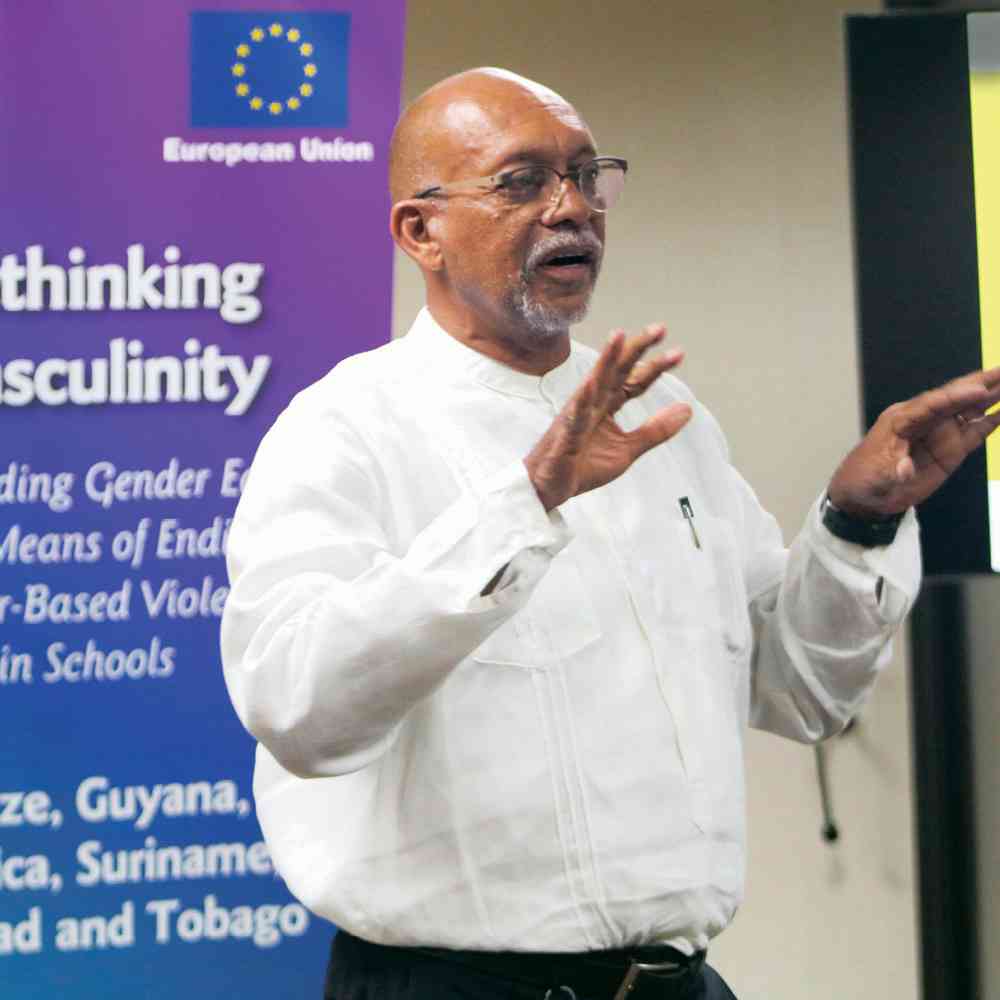
 © Necola Meyers
© Necola Meyers
Peter Douglas Weller
For many people the idea of putting resources into working with MEN is anathema; it’s consorting with the enemy. But we stand firm. We keep advocating.”
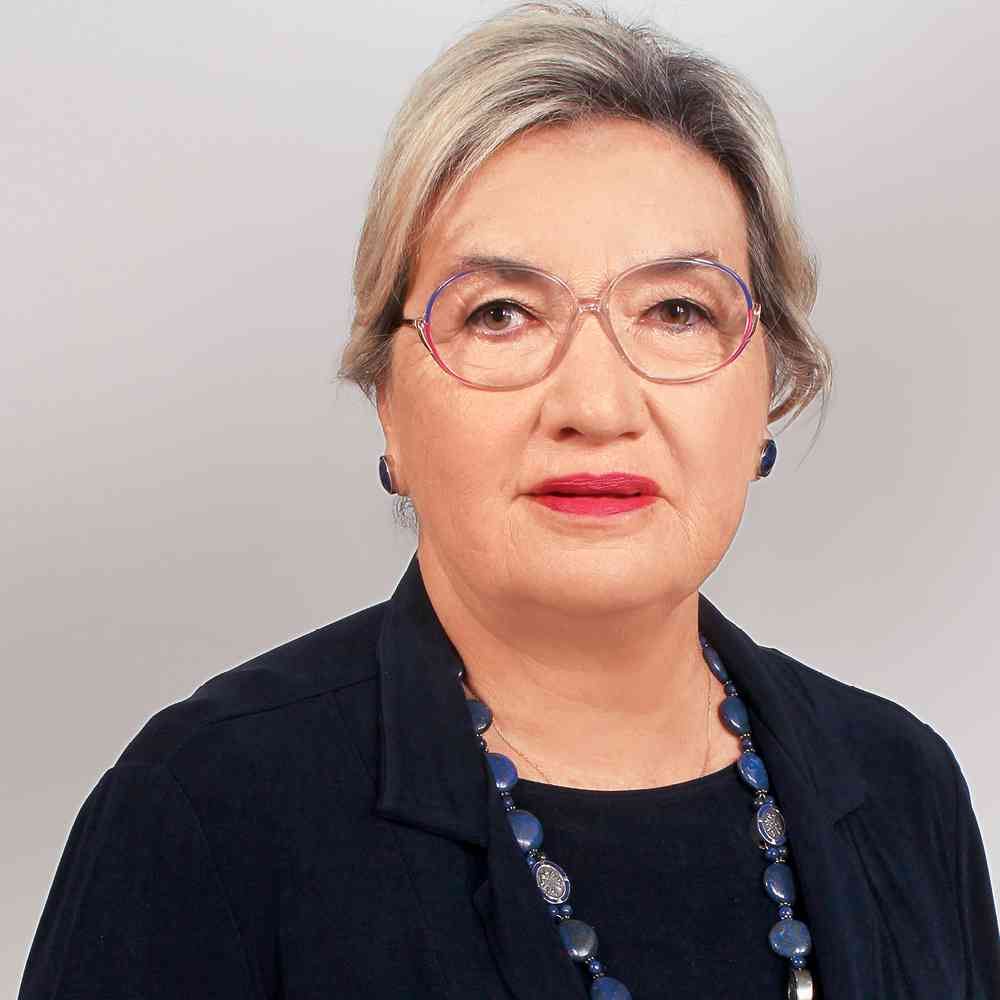
 © Feride Acar
© Feride Acar
Feride Acar
Reactionary, populist movements and governments in so many countries…are, once again, openly challenging the values and ideals of civil liberties and gender equality. While I feel justifiably disturbed by these threats, I am in NO way discouraged or disheartened.””

 © Sam Vaudrey/Alamy Stock Photo
© Sam Vaudrey/Alamy Stock Photo
Margaret Atwood
We have not seen such a blatant pushback against women for a very long time. Some women are fighting for rights they’ve never had, but others are fighting the threat of removal of such rights. Now is not the time to take anything for granted.”
Gender-based violence is a violation of human rights that appears in every society and community, flourishing from deeply rooted gender discrimination. Domestic abuse, rape and other sexual violations and sexual harassment are among many forms taking a terrible toll on the health, rights and dignity of people everywhere. Courageous activists are standing up to this scourge.
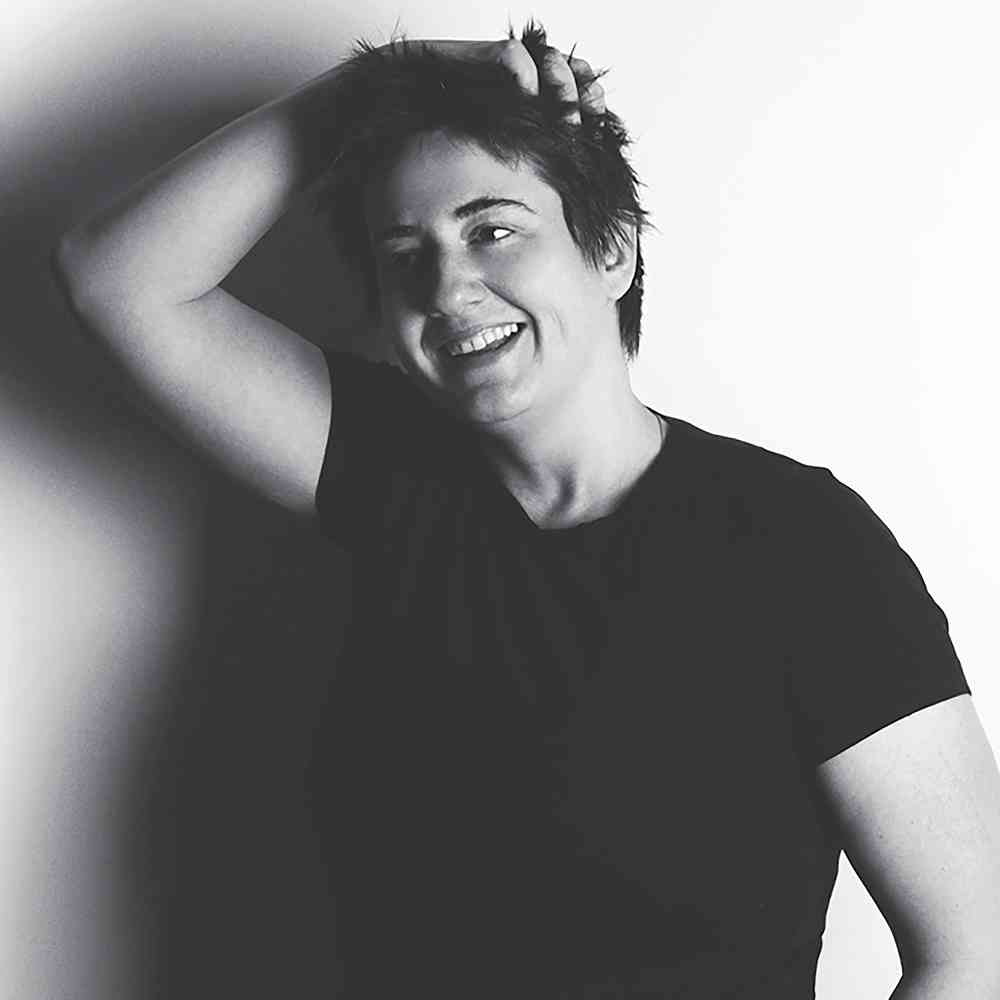
 © Dalibor Stankovic
© Dalibor Stankovic
Marijana Savic
The ultimate solution in combating violence is achieving equality. A successful women’s initiative is not only a gem in this, but also a subversive activity that will bring about change.”

 © Dalibor Stankovic
© Dalibor Stankovic
Marijana Savic
The ultimate solution in combating violence is achieving equality. A successful women’s initiative is not only a gem in this, but also a subversive activity that will bring about change.”
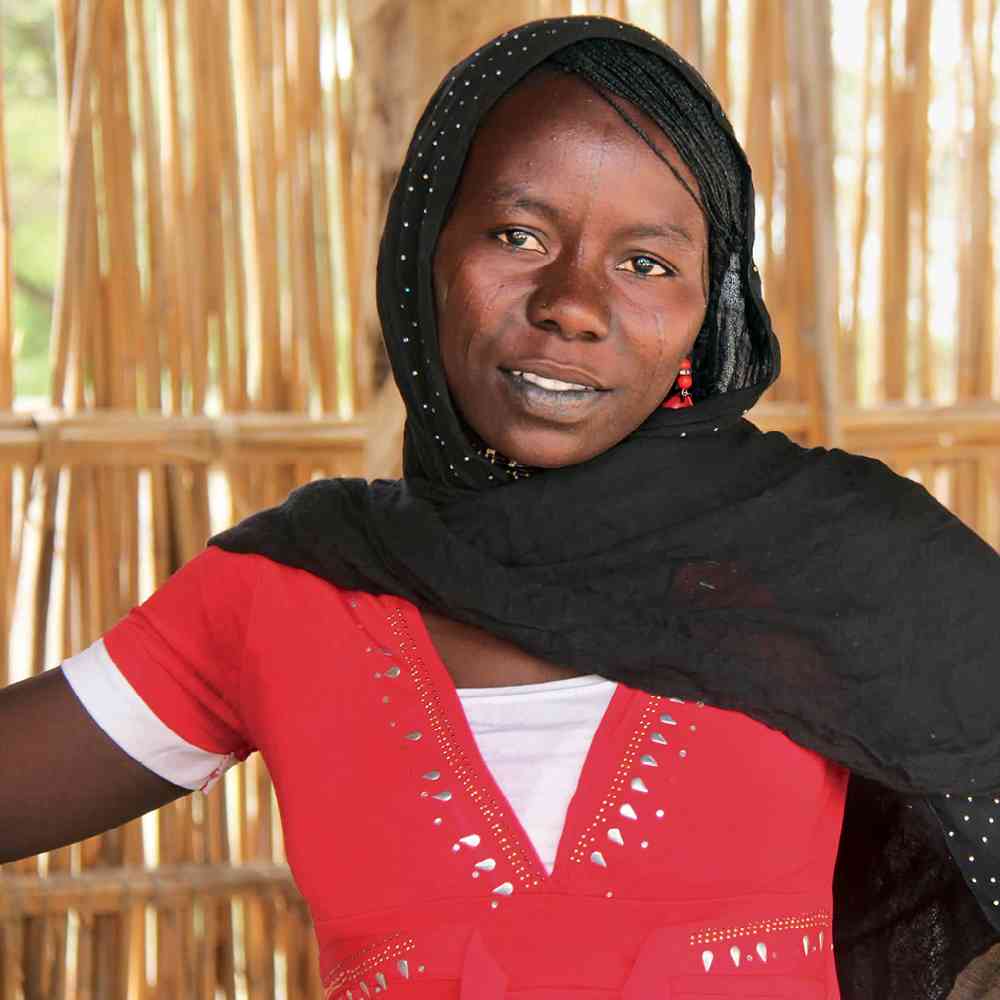
 © UNFPA/T. Somda
© UNFPA/T. Somda
Halima Yakoy Adam
I do not want other girls or boys to fall into the same mistakes as me, and to be embroiled in extremism and violence.”
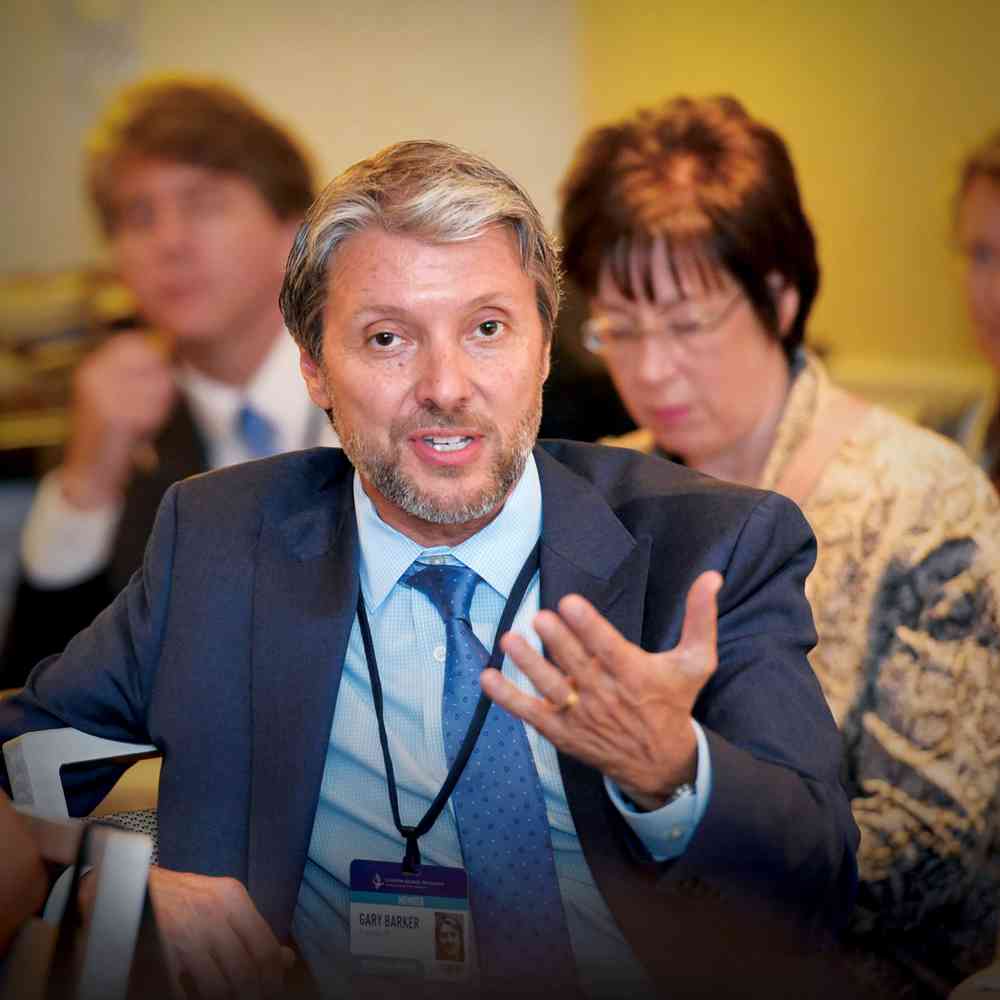
 © Juliana Thomas/CGI
© Juliana Thomas/CGI
Gary Barker
We will not achieve gender equality if we don’t own our role in the process. As men, this means listening more. It means being aware of our power and privilege…and it means turning our good intentions into meaningful, thoughtful and urgent action.”
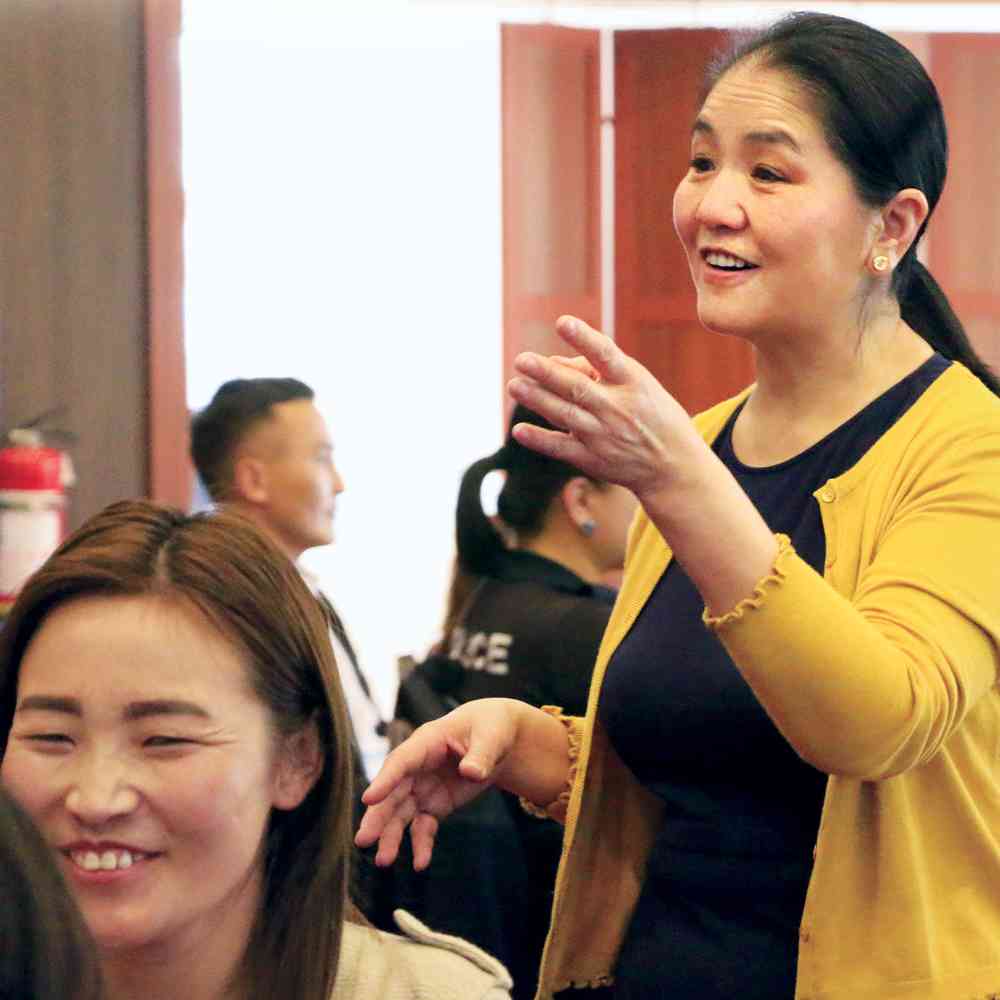
 © UNFPA Mongolia
© UNFPA Mongolia
Enkhjargal Davaasuren
In a male-dominated, patriarchal society, women don’t realize how strong they can be. BE STRONG, but more importantly, be collectively strong. Women must work together to achieve social change. The challenges are systemic, the solutions collective.”
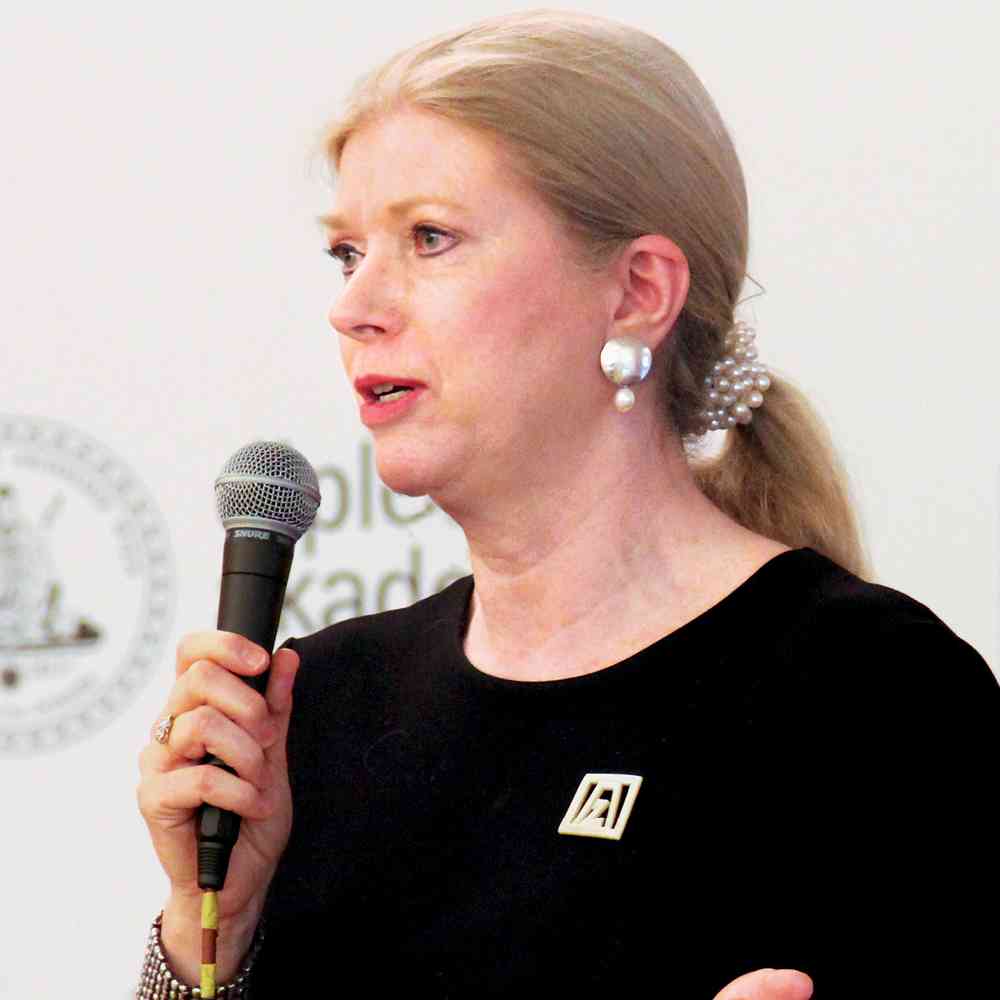
 © Beatrice Svoboda
© Beatrice Svoboda
Susanne von Bassewitz
We believe in making the world a better place by empowering women, and we find joy by working together towards gender equality in a supportive community of like-minded professionals.”
They are the present and the future, already powerful leaders and our best hope for transformative change. UNFPA celebrates the largest generation of young people in history, in all their diversity and possibility. Many were born around or after the 1994 International Conference on Population and Development, growing up in a world with both great possibilities and acute risks. They deserve every opportunity to make their own choices, and realize their potential and aspirations for their lives and their world.
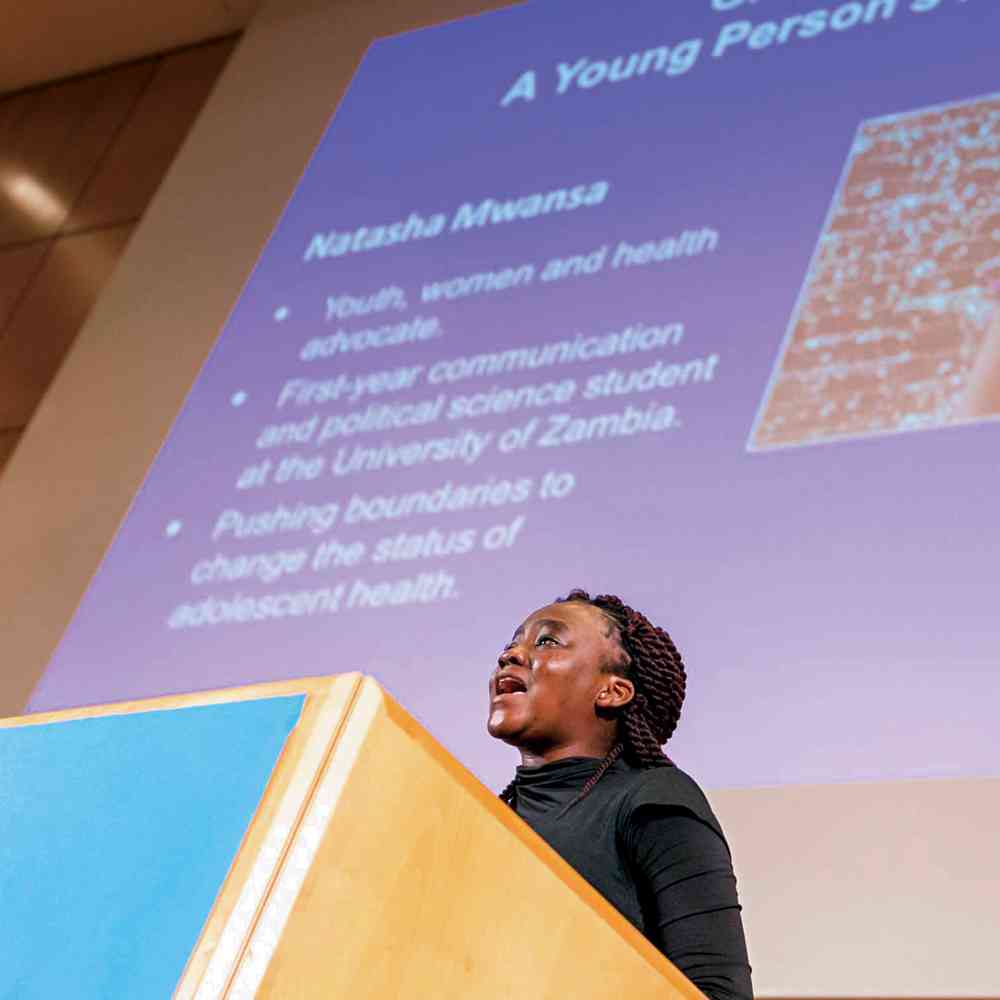
 © Natasha Wang Chibesa Mwansa
© Natasha Wang Chibesa Mwansa
Natasha Wang Chibesa Mwansa
We are not going to be beneficiaries any longer. It’s 2019. We need positions of power. We see improvements when young people decide enough is enough and make moves to influence decision-making.”

 © Natasha Wang Chibesa Mwansa
© Natasha Wang Chibesa Mwansa
Natasha Wang Chibesa Mwansa
We are not going to be beneficiaries any longer. It’s 2019. We need positions of power. We see improvements when young people decide enough is enough and make moves to influence decision-making.”
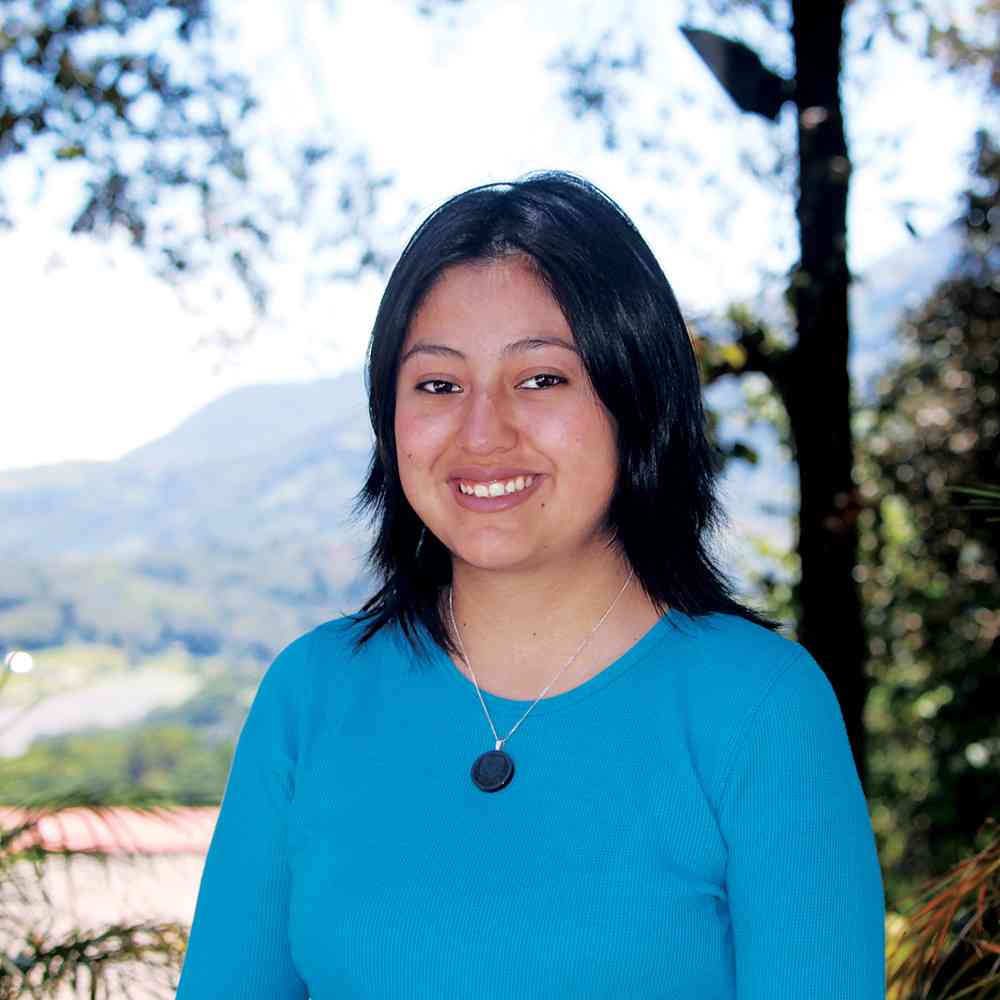
 © UNFPA/M. Leal
© UNFPA/M. Leal
Alejandra Teleguario Santizo
Persistence is important, because we will be able to achieve what we want as women. And get involved. That’s where CHANGE begins.”
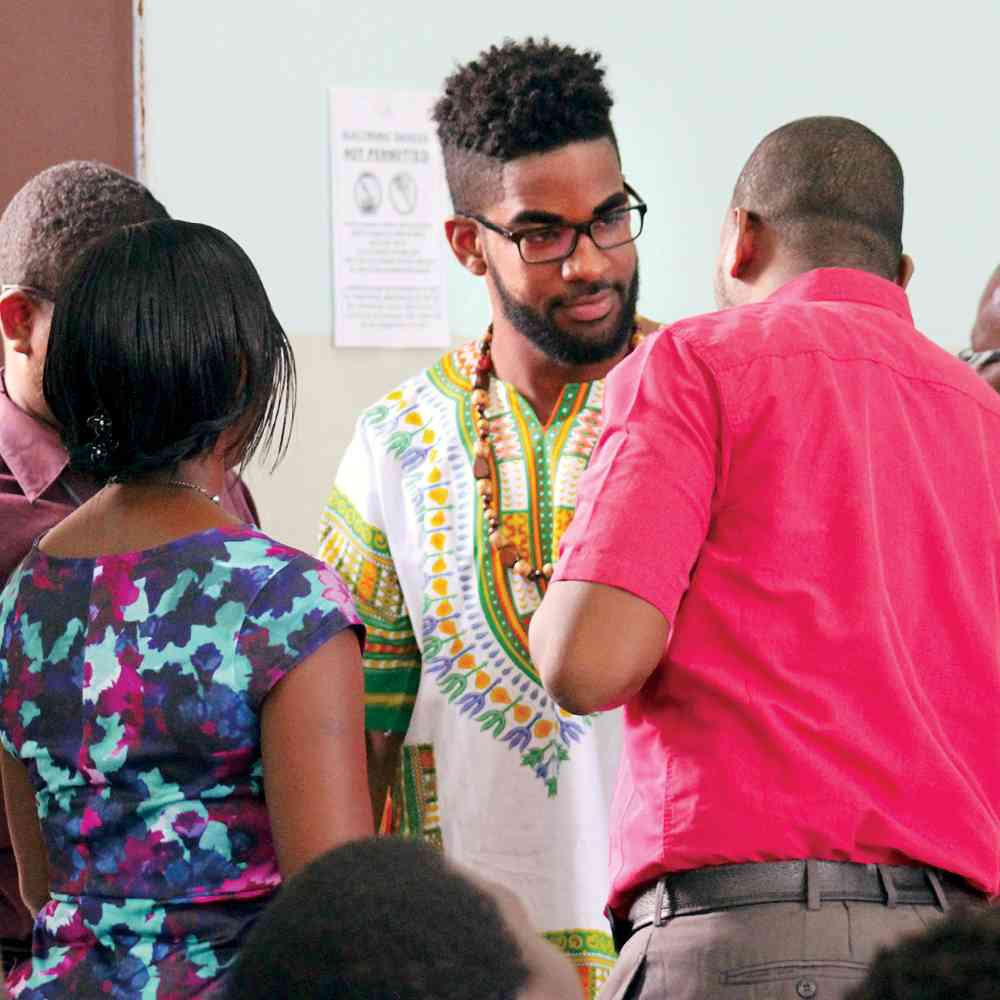
 © Let's Connect Secondary School Tour (Trinidad and Tobago)
© Let's Connect Secondary School Tour (Trinidad and Tobago)
Nikoli Edwards
As a young male in a society that conveniently considers itself conservative, issues surrounding sexual and reproductive health and rights. I am honoured to be part of a community of persons worldwide who recognize that the conversation must happen, and it is our duty to provide A VOICE.”
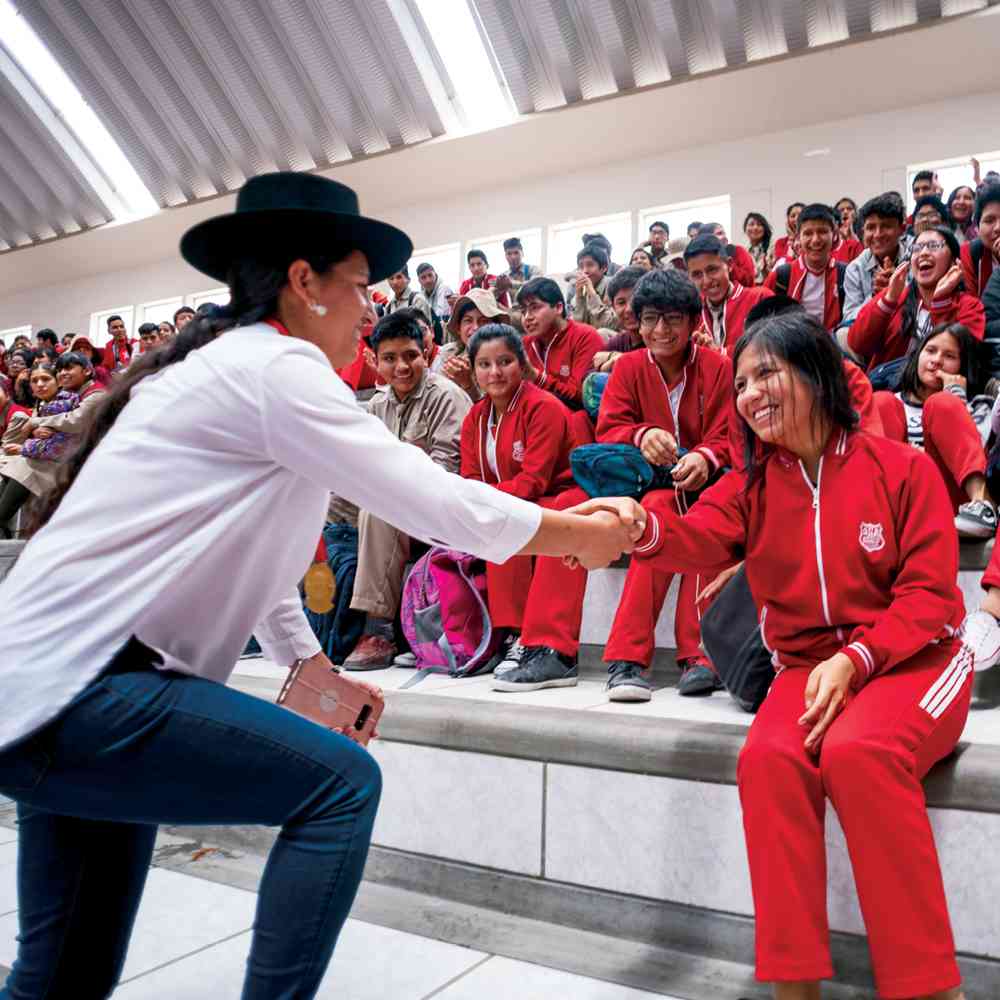
 © Flickr/Neils Oscategui
© Flickr/Neils Oscategui
Tania Pariona Tarqui
The participation of indigenous youth is important in these spaces where the fate of our people is planned and decided. The voice of the youth is important in addressing the issues affecting us, as well as in building alternatives to overcome them.”
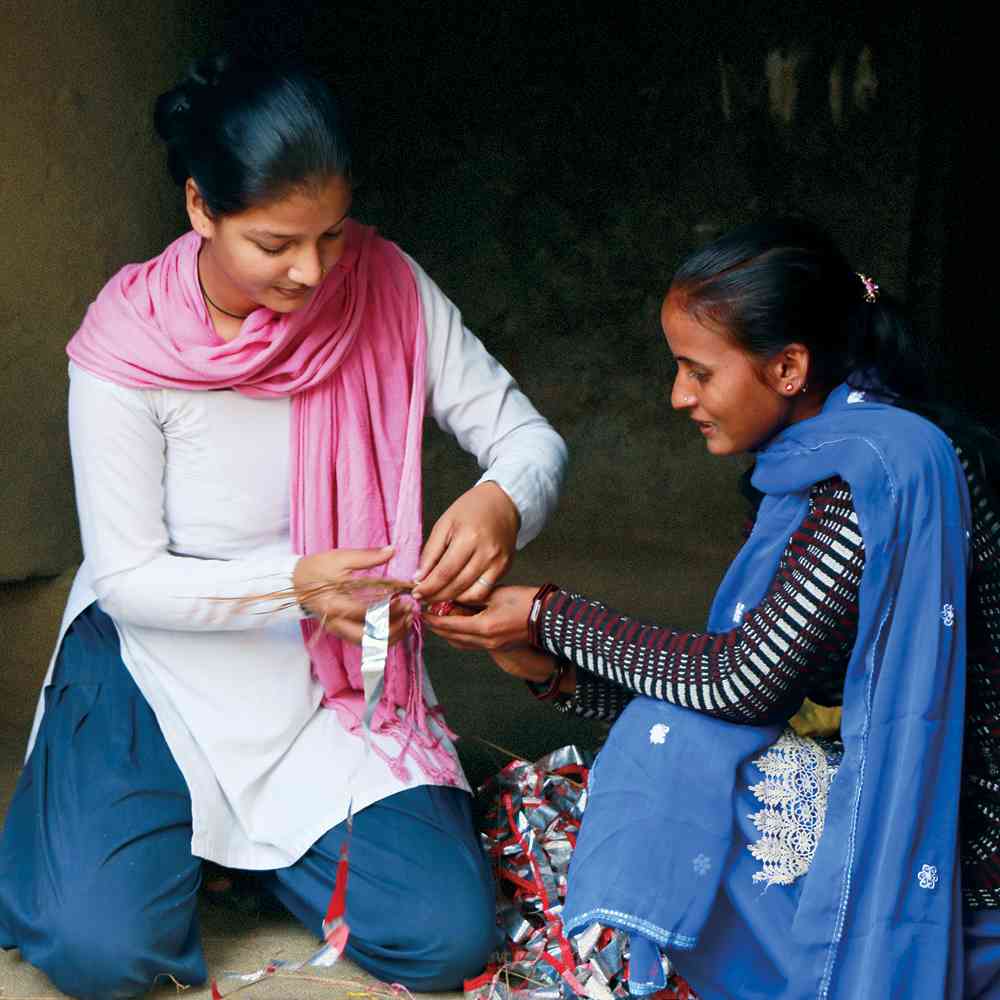
 © UNFPA/S. Chhetri
© UNFPA/S. Chhetri
Sheshkala Pandey
I encourage [girls] to be bold to withstand all sorts of untoward violence against them. We have to change the society, so why get disturbed by obstacles on our way?””
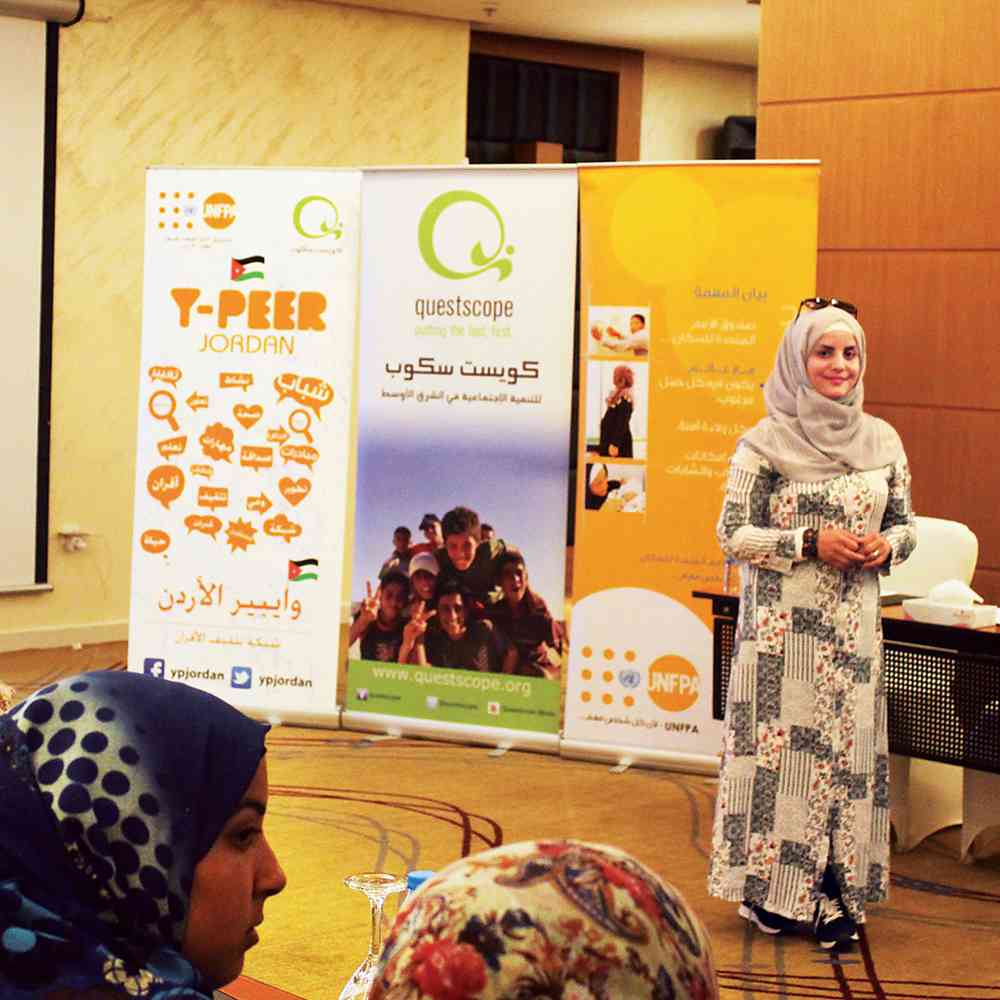
 © Mohammad Al Ahmad
© Mohammad Al Ahmad
Nadine Al Haraki
In our own community, we know there is a gap in CORRECT INFORMATION AND YOUNG PEOPLE getting the services they need. When people realize they have had the wrong information, and hear the right information and how that can impact their life, it makes a huge CHANGE.”
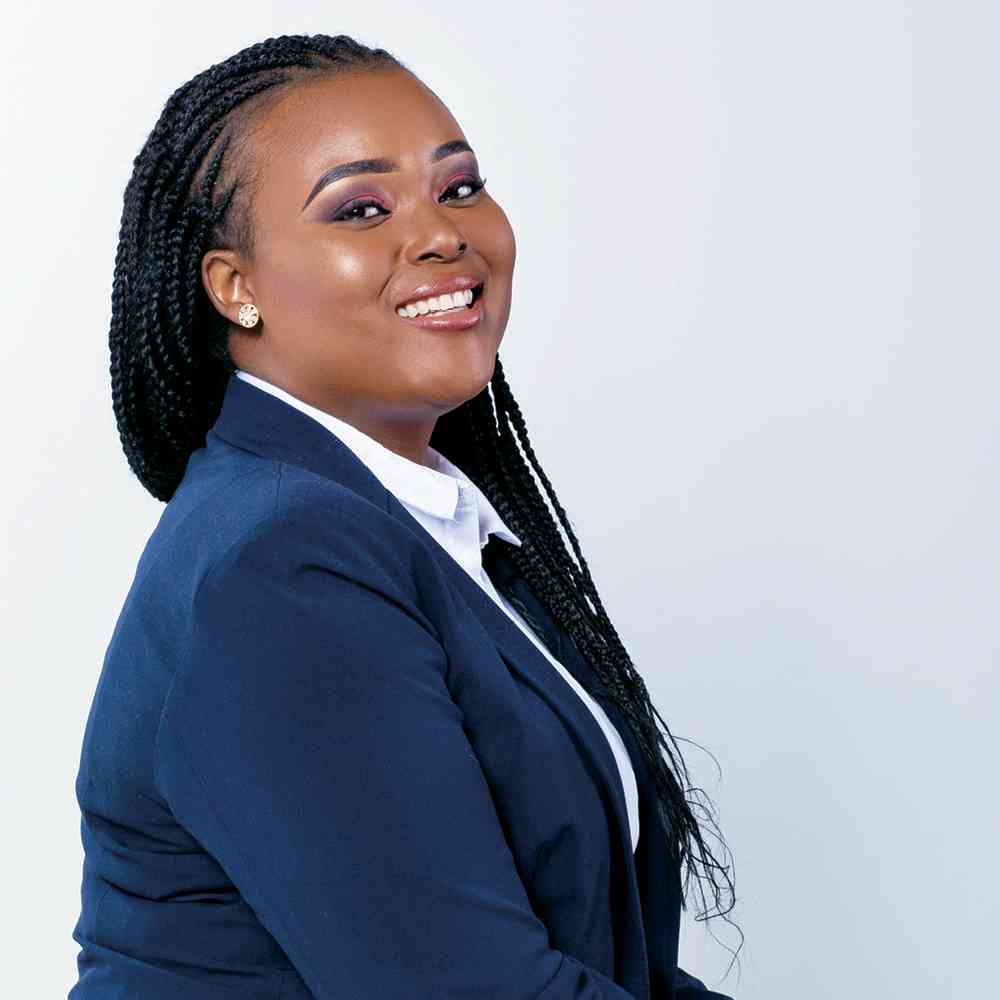
 © OneTwo Photography
© OneTwo Photography
Lebogang Motsumi
My HIV infection helped me find MY PURPOSE IN LIFE. I realized that I can turn my mess into a message, and use my pain to empower other people.”
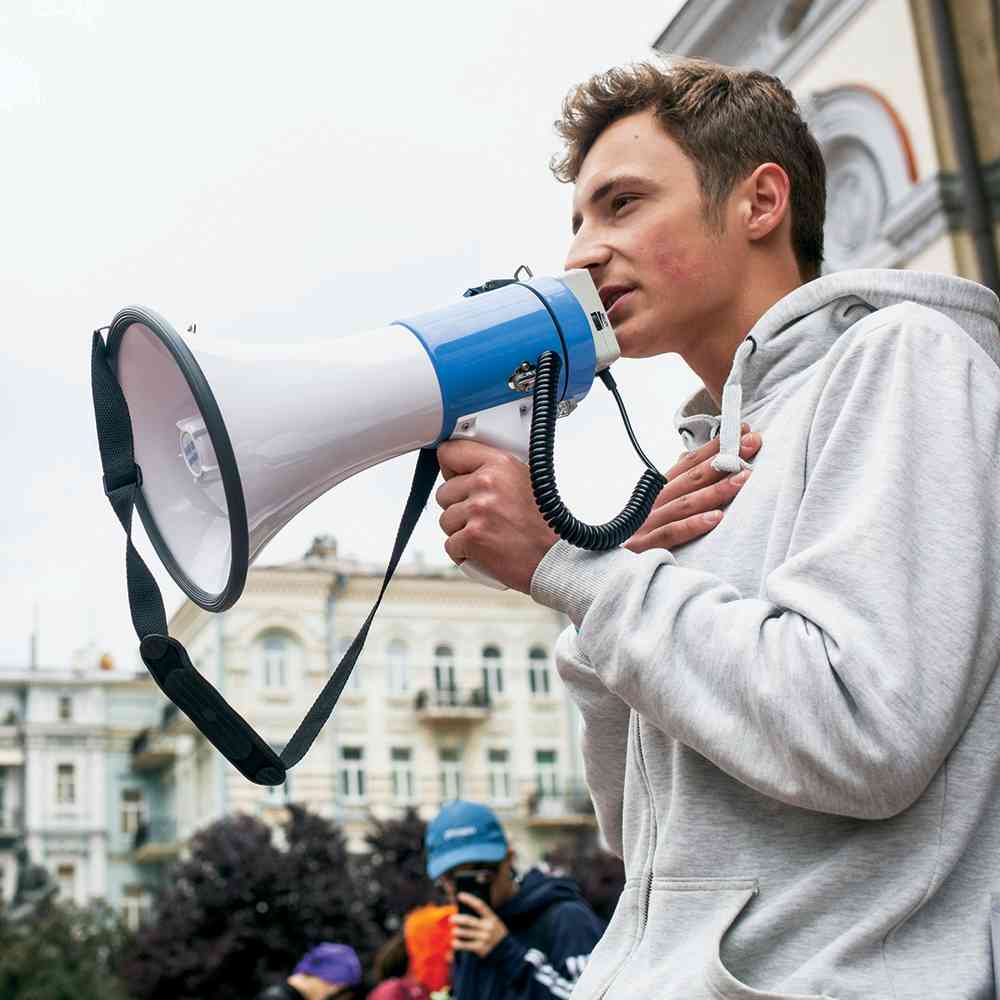
 © UNICEF/Vlasova
© UNICEF/Vlasova
Dany Stolbunov
We are the first generation born with HIV who are growing up and can openly speak about it. Nothing for us, without us. We are ready to fight for our rights.”
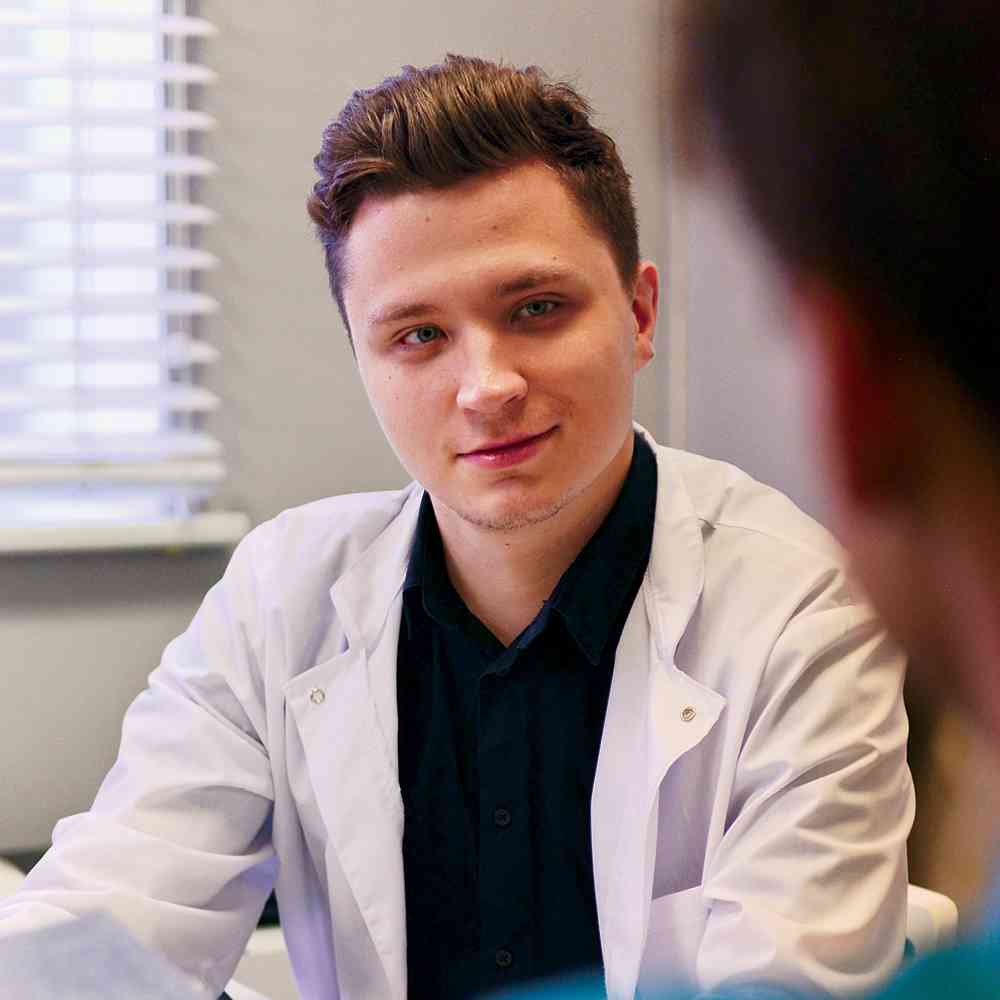
 © Glen Tokmin
© Glen Tokmin
Dr. Nikolay Lunchenkov
Love and don’t be afraid. Don’t be afraid to take an HIV test. Don’t be afraid to use a condom or ask a partner to use it. Don’t be afraid to seek help from a doctor. Don’t be afraid to seek support from others. And love, regardless of status, sex, age or sexual orientation.”
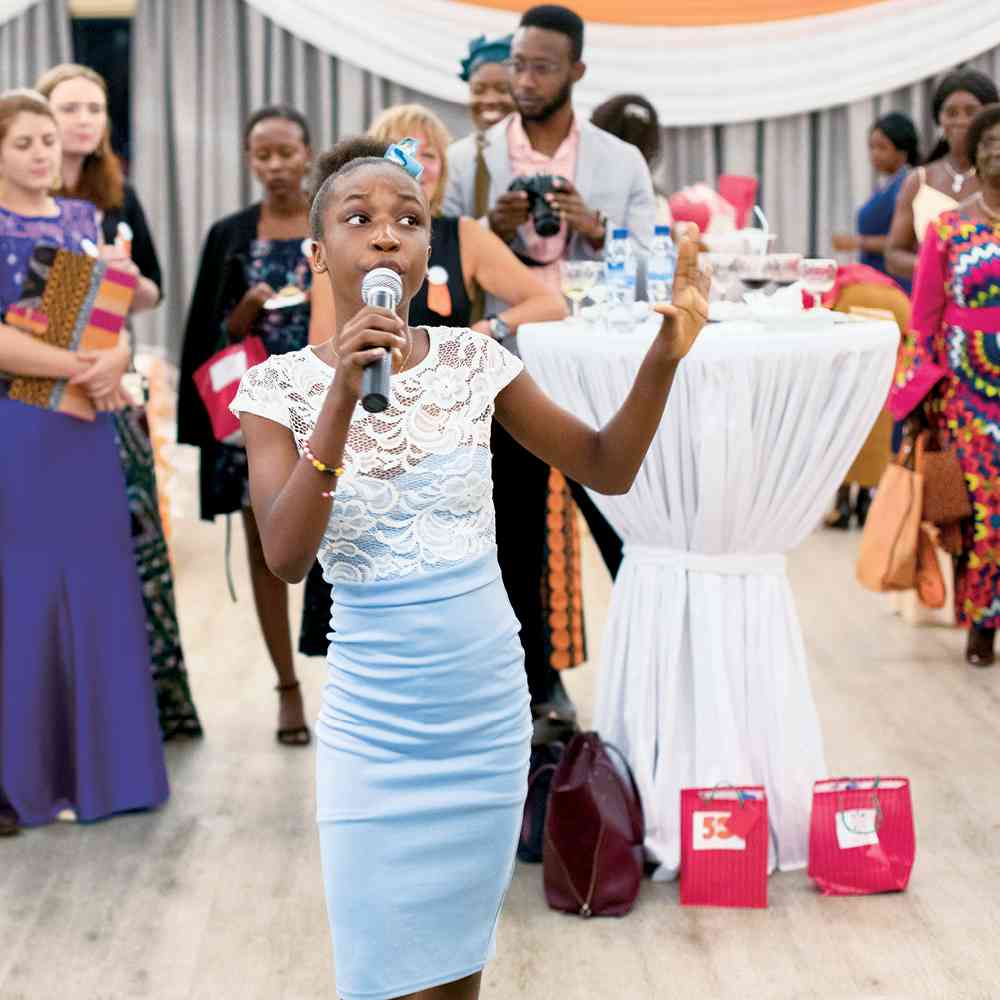
 © UNFPA/S. Stephens
© UNFPA/S. Stephens
Victoria Kanu
Children are the shoulders that will carry the burden of tomorrow. We are so full of life and our hearts moulded with purity. The skin wrapped upon our fragile bones is an armour stronger than a gladiator shield.”
All human beings are born free and equal in dignity and human rights. In 1968, the international community agreed that couples and individuals have a right to plan their families. Twenty-six years later, at the International Conference on Population and Development, 179 countries agreed that only by realizing rights, universally, can we end inequalities and achieve inclusive, sustainable development. Today, everything that UNFPA does is aimed at upholding rights.
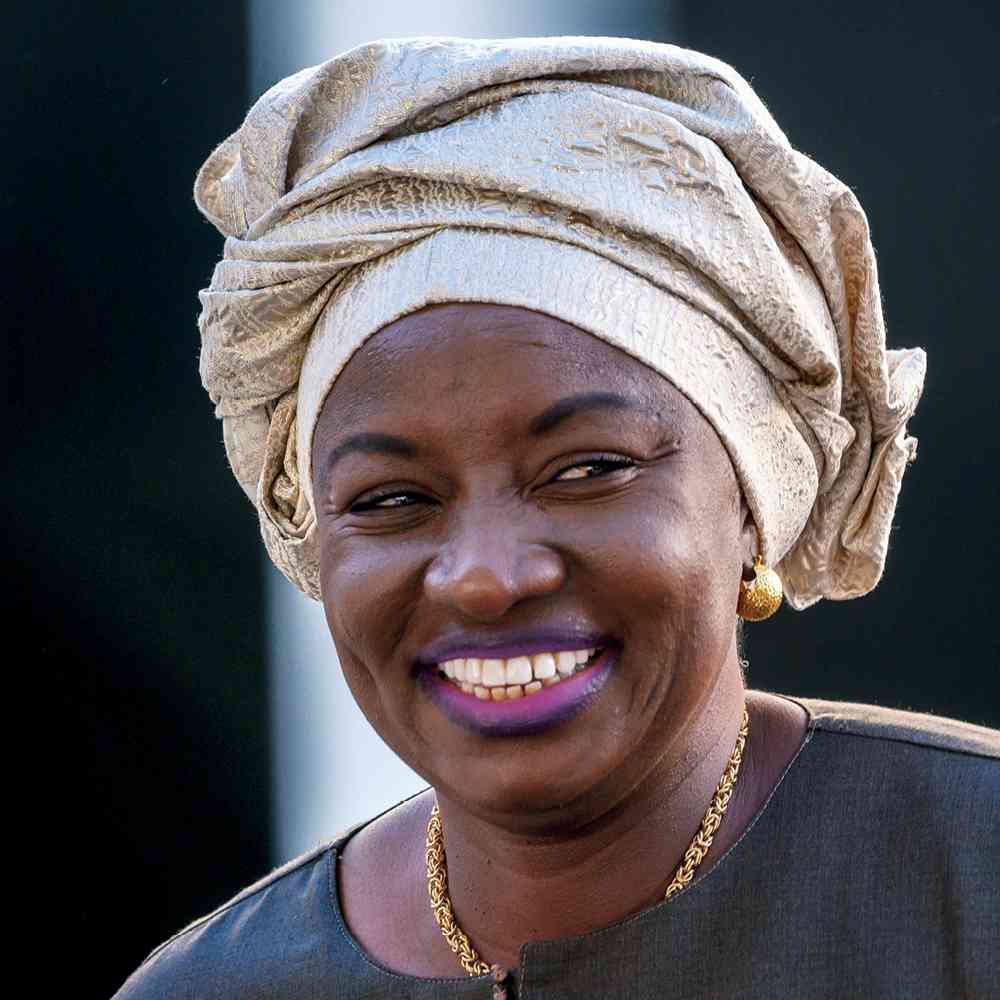
 © Horacio Villalobos#Corbis/Corbis via Getty Images
© Horacio Villalobos#Corbis/Corbis via Getty Images
Aminata Touré
We are all one race with the same aspirations. Everywhere you go people want to live decent lives. They want to express themselves. They want to participate. They want to have health. They want their kids to have a better future.”

 © Horacio Villalobos#Corbis/Corbis via Getty Images
© Horacio Villalobos#Corbis/Corbis via Getty Images
Aminata Touré
We are all one race with the same aspirations. Everywhere you go people want to live decent lives. They want to express themselves. They want to participate. They want to have health. They want their kids to have a better future.”

 © UN Photo/Violaine Martin
© UN Photo/Violaine Martin
Michelle Bachelet
Human rights are a powerful medicine, which heals wounds and develops resilience.”
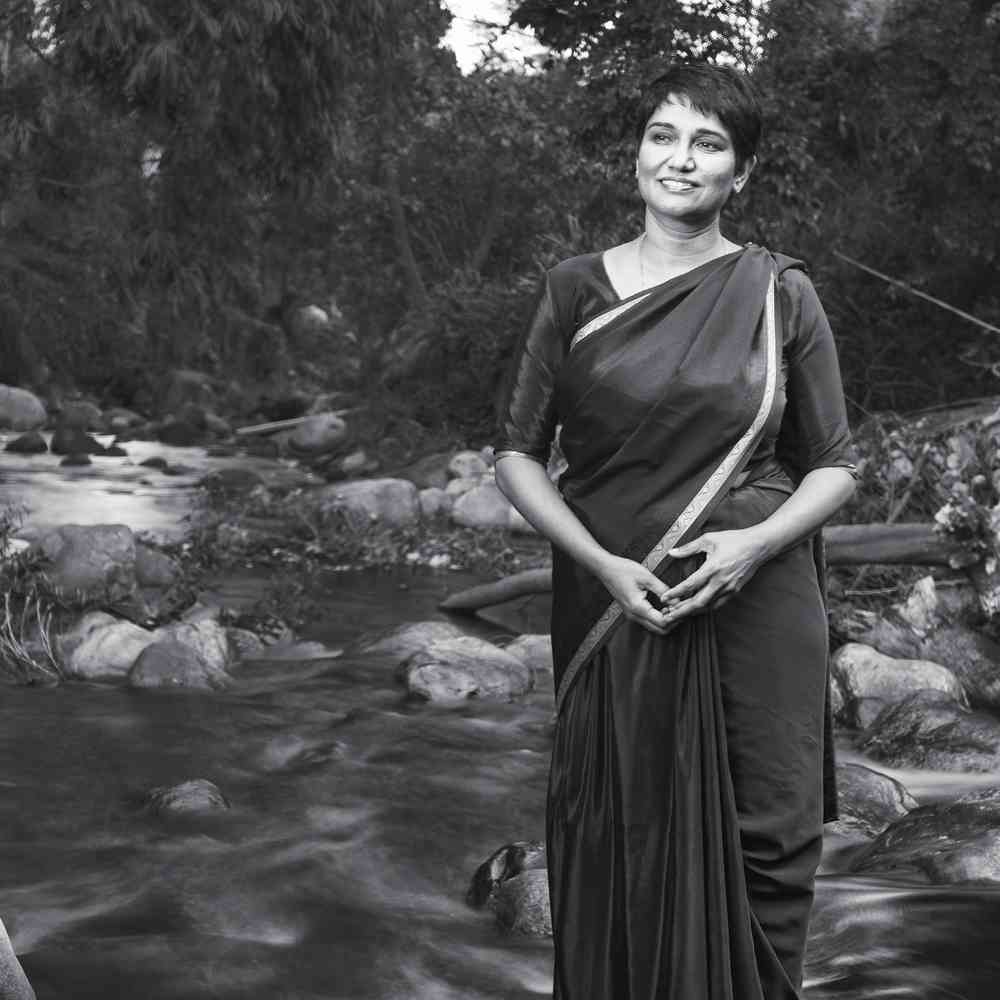
 © Adrian Steirn and 21 Icons
© Adrian Steirn and 21 Icons
Pregs Govender
I want every child, every person in our world to have the freedom and the safety to walk wherever they want to walk, to be with whomever they want, and to fulfil their full human potential.”
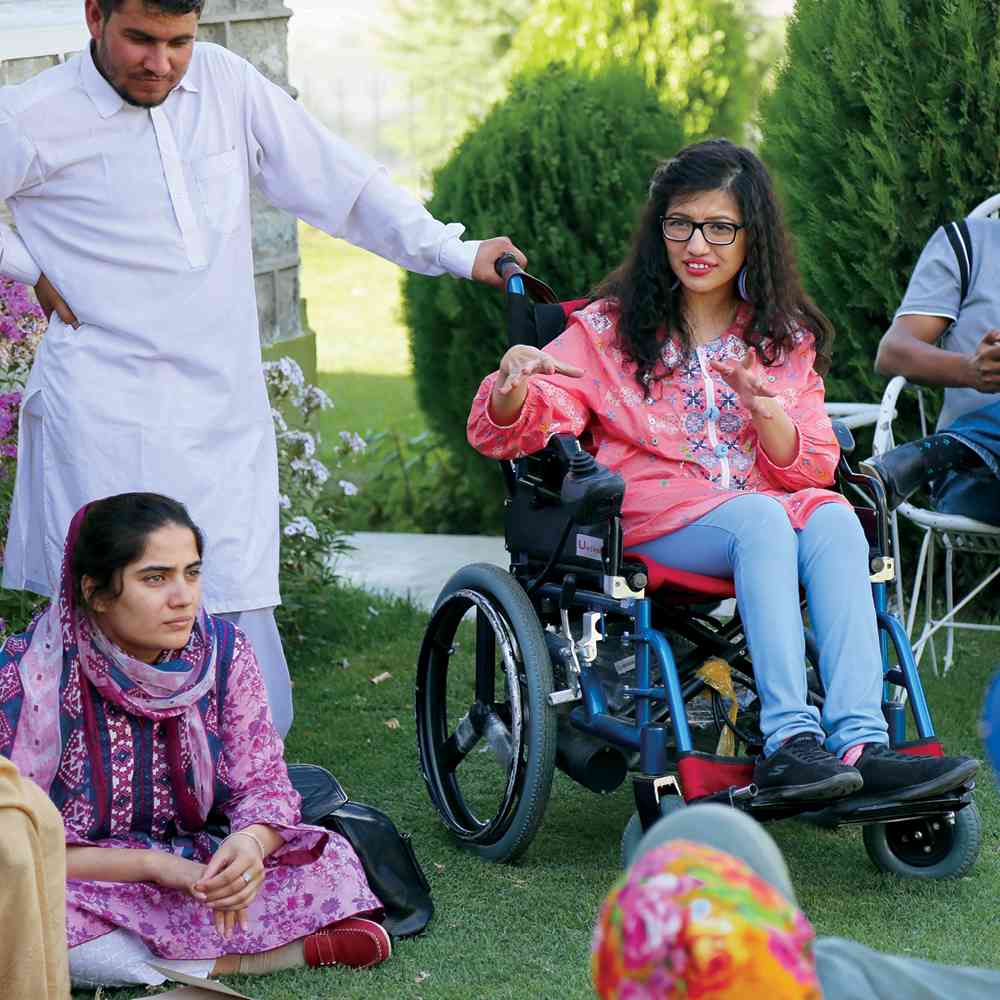
 © Muhammad Imran Karim Khattak/Redon Films
© Muhammad Imran Karim Khattak/Redon Films
Abia Akram
For women with disabilities, don’t underestimate yourselves. Feel your disability as your strength. Educate yourself about your rights, and if your country doesn’t uphold your rights, fight for them.”
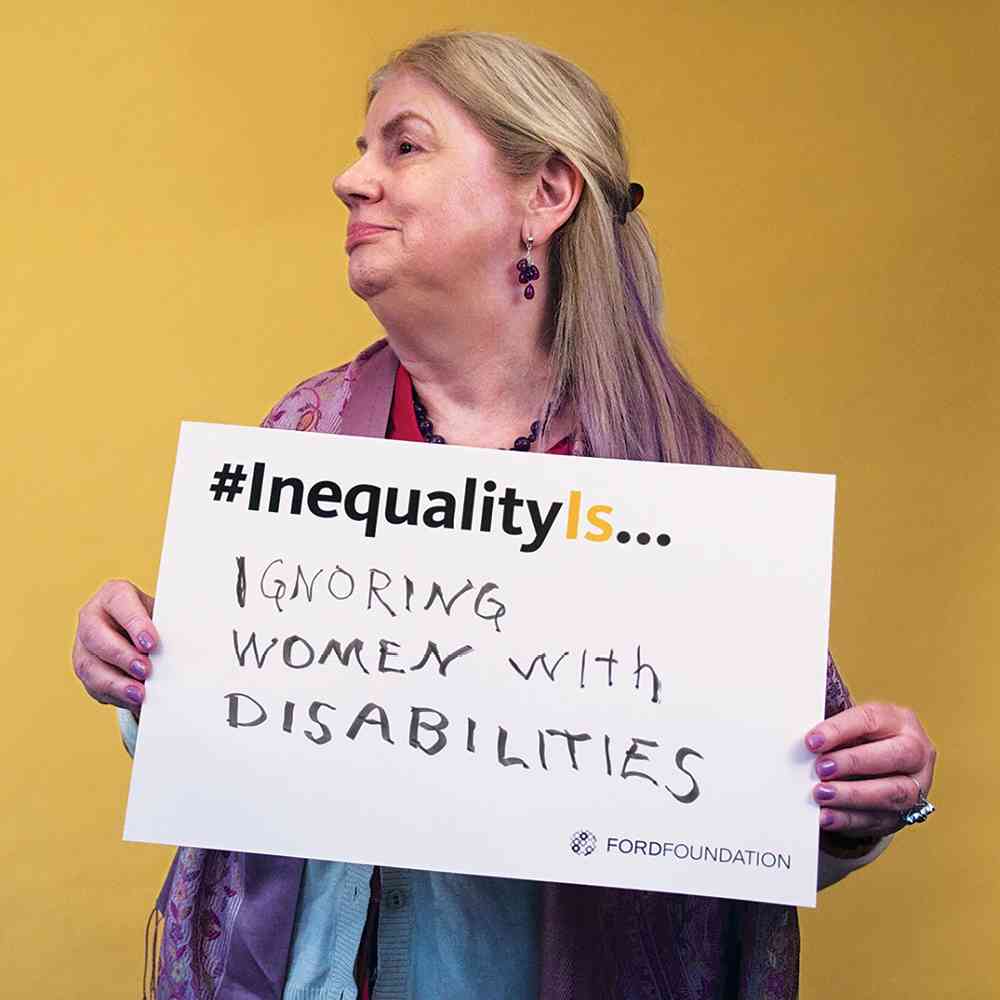
 © Ford Foundation
© Ford Foundation
Stephanie Ortoleva
Our movement is holding governments accountable on legislation, policy development and implementation, and political processes that are inclusive of women and girls with disabilities and our organizations.”
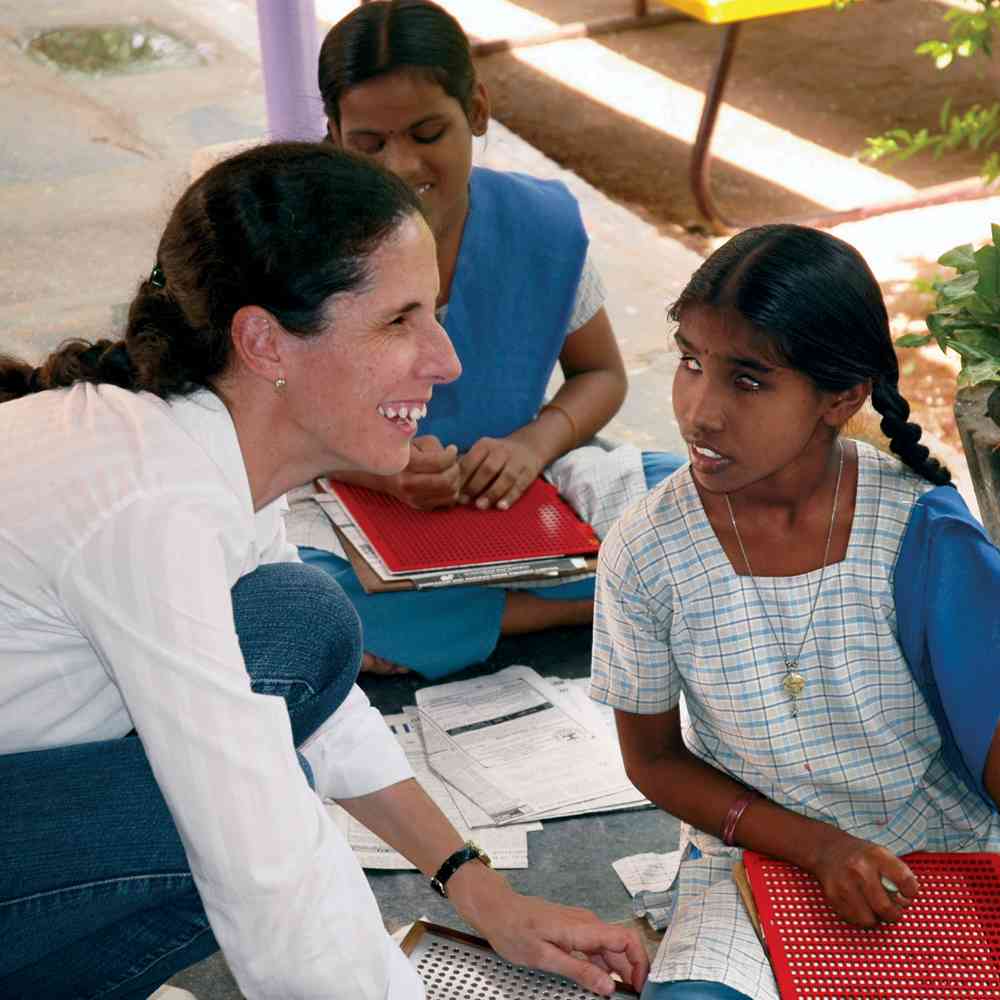
 © Juan Pagola Manterola
© Juan Pagola Manterola
Ana Peláez Narváez
I want to bring a disabilities perspective into the whole agenda of the CEDAW Committee, making women with disability visible in every single piece of work, not just a mention from time to time.”
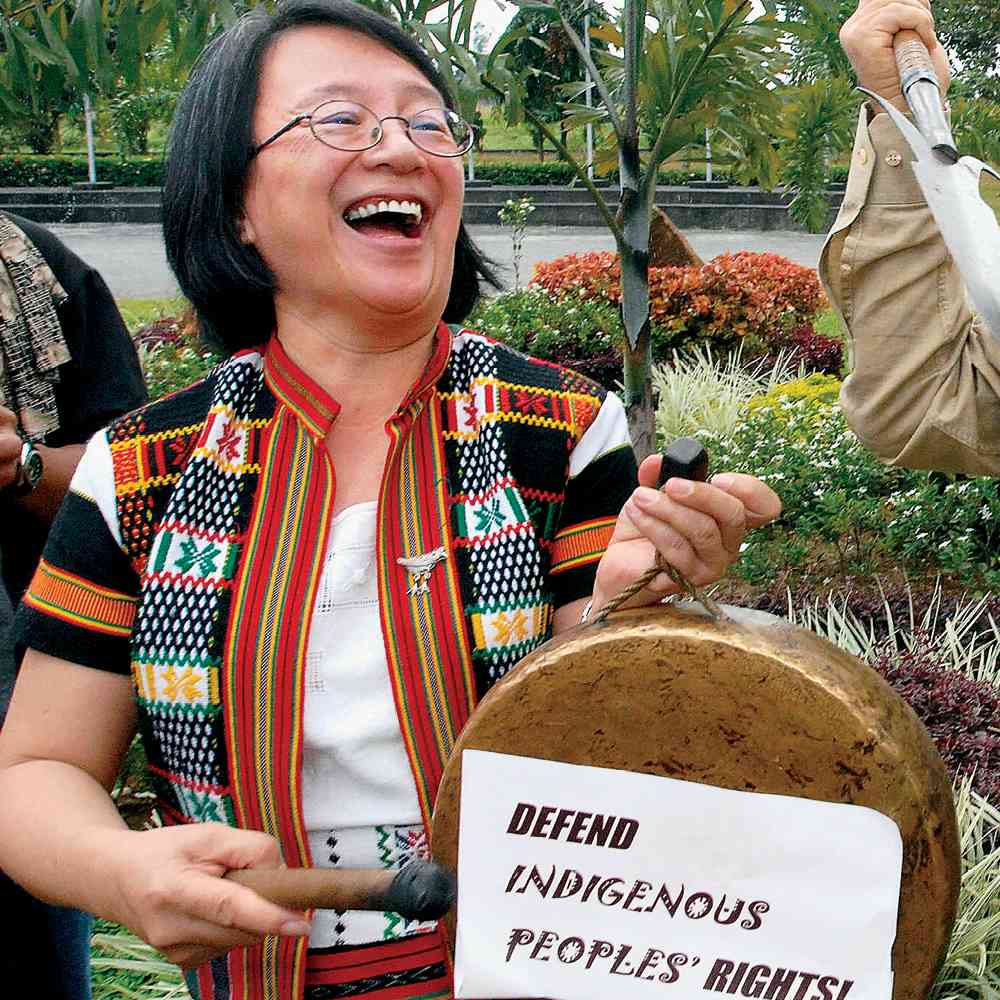
 © Jay Directo/AFP/Getty Images
© Jay Directo/AFP/Getty Images
Victoria Tauli-Corpuz
Most governments are still prioritizing large-scale development and infrastructure that bring more revenue. But the dominant economic paradigms are at odds with the rights of indigenous peoples.”
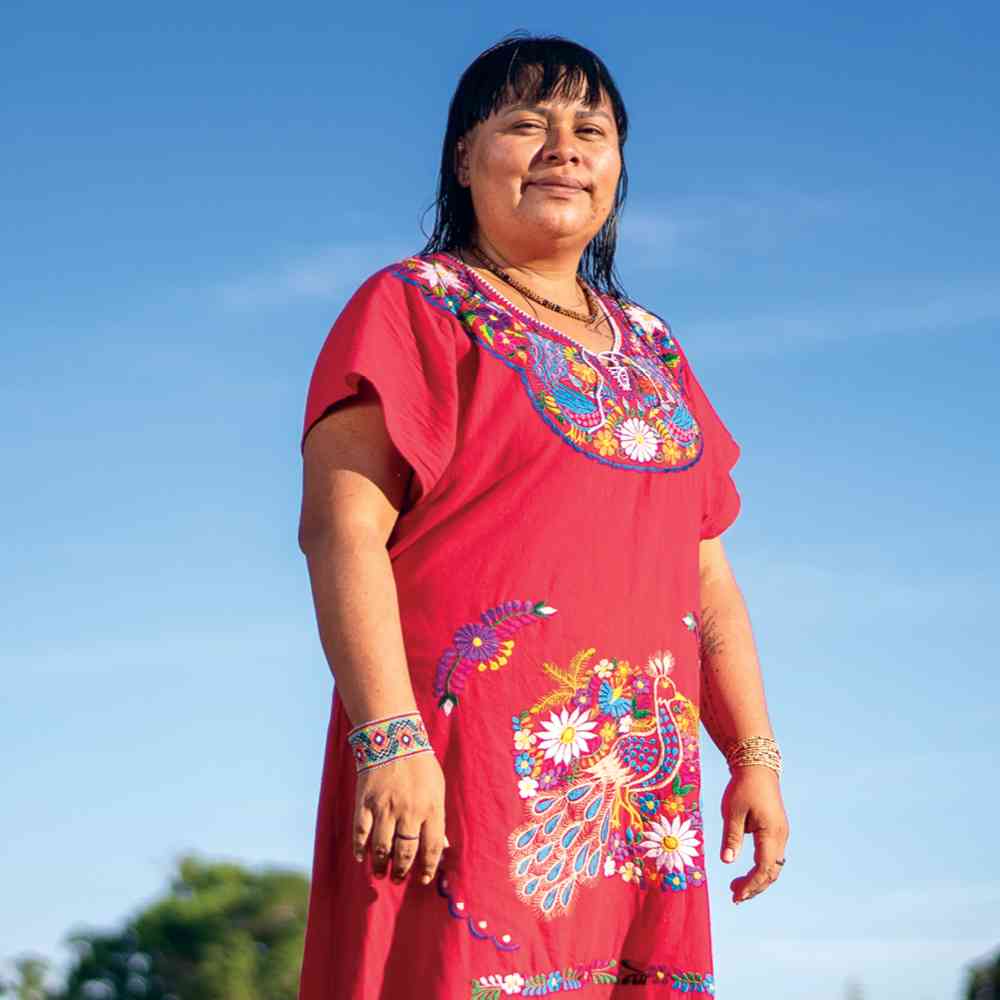
 © UNFPA/G. Bello
© UNFPA/G. Bello
Tsitsina Xavante
What encourages me most is knowing older people who support my contribution to helping uphold our rights. An elder told me recently: ‘It doesn’t matter what they say about you because the essence of life is the wisdom of women.’”
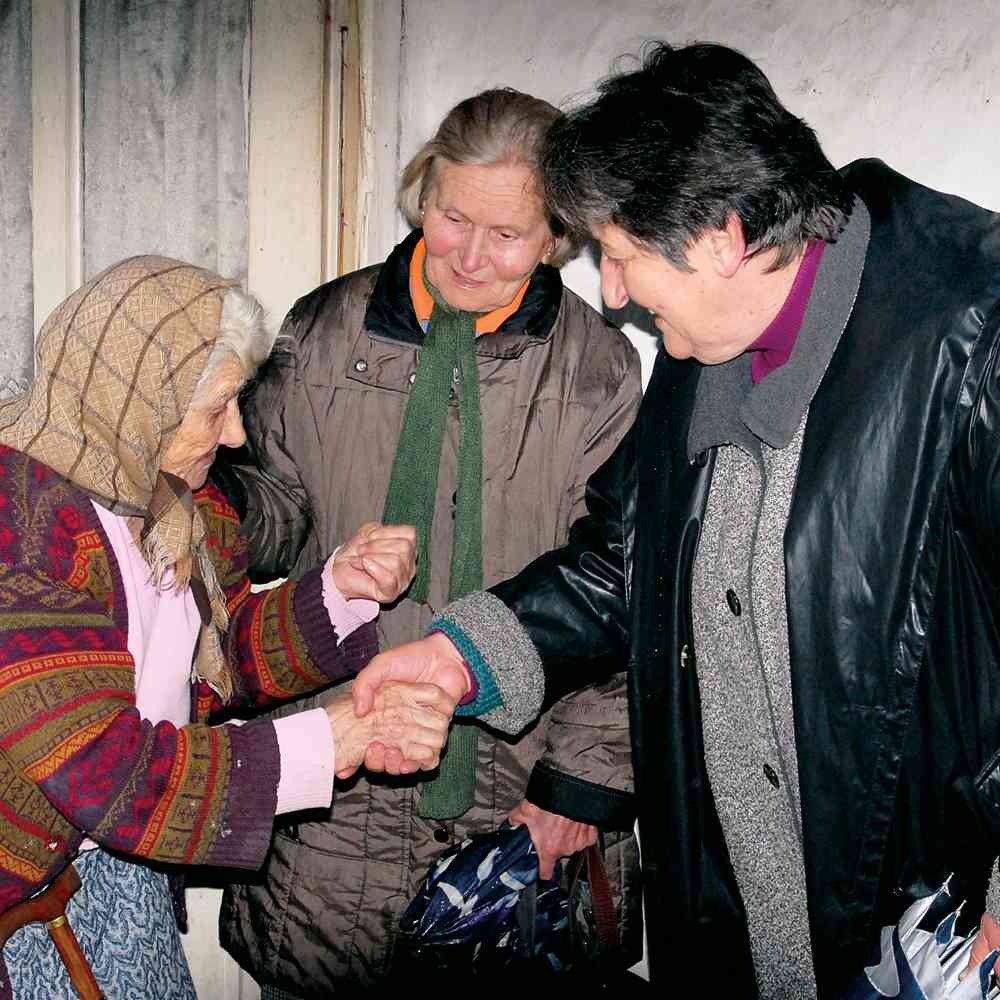
 © Matija Kokovic
© Matija Kokovic
Nadežda Satarić
It is very important… to have a socially responsible State that respects the rights of vulnerable individuals and groups.”
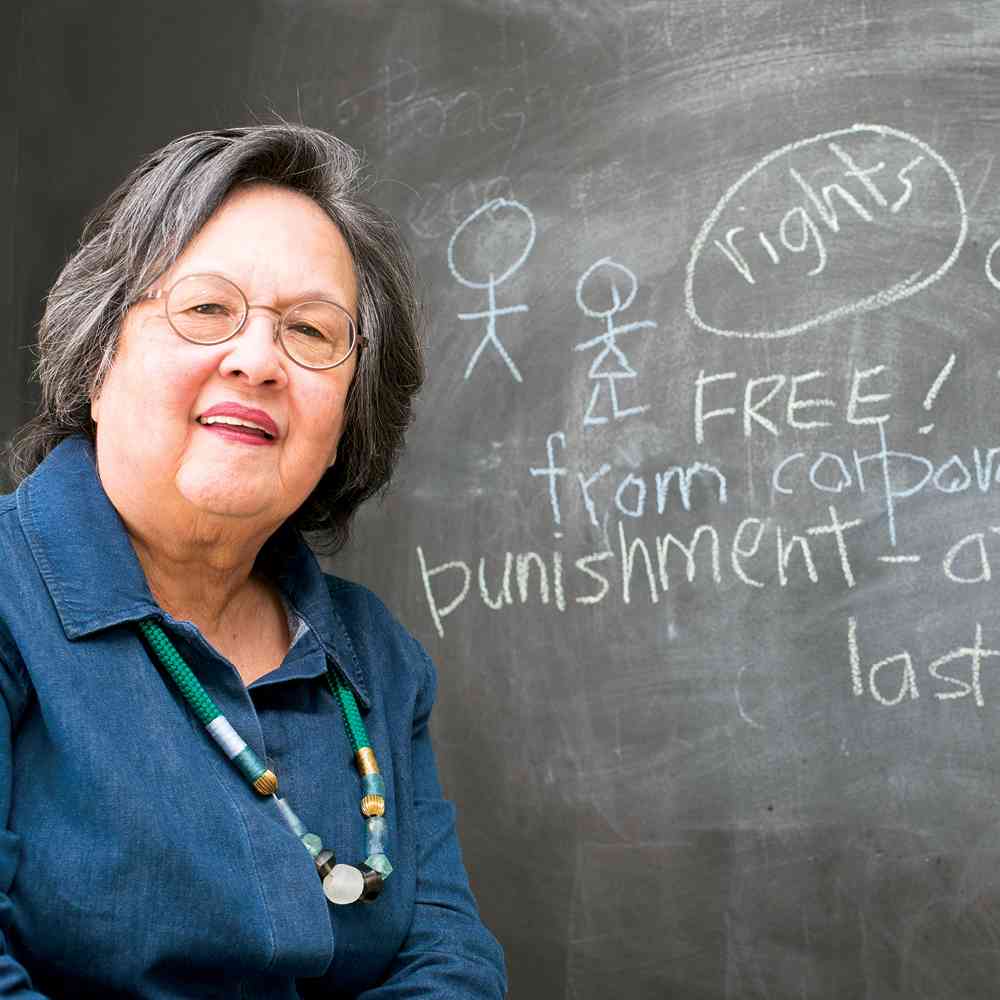
 © UNFPA/S. Bernstein
© UNFPA/S. Bernstein
Marian Jacobs
[The] challenge is ensuring that children’s rights are not only vested in the State, but in all of us.”
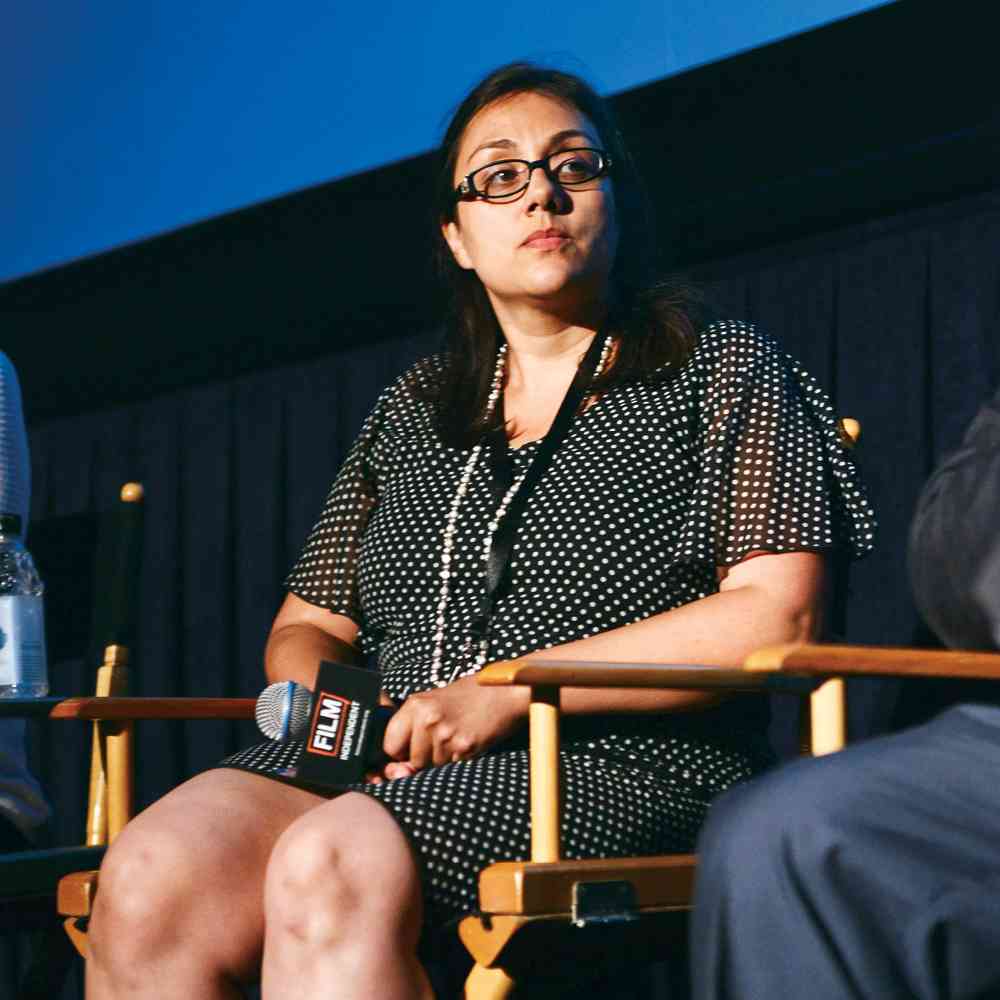
 © Araya Diaz/WireImage
© Araya Diaz/WireImage
Xiomara Corpeño
The story of migration is as old as time, whether it be within country borders or beyond. People are…being kicked off their land. They have no opportunities, so they are migrating, and that’s a human right.”
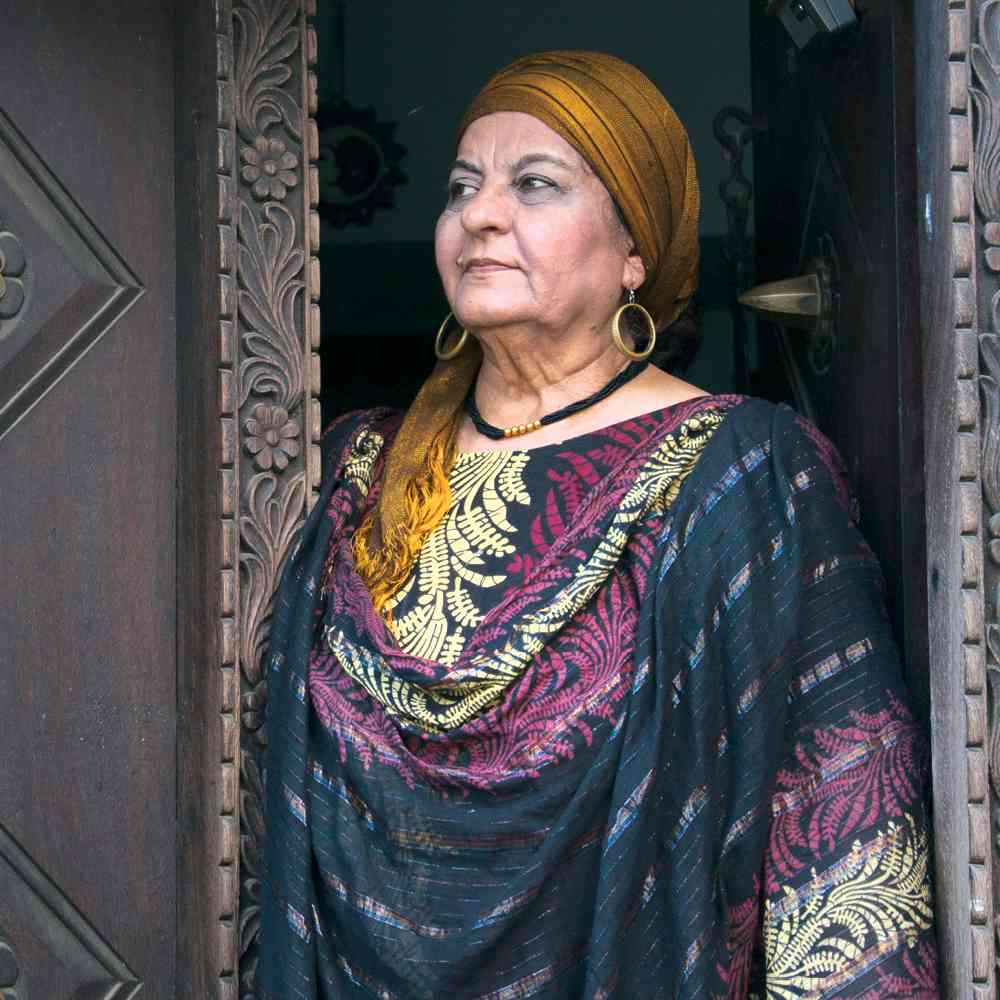
 © Ismail Ali
© Ismail Ali
Fatma Alloo
TAMWA came into existence through our own histories of pain, and the realization that unless we got together and did something, nothing would change in a patriarchal system.”
Every woman and girl has the right to health and the integrity of her body. Yet many harmful practices violate these rights and cause great suffering. The International Conference on Population and Development’s call to governments and communities to stop unnecessary and dangerous practices marked a turning point in prioritizing women’s rights. UNFPA and civil society organizations around the world champion the right of women and girls to make choices about their bodies, and to live free from violations such as female genital mutilation and child marriage.
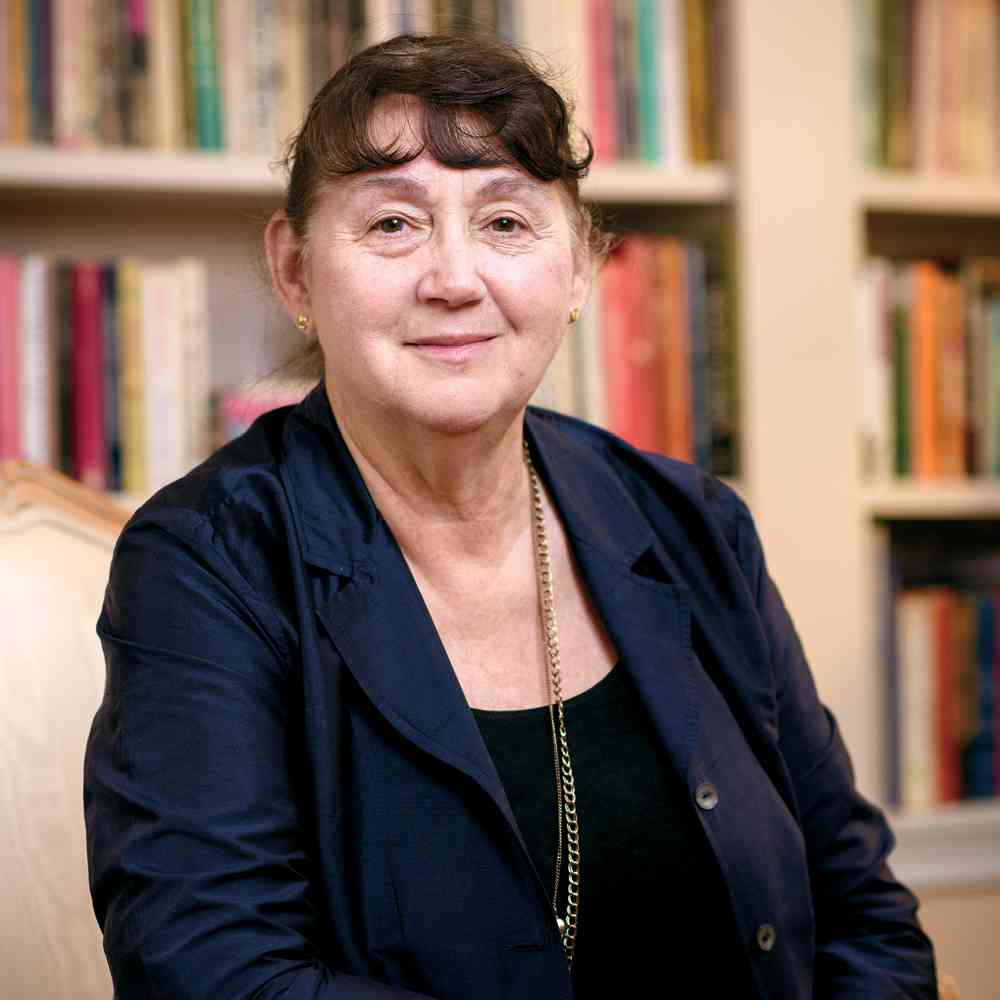
 © UNFPA/D. Baratz
© UNFPA/D. Baratz
Laura J. Lederer
It’s so important to hear from survivors what they’ve been through because the harm of trafficking happens behind closed doors, in back alley brothels, out in fields, in construction areas. Places we don’t see it. And so we need the survivors to tell us what has happened, to make the harm visible…because they know the hell of it.”
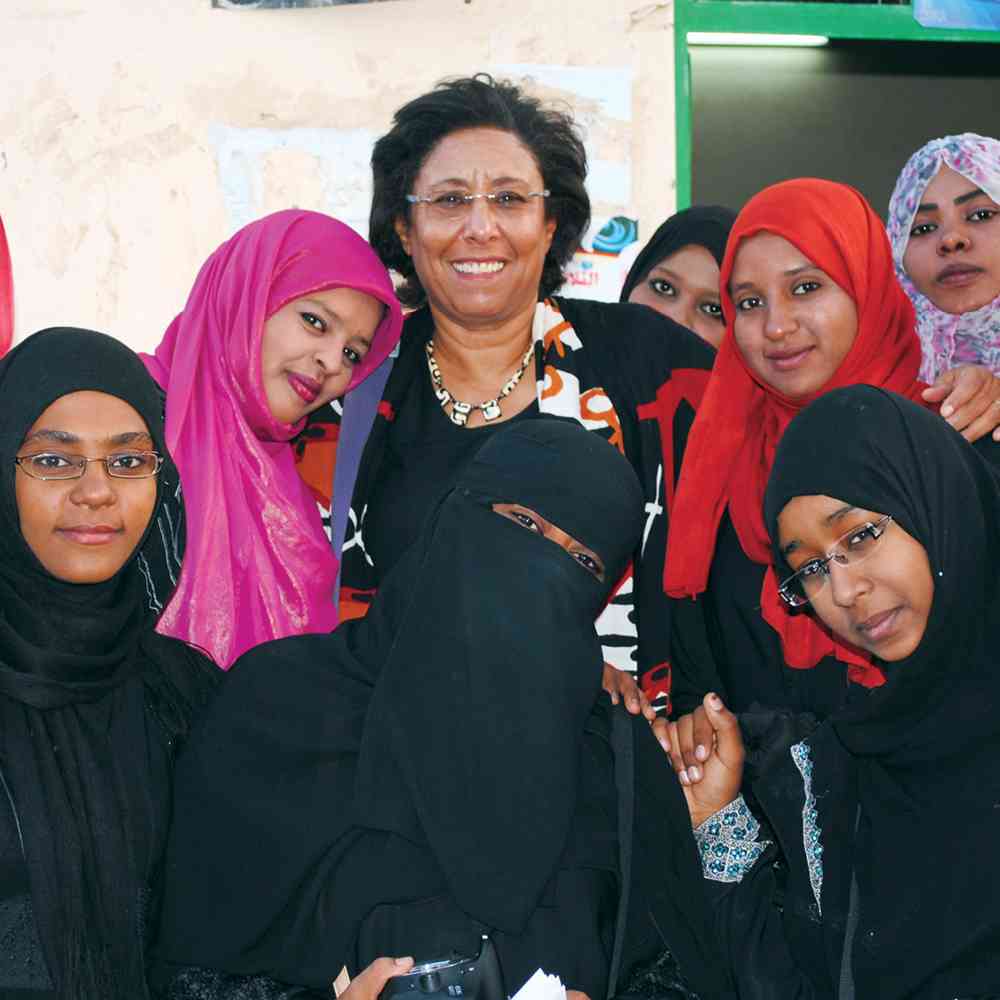
 © Dr. Nahid Toubia
© Dr. Nahid Toubia
Dr. Nahid Toubia
NO ethical defence can be made for preserving a cultural practice that damages women’s health and interferes with their sexuality.”
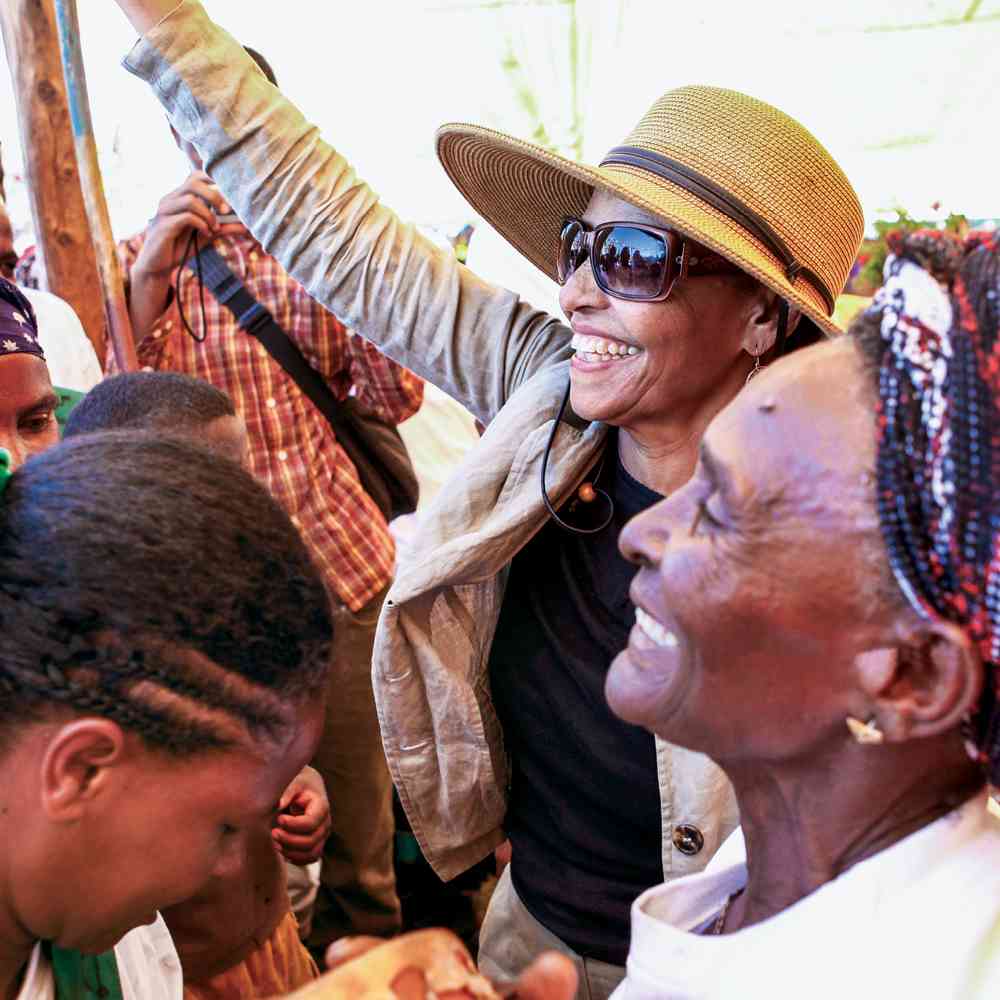
 © Martin Dixon
© Martin Dixon
Bogaletch Gebre
I was subjected to female genital mutilation when I was 12 years old, as were my sisters, and one of them died in childbirth as a result. So my question in life has become, ‘How can I [stop] that cycle of abusive life and the violence women are forced to bear?’””
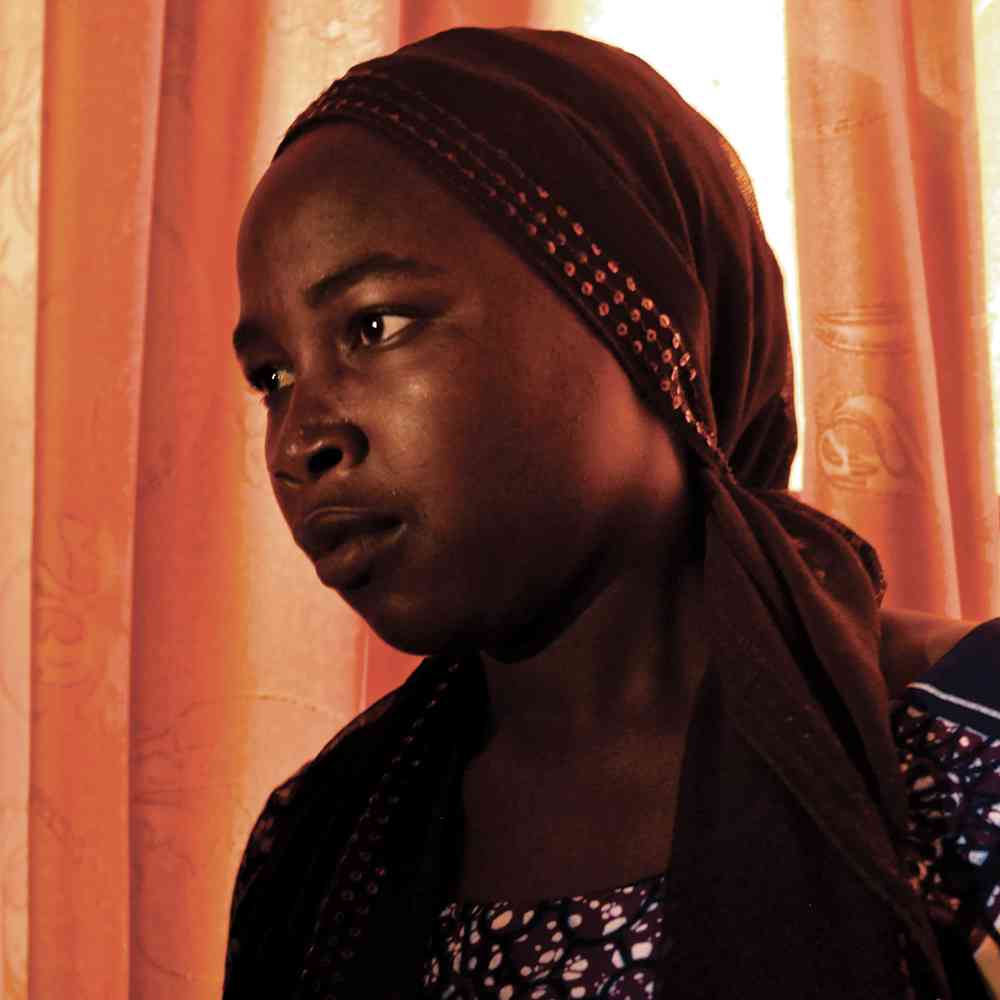
 © Jillian Keenan
© Jillian Keenan
Zeinabou Moussa
I want to marry someone who will treat me properly.”

 © UNFPA/D. Baratz
© UNFPA/D. Baratz
Laura J. Lederer
It’s so important to hear from survivors what they’ve been through because the harm of trafficking happens behind closed doors, in back alley brothels, out in fields, in construction areas. Places we don’t see it. And so we need the survivors to tell us what has happened, to make the harm visible…because they know the hell of it.”
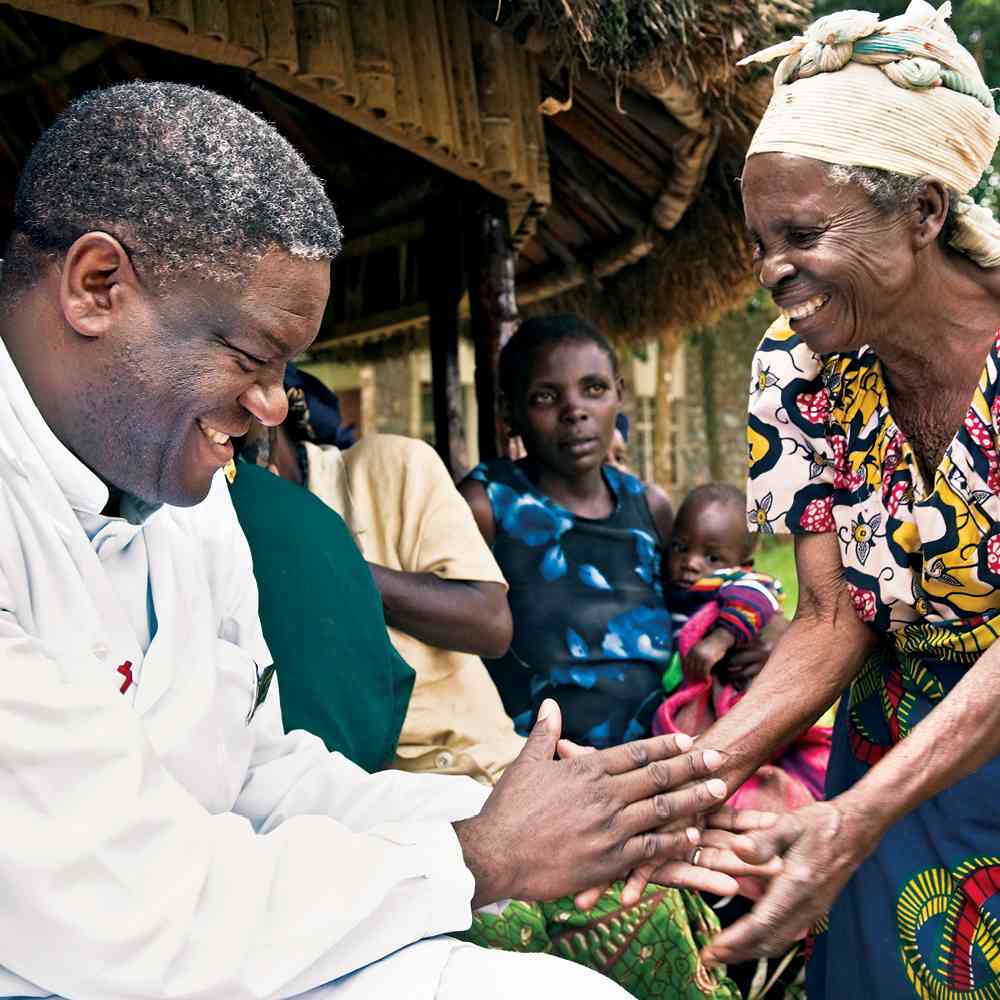
 © Sven Torfinn/Panos Pictures
© Sven Torfinn/Panos Pictures
Dr. Denis Mukwege
[This Nobel Peace Prize] is an inspiration because it shows that the world is actually paying attention to the tragedy of rape and sexual violence, and that the women and children who have suffered for too long are not being ignored.”
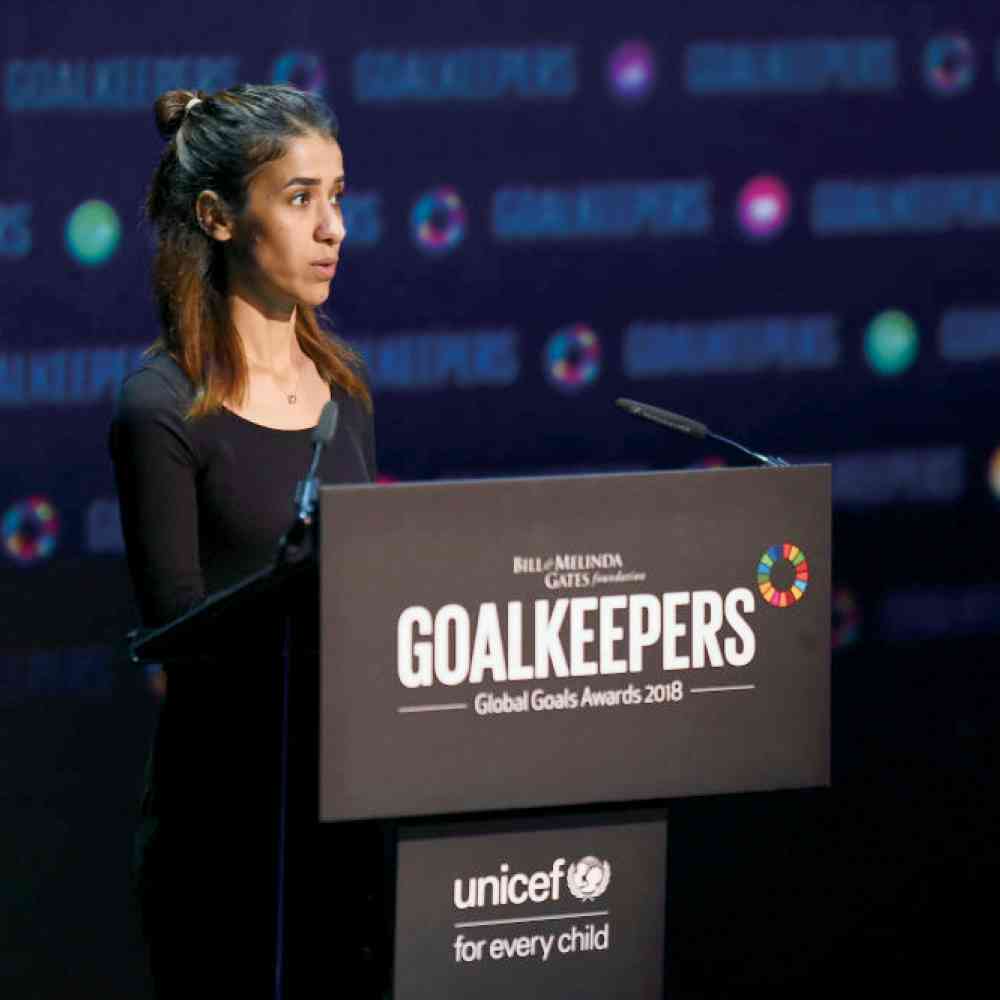
 © Handout/Mike Lawrence/Getty Images for Gates Archive
© Handout/Mike Lawrence/Getty Images for Gates Archive
Nadia Murad Basee Taha
I want to be the LAST GIRL in the world with a story like mine.”
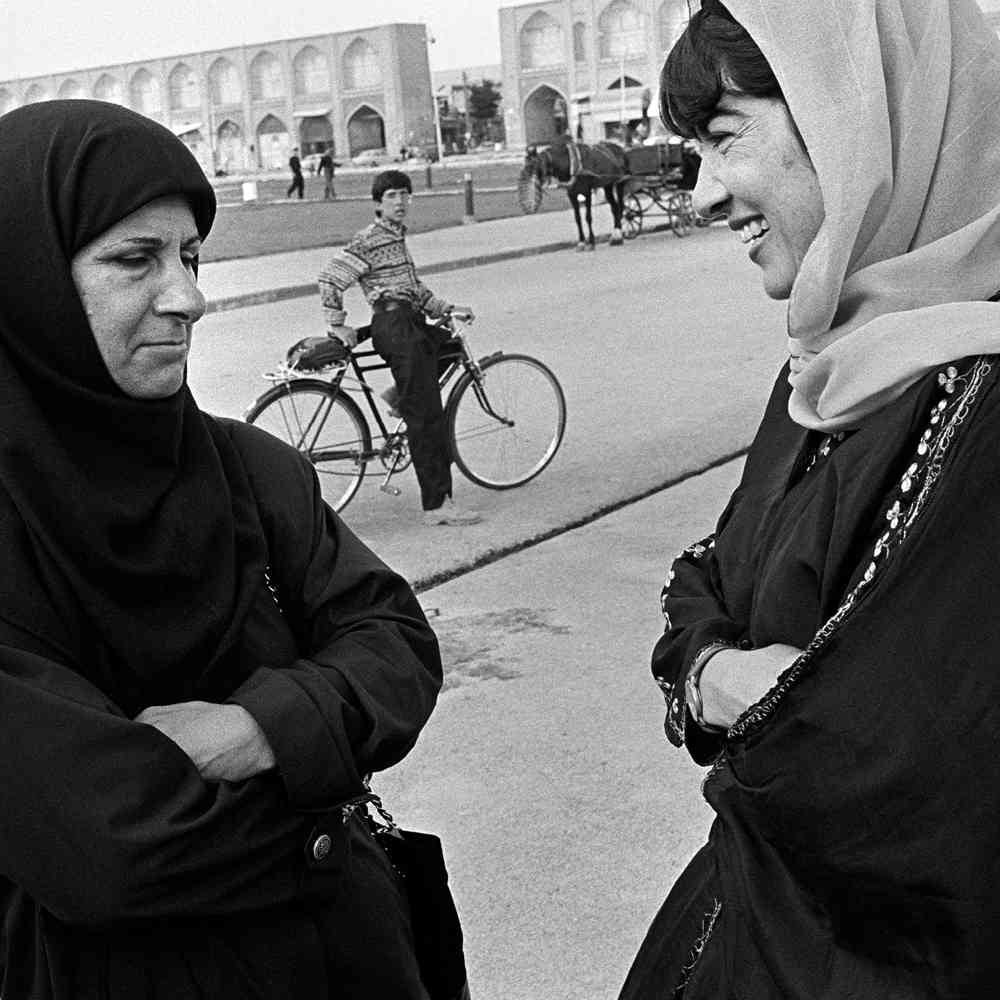
 © A. Abbas/Magnum Photos
© A. Abbas/Magnum Photos
Christiane Amanpour
[Women and girls all over the world] absolutely wanted TO HAVE CONTROL OVER THEIR BODIES, over their own sexual satisfaction, over who were their partners, who they could choose or not choose…””
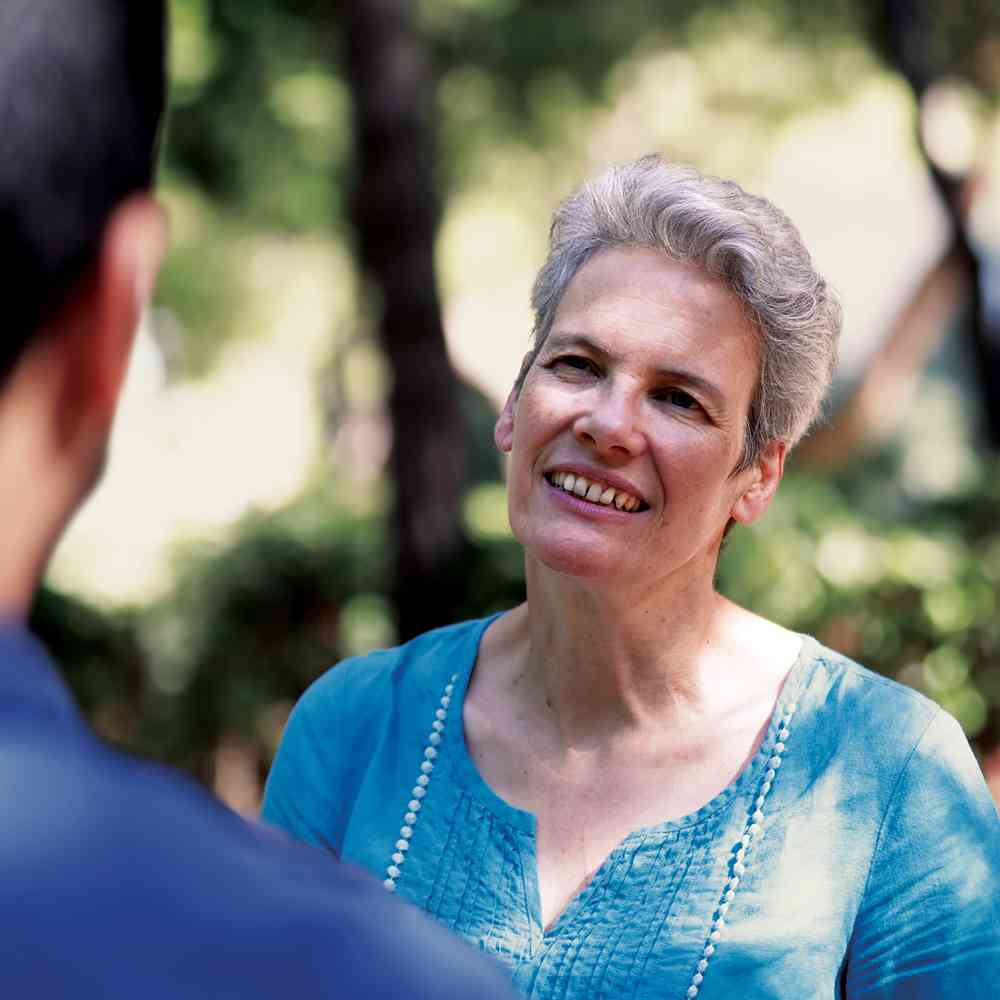
 © UNFPA/Postray, Beirut
© UNFPA/Postray, Beirut
Jocelyn DeJong
Affirmation of women’s rights —to bodily integrity, security of person, to sexual relations free of coercion— are deeply embedded in the final Programme of Action.”
The 50 years since the founding of UNFPA and the 25 years since the International Conference on Population and Development have seen the endorsement of reproductive rights and their increasing integration into laws and practices. Yet reproductive rights and choices remain under threat. Reproductive justice takes an active stand on not just defining rights, but claiming them in everyday life, for everyone. It links social, political, economic and reproductive rights, calling, for instance, for equal access to family planning services as well as the decent work that provides the time and resources to access those services. In short, it is about real choices for making real change.
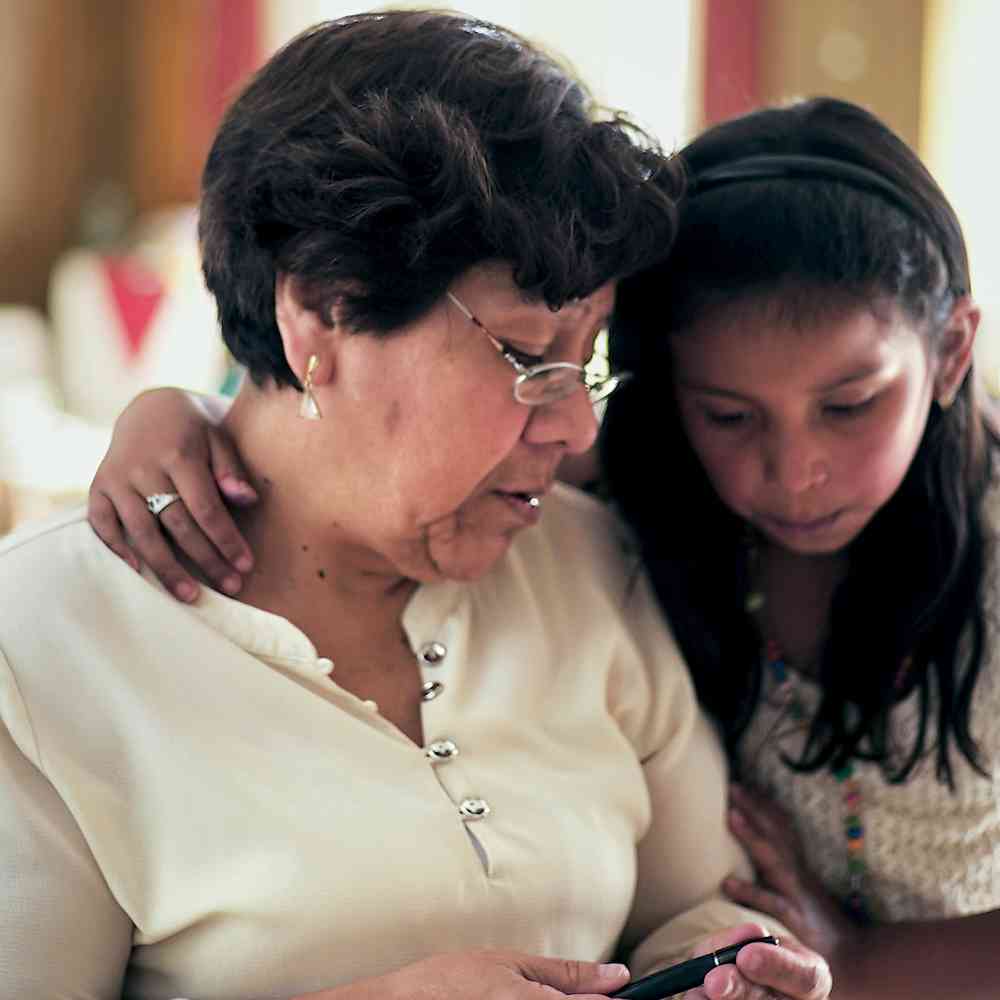
 © UNFPA/Rizzo Producciones
© UNFPA/Rizzo Producciones
Alma Odette Chacón
I see the impact of our work in Guatemala, especially with indigenous women. The difference is that women now clearly know they have rights and they should be able to decide what goes on with their bodies.”

 © UNFPA/Rizzo Producciones
© UNFPA/Rizzo Producciones
Alma Odette Chacón
I see the impact of our work in Guatemala, especially with indigenous women. The difference is that women now clearly know they have rights and they should be able to decide what goes on with their bodies.”
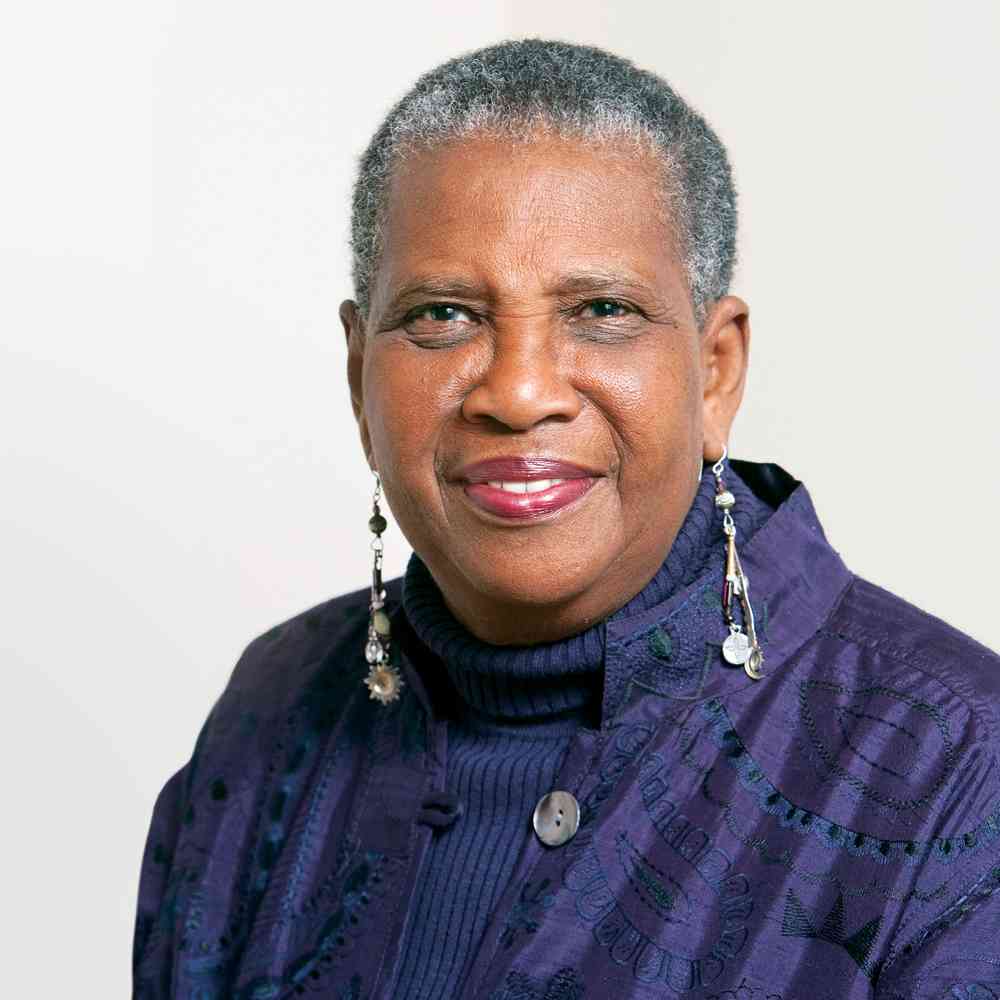
 © Marilyn Humphries
© Marilyn Humphries
Byllye Yvonne Avery
Once you can get the emotional stuff straight, then you can start talking about the body. Because if I’m worrying about someone coming home and beating me, I’m hardly thinking about I haven’t had a Pap smear in five years. Our message to women: Put yourself first.”
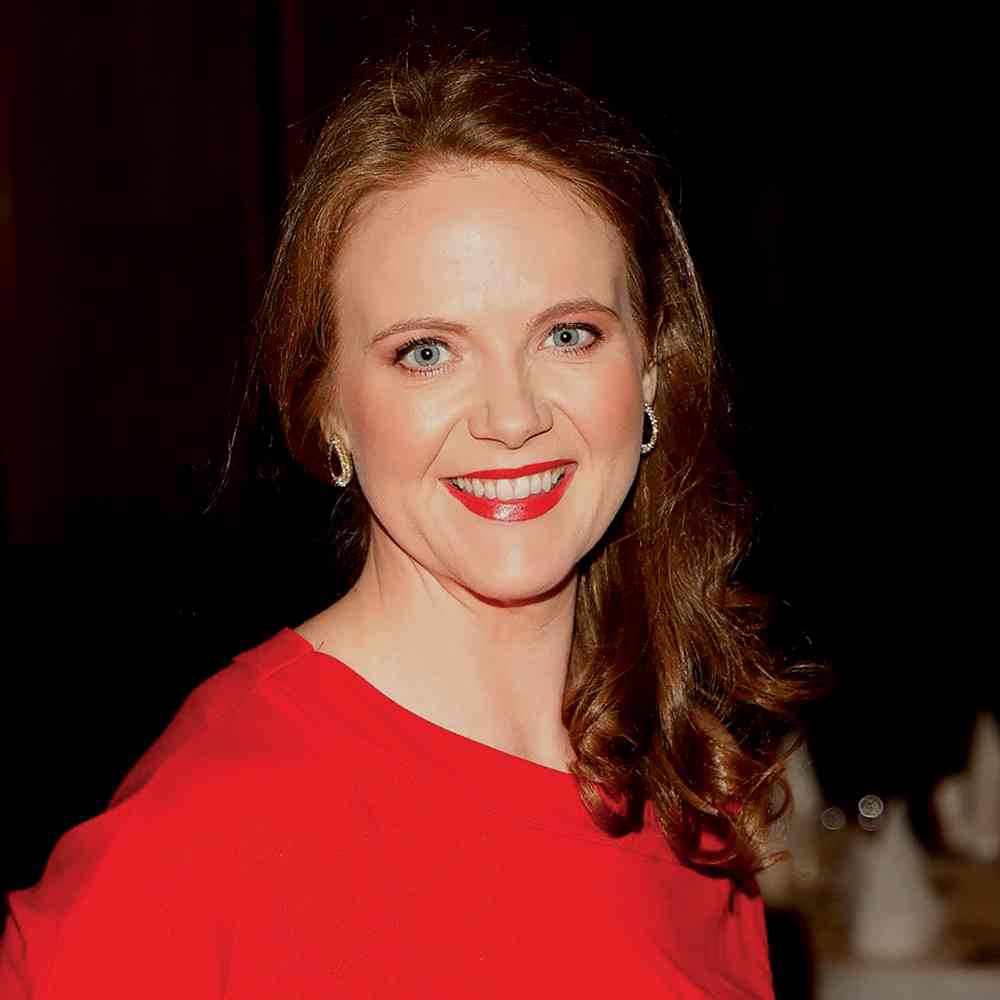
 © Kieran Harnett
© Kieran Harnett
Catherine Noone
The work [to repeal the amendment making abortion illegal] was never about one side or the other. It was about women’s health and how best to ensure swift and safe support in sensitive and difficult cases.”
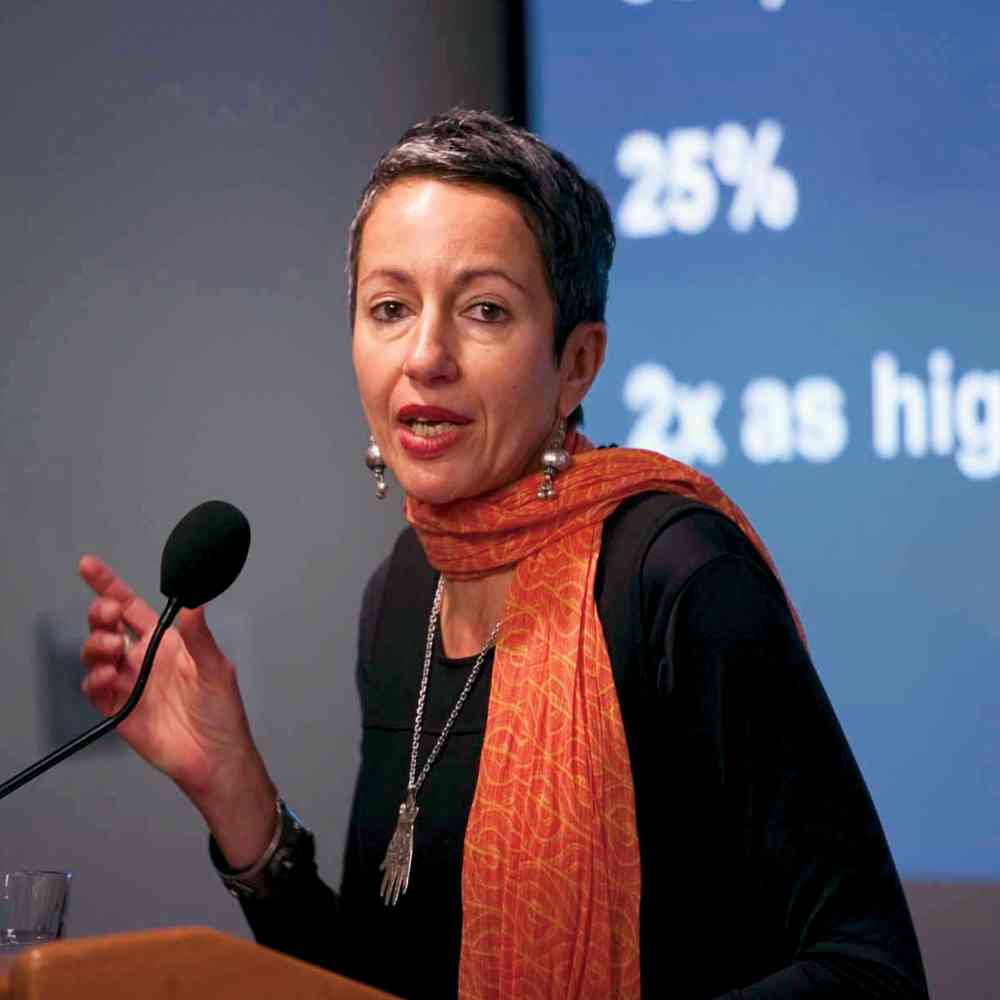
 © David Hawxhurst/Woodrow Wilson Center 2010
© David Hawxhurst/Woodrow Wilson Center 2010
Leila Hessini
Power doesn’t give up power. You have to advocate and fight for it. That’s why funding social movements matters.”
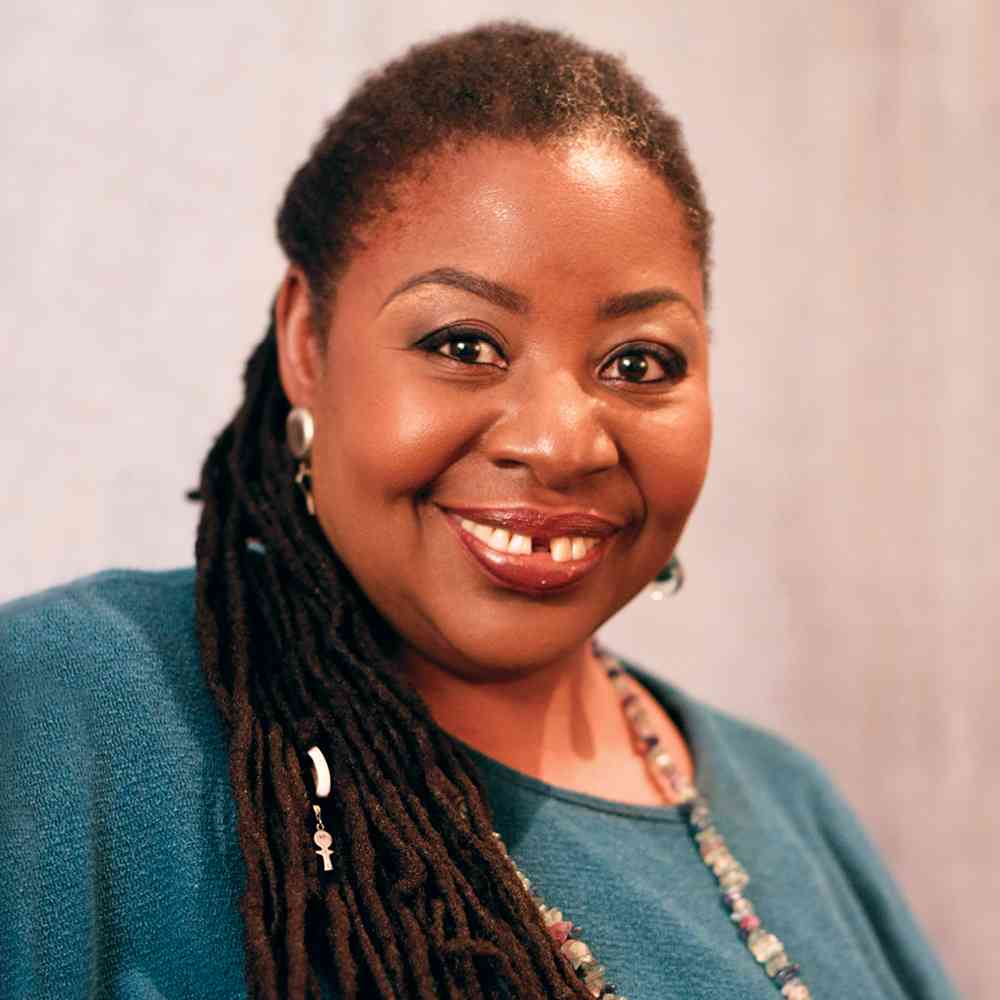
 © Loretta J. Ross
© Loretta J. Ross
Loretta J. Ross
Tell your truth and you’ll get amazing results.”
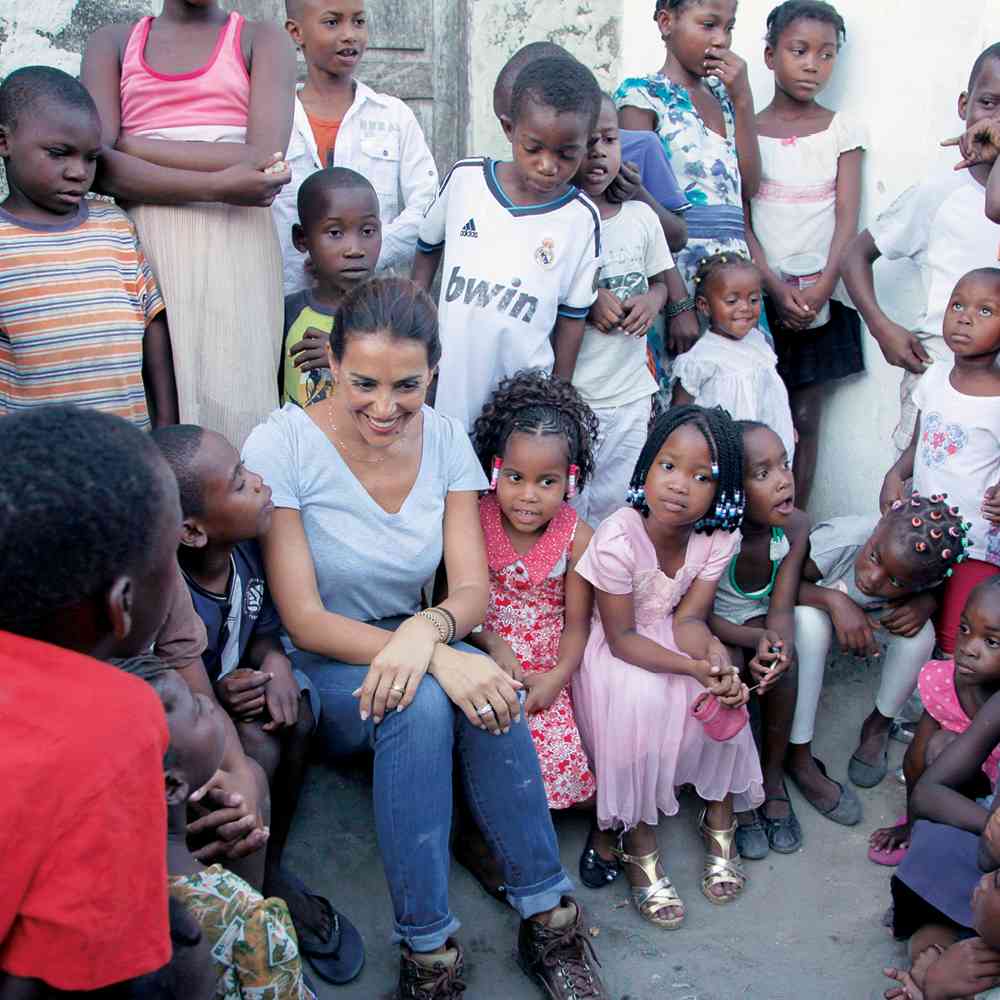
 © Ricardo Freitas
© Ricardo Freitas
Catarina Furtado
Catarina Furtado is one of the most well-known television personalities in Portugal as well as an activist, writer, TV documentary maker and advocate. She has been especially effective in addressing women’s and young people’s issues, rights and sustainable development in Portugal, in Portuguese-speaking countries in Africa, as well as in diaspora communities in her own country.

 © UNFPA/L. Anders Brown
© UNFPA/L. Anders Brown
Ashley Judd
Ashley Judd, author, humanitarian and actor, made a name for herself in Hollywood. But her talents and dedication go far beyond the screen. Increasingly her time and efforts have gone to addressing social injustices, especially those committed against women.

 © Ricardo Freitas
© Ricardo Freitas
Catarina Furtado
Catarina Furtado is one of the most well-known television personalities in Portugal as well as an activist, writer, TV documentary maker and advocate. She has been especially effective in addressing women’s and young people’s issues, rights and sustainable development in Portugal, in Portuguese-speaking countries in Africa, as well as in diaspora communities in her own country.
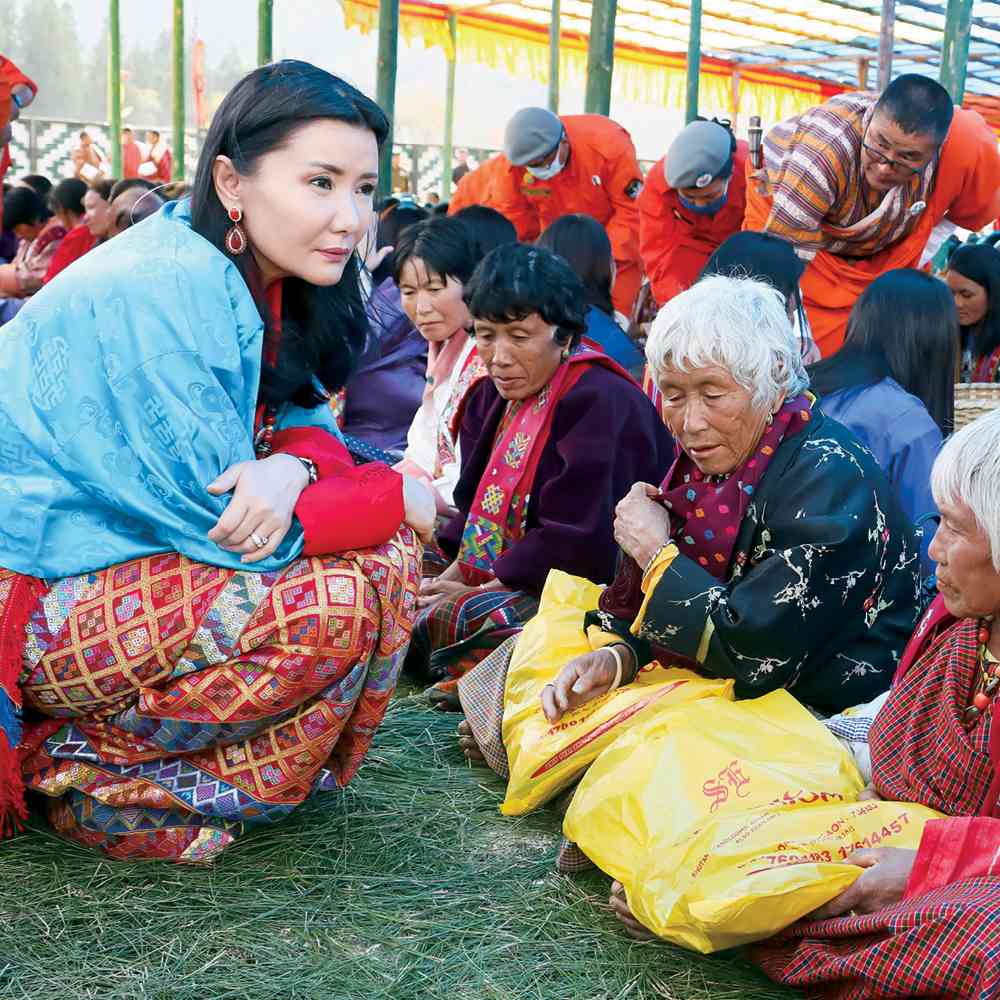
 © Office of Her Majesty Gyalyum Sangay Choden Wangchuck, Queen Mother of Bhutan
© Office of Her Majesty Gyalyum Sangay Choden Wangchuck, Queen Mother of Bhutan
Her Majesty Gyalyum Sangay Choden Wangchuck, Queen Mother of Bhutan
For over two decades, Her Majesty Gyalyum Sangay Choden Wangchuck, Queen Mother of Bhutan has been travelling to the furthest corners of the country, campaigning for the rights of women and young people, ensuring that access and choices belong equally to every individual.
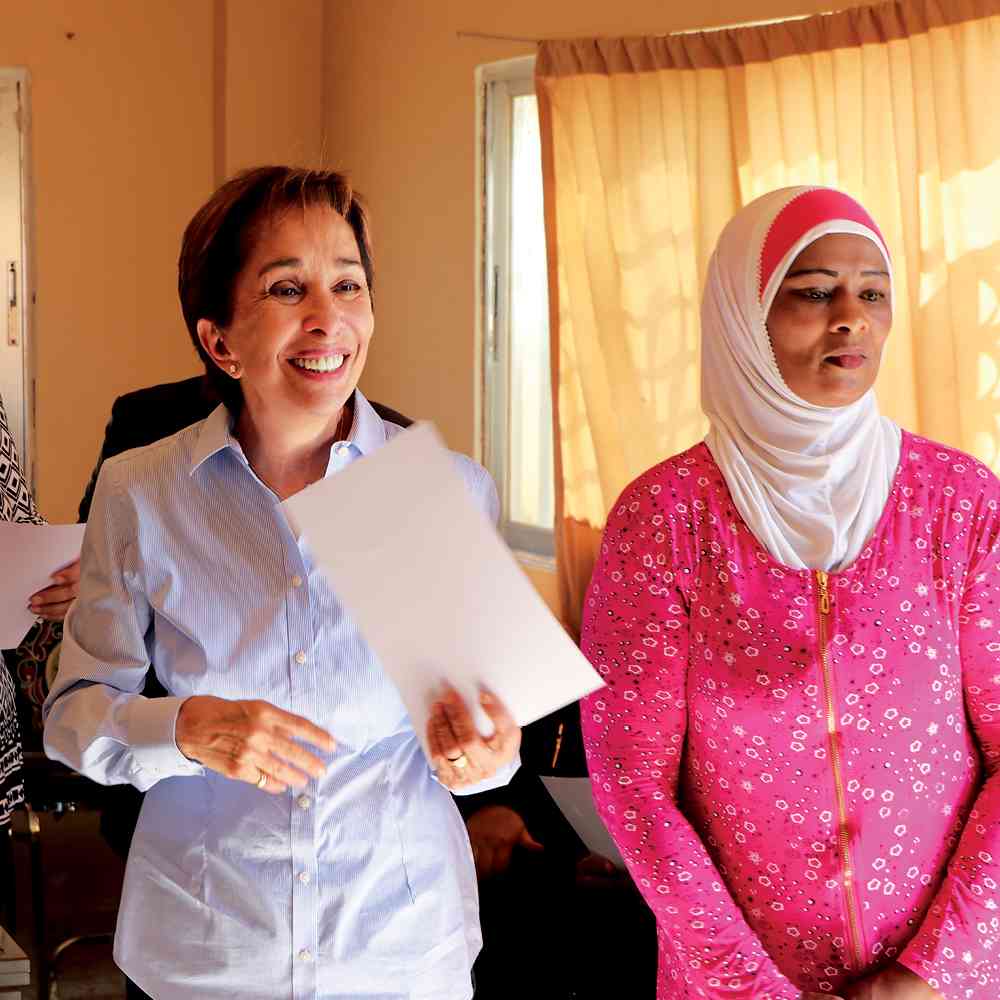
 © ILO/Abdel Hameed Al Nasier
© ILO/Abdel Hameed Al Nasier
Princess Basma Bint Talal
In Jordan, the name of Princess Basma Bint Talal is practically synonymous with sustainable human development, especially projects that promote the well-being of women and children.

